Matt Damon has had a rough time in the press lately, and it’s consistently been brought on by his own statements. In his documentary series about the film industry, Project Greenlight, Damon lectured a black filmmaker about diversity, for which he later apologized. And in an interview meant to promote his new movie The Martian, Damon suggested that gay actors should not be public about their sexuality, saying: “In terms of actors, I think you’re a better actor the less people know about you period. And sexuality is a huge part of that. Whether you’re straight or gay, people shouldn’t know anything about your sexuality because that’s one of the mysteries that you should be able to play.”
It would follow that gay actors shouldn’t come out, that telling the world about their sexuality runs counter to the goals of an effective actor. What’s strangest of all is that this line of thinking comes after Damon, in the same interview, describes how painful it was to be considered Ben Affleck’s lover in the 1990s and briefly describes his family happiness. If Damon really believed actors ought to reveal nothing about their personal lives, even this would seem too much; that he’s giving gay people unsolicited advice, which he doesn’t follow, about how to live their lives seems like an unforced error at best.
Mad Max: Fury Road
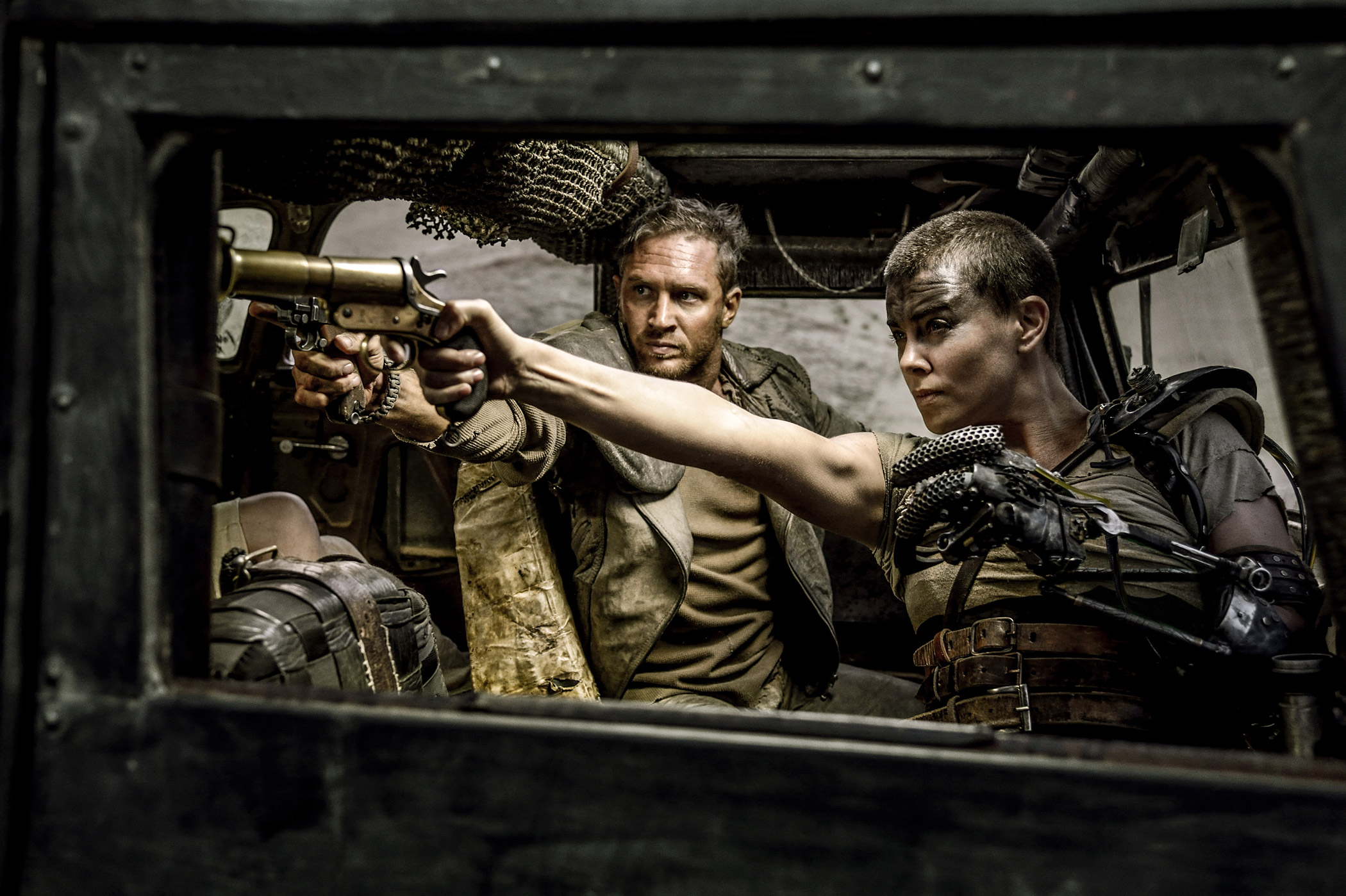
In a summer full of CGI dinosaurs and robots, Mad Max: Fury Road proves that action blockbusters can still be the sort of high art that gets a standing ovation at the prestigious Cannes Film Festival. Director George Miller not only perfected the form, building the rickety fire-shooting vehicles from scratch, but adds narrative heft, taking on serious issues like sex slavery in a nuanced way.
—Eliana Dockterman
It Follows

As a premise, “pretty teen girl running from certain doom” may not sound like the makings of an inventive horror film. Yet David Robert Mitchell’s indie sensibility makes the movie unlike any thriller you’ve seen before, while still paying homage to the best traditions of the form.
—Sarah Begley
Far From the Madding Crowd

The new adaptation of Thomas Hardy’s novel appeals to the Pride and Prejudice set, but with more subtlety and sadness than most Austen films, plus a hearty heaping of rustic drudgery. Carey Mulligan’s gutsy Bathsheba gets swept off her feet like the best of her 19th century romantic peers, but without their usual histrionics—somewhere between Lean In and Wuthering Heights.
—Sarah Begley
Love & Mercy
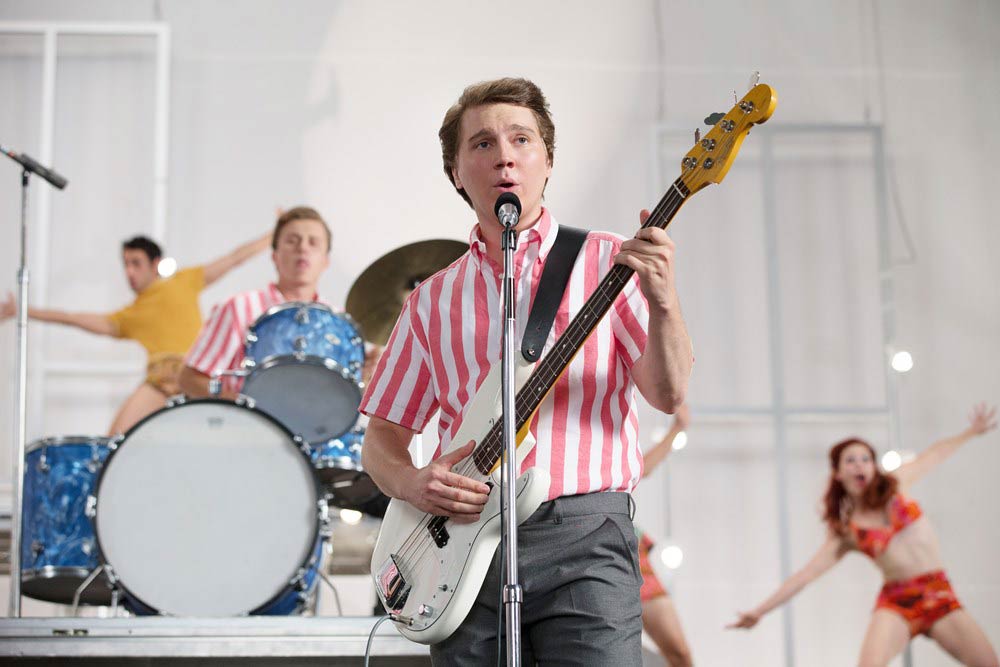
Paul Dano fulfills the promise of roles in Little Miss Sunshine and There Will Be Blood as a young Brian Wilson, the Beach Boy who’s going slowly mad while recording the group’s landmark album Pet Sounds. John Cusack shows us the older Wilson, now paralyzed by overmedication at the hands of a villain. It’s a gripping story of mental illness, which is sadly all too common, and true musical genius—which is extremely rare.
—Sarah Begley
MORE The Top 10 Best Movie Performances of 2015
Furious 7
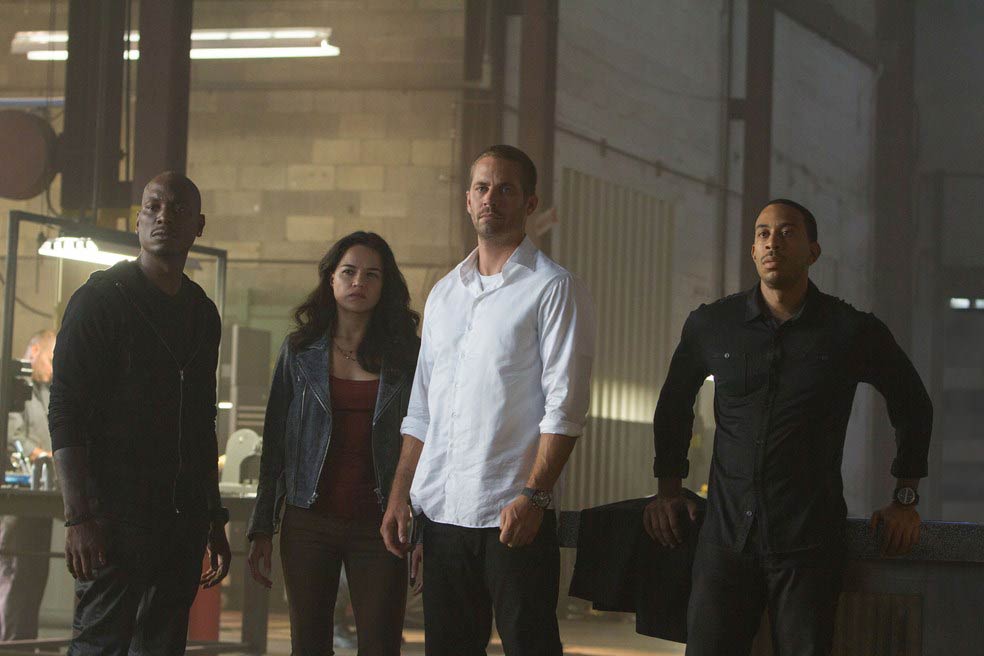
Each Fast & Furious movie has gleefully attempted to outdo the previous one. Brought down a plane in the last movie? How about making cars fly out of one in the next? While Furious 7 doubled down on its self-consciously corny lines and over-the-top stunts—crashing cars through not one, not two, but three high rises—it also took a moment to give a surprisingly moving send off to star Paul Walker, who died in 2013. While he will be missed, this increasingly diverse franchise has a bright future.
—Eliana Dockterman
Ex Machina
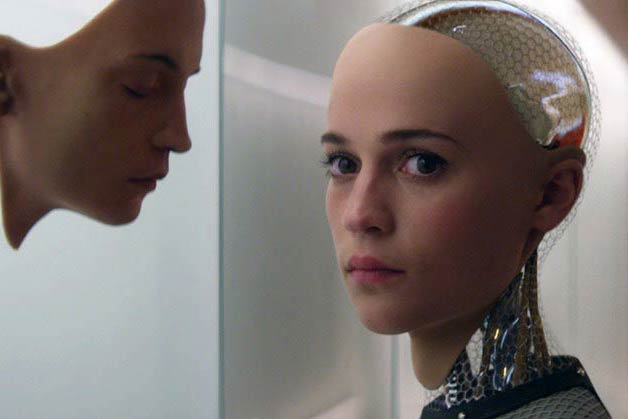
Alicia Vikander’s breakout year hinged on her spooky turn as a robot who may or may not have motives of her own. But this sci-fi thriller got its thrust from the creepy bond between the two men obsessed with Ava: tech billionaire Oscar Isaac and humble employee Domhnall Gleeson.
—Dan D’Addario
MORE The Top 10 Best Movies 0f 2015
Clouds of Sils Maria
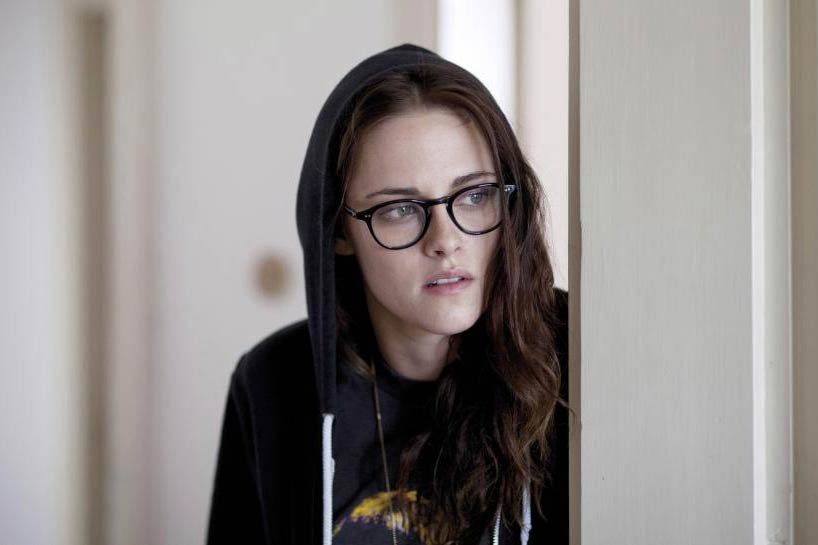
Freed from Twilight, Kristen Stewart showed flashes of both savage intelligence and newfound sensitivity as the personal assistant to Juliette Binoche’s pampered, neurotic actress. The film works as both insider moviemaking satire and an enigmatic tribute to intergenerational bonds between women.
—Dan D’Addario
Welcome to Me

Kristen Wiig, at her best, has always had a far more barbed edge than her comedy contemporaries; there’s real bite, and pathos, to her most memorable characters. Add Alice Klieg to that pantheon. Wiig commits utterly to the story of an ill woman who spends her lottery winnings on a five-day-a-week talk show dedicated to praising herself and shaming her enemies. It works as comment on our media age, but soars as a portrait of suffering that only Wiig could make hilarious.
—Dan D’Addario
Dope
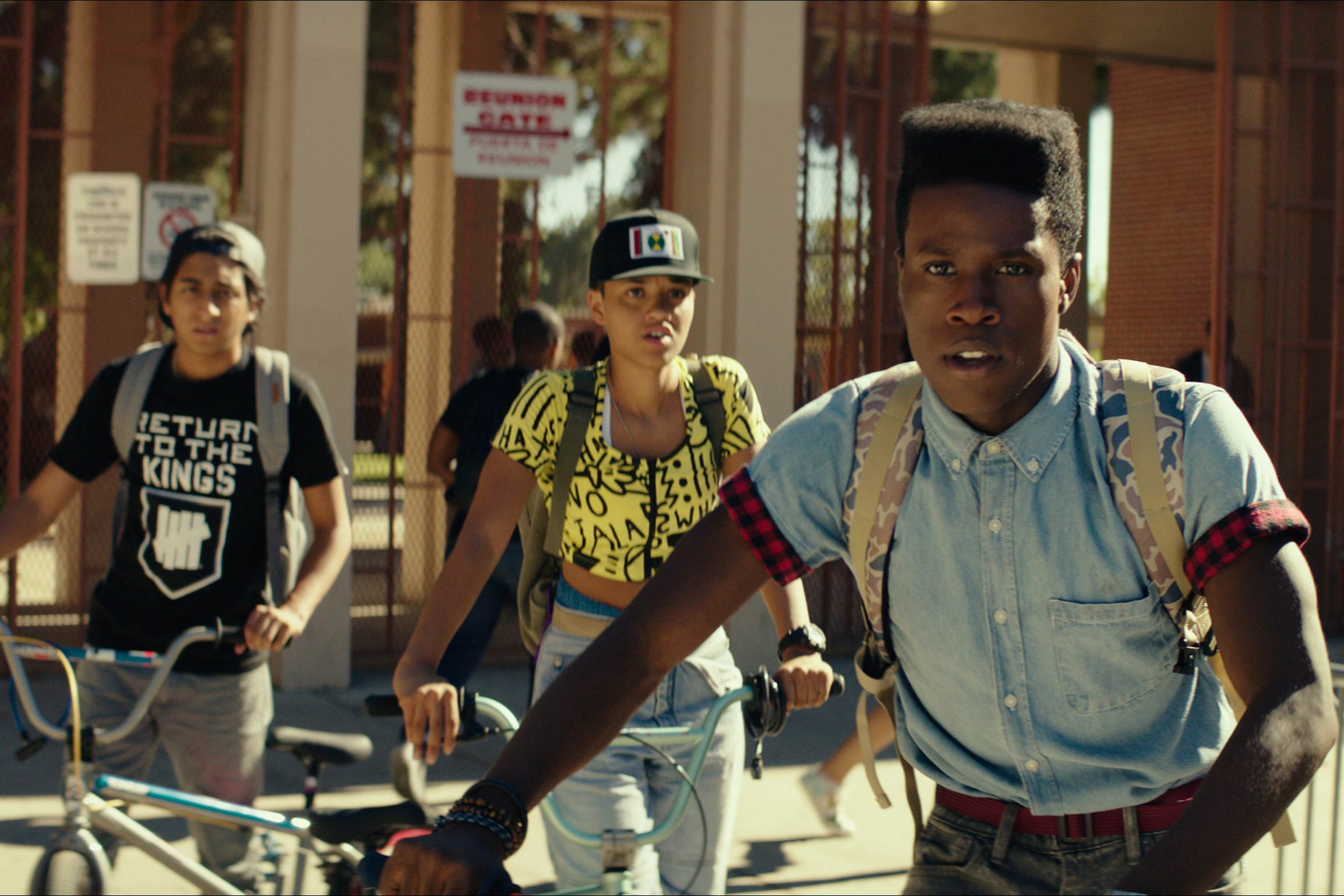
Writer-director Rick Famuyiwa’s tale about a nerdy black teen obsessed with ’90s hip hop culture rejects the trappings the typical coming-of-age flick, starting with its setting: Inglewood, Calif., otherwise known as “The Bottoms.” Newcomer Shameik Moore’s portrayal of Malcolm, who’s stuck between his ambition for a spot at Harvard and the whac-a-mole of obstacles that keep popping up to thwart him, thrusts the rising star into the well-deserved spotlight.
—Eliza Berman
Me and Earl and the Dying Girl

Director Alfonso Gomez-Rejon’s adaptation of Jesse Andrews’ young adult novel is a love letter to his late father and a tribute to the cinema greats who professionally reared him—and the movie’s labor-of-love origins are felt throughout. Though its plot, in which a high school senior is forced by his parents to befriend a classmate with leukemia, begs comparisons to The Fault in Our Stars, the movie defies categorization as a typical teen cancer rom-com by keeping its quirky protagonists in the realm of friendship.
—Eliza Berman
The Boy Next Door

No, you didn’t stumble onto the list of worst movies so far, and no, this wasn’t included to make a larger point about how The Boy Next Door is the rare thriller that lets a middle-aged heroine objectify a dude for a change. (In that way, it’s basically the “I Luh Ya Papi” video of thrillers.) The Boy Next Door gets its due here because the cheap twists and unintentionally laugh-out-loud dialogue (first edition of The Iliad, anyone?) made for one of the most deliriously fun theater-going experiences of 2015.
—Nolan Feeney
Damon has already suggested, in a follow-up interview with Ellen DeGeneres, that his remarks were taken out of context and sensationalized by online media. This is the frustrating sort of remark that’s not, strictly speaking, provable—the full context of what Damon said is known only to himself and his interviewer—but which manages to entirely sidestep clarifying his beliefs. The Matt Damon the public has now seen twice in recent weeks is a person whose openness about his beliefs is a double-edged sword. It’s admirable Damon is so unguarded about speaking freely (most actors on his level likely wouldn’t have a documentary series at all), but he seems to bristle whenever he runs up against anything that challenges his beliefs. His “apology” for the Project Greenlight incident is a classic sorry-if-you-were-offended non-apology, going so far as to congratulate himself: “My comments were part of a much broader conversation about diversity in Hollywood and the fundamental nature of Project Greenlight which did not make the show. I am sorry that they offended some people, but, at the very least, I am happy that they started a conversation about diversity in Hollywood.” And his defense of his recent comments is, more or less, that we should trust him that he’s not homophobic.
But no one was seriously alleging Damon was a homophobe in the first place. Damon, a star who came to prominence a generation ago, is used to being able to control the message; the free-for-all of the web has now seemed to shock him twice in recent memory. The criticism of Damon’s comments on actors hiding their sexuality wasn’t that it was monstrous; it was simply the observation that a straight actor can “keep his private life private” while walking red carpets with his spouse, which a gay actor simply cannot. There are people out there who know more about the experiences of gay people than does Damon, and when they reacted to Damon’s comments, he simply kept talking over them, louder.
It’s a strategy that feels taken from another era of star-making, and one that’s gone from making him look less-than-enlightened to raising real questions about why he cares this much about why actors should keep their private lives private. In his clarification of his remarks, Damon reiterated to Ellen DeGeneres how painful it was to be mistaken for gay in the 1990s. If this is informing his current crusade, maybe it’s time he moved on.
See Photos of Celebrities at the 2015 Emmys
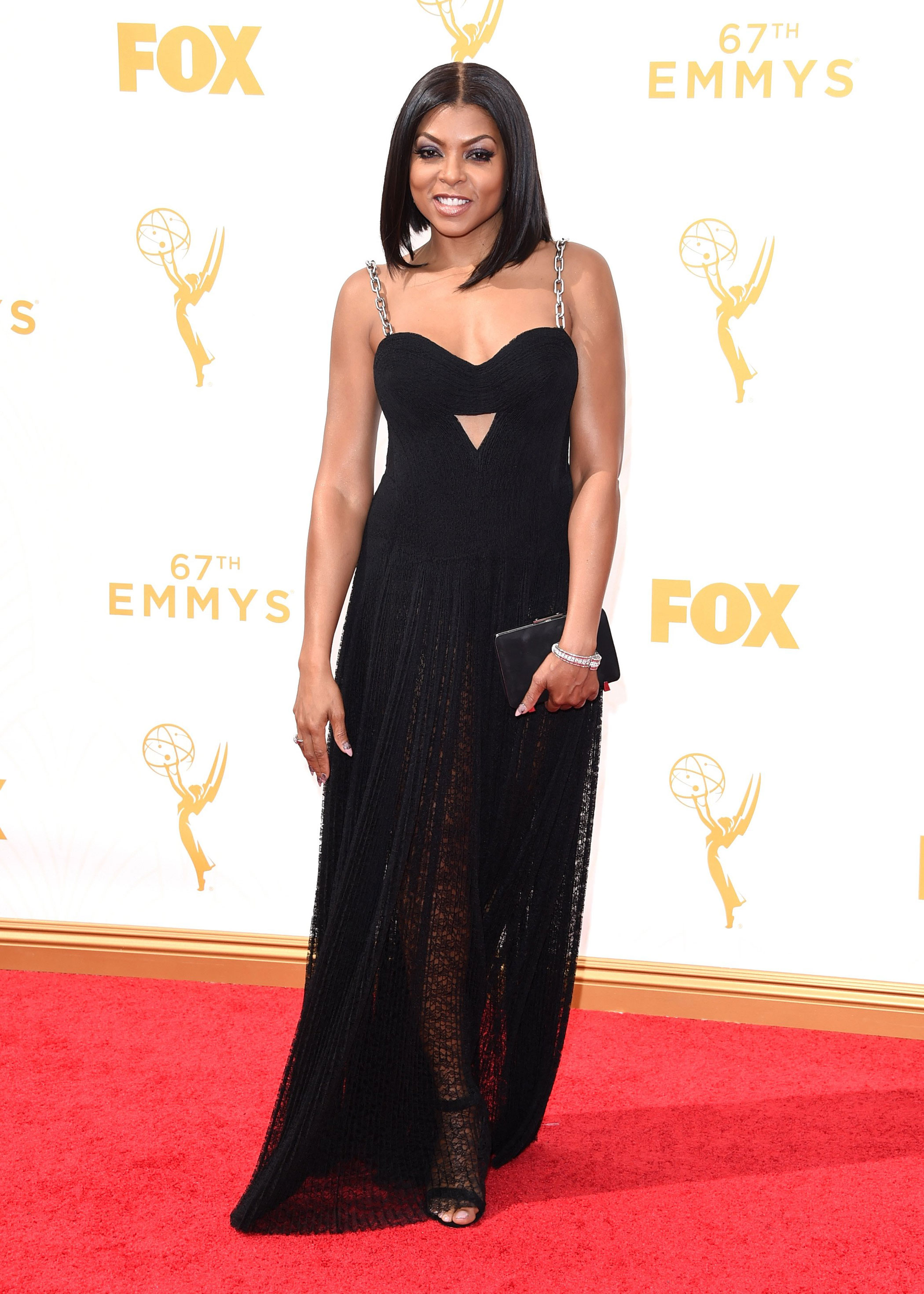
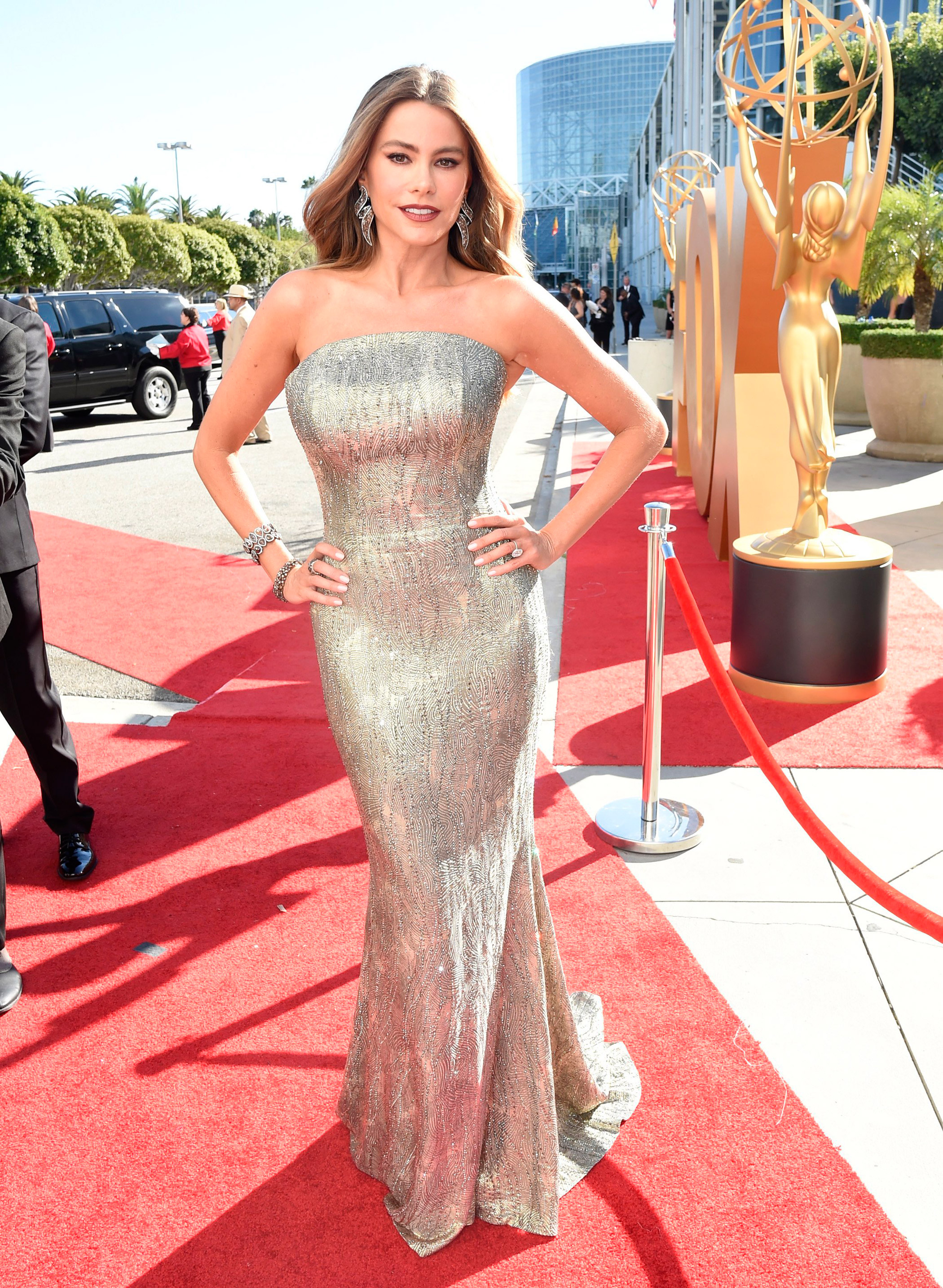
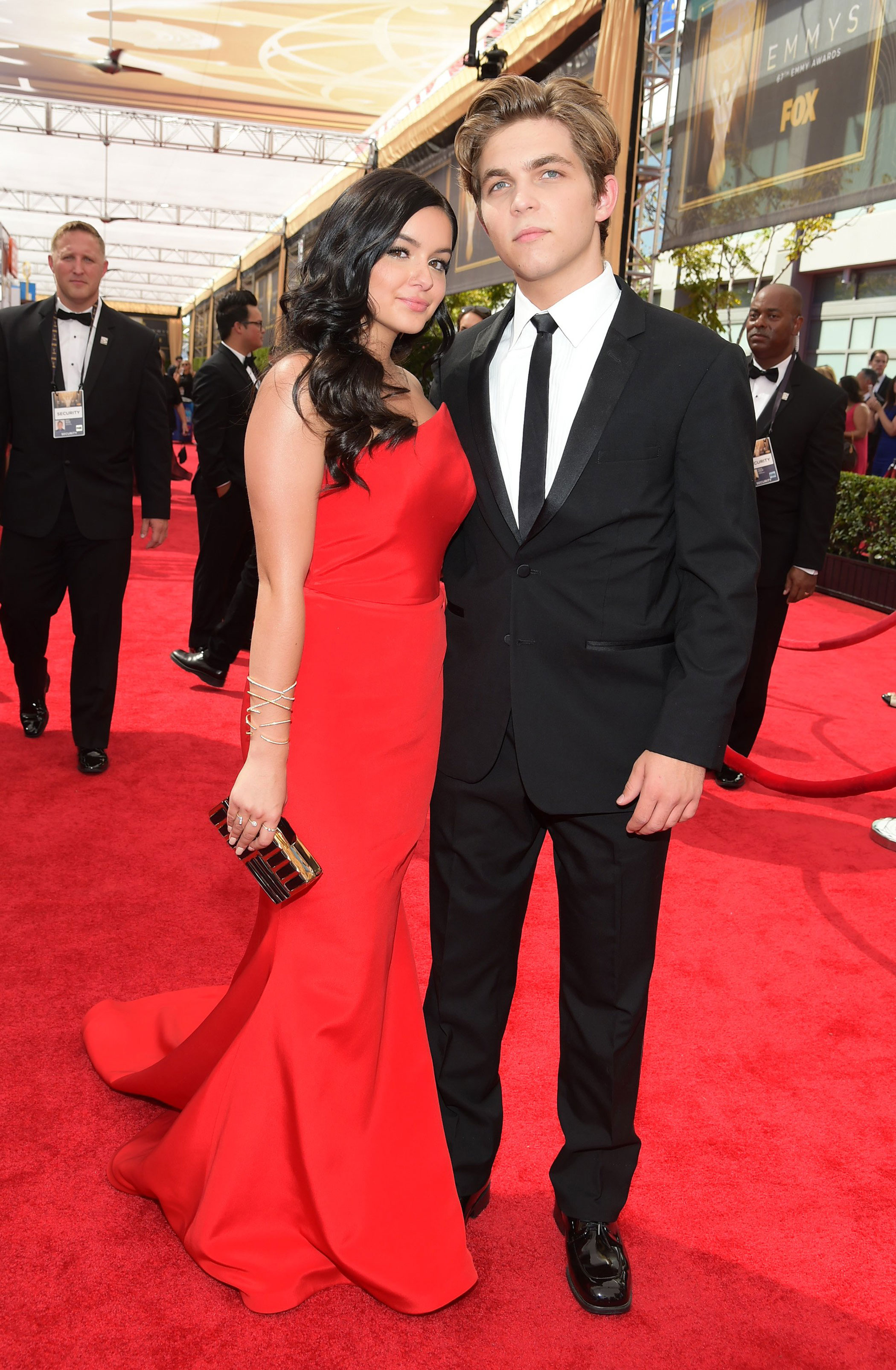
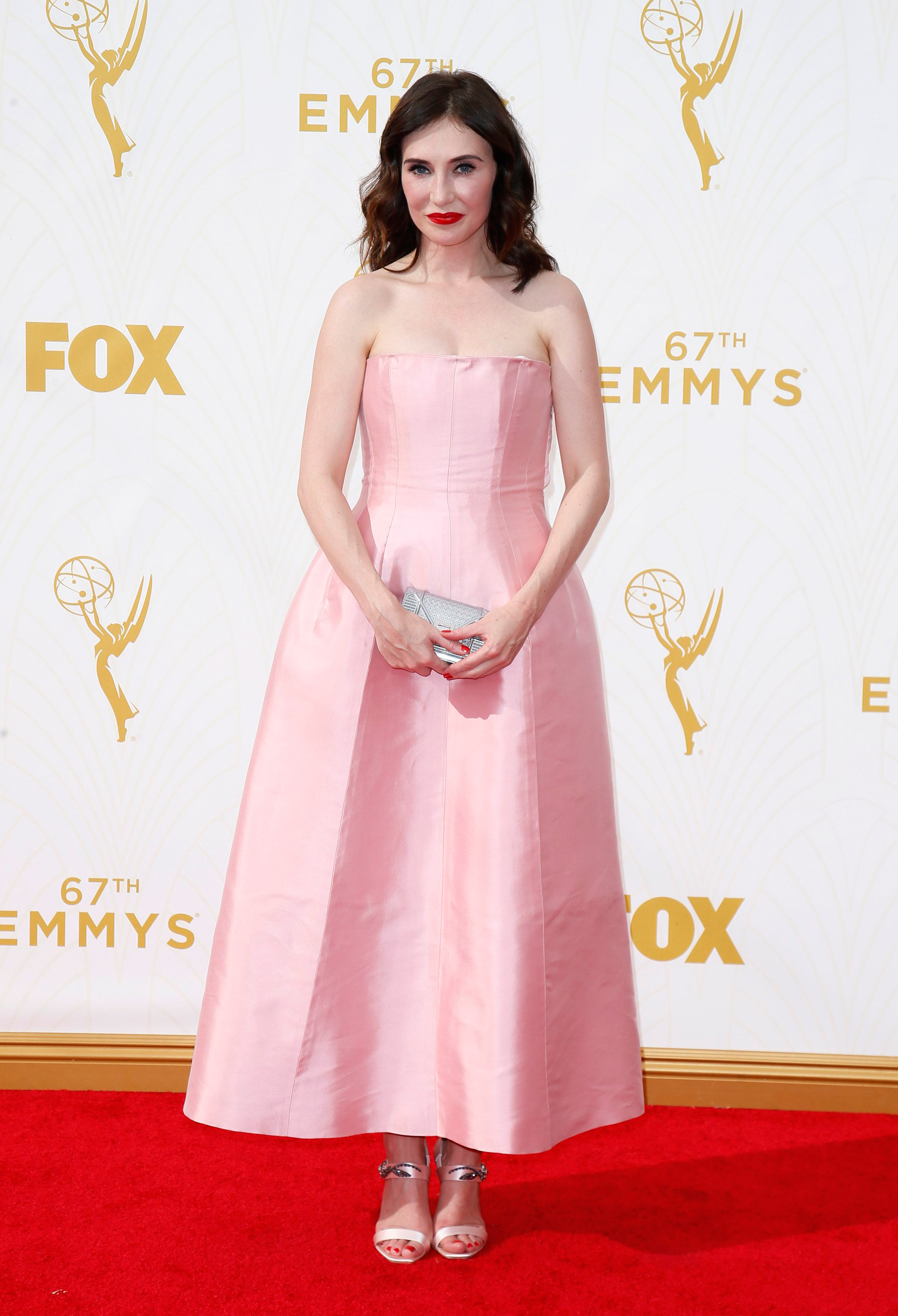
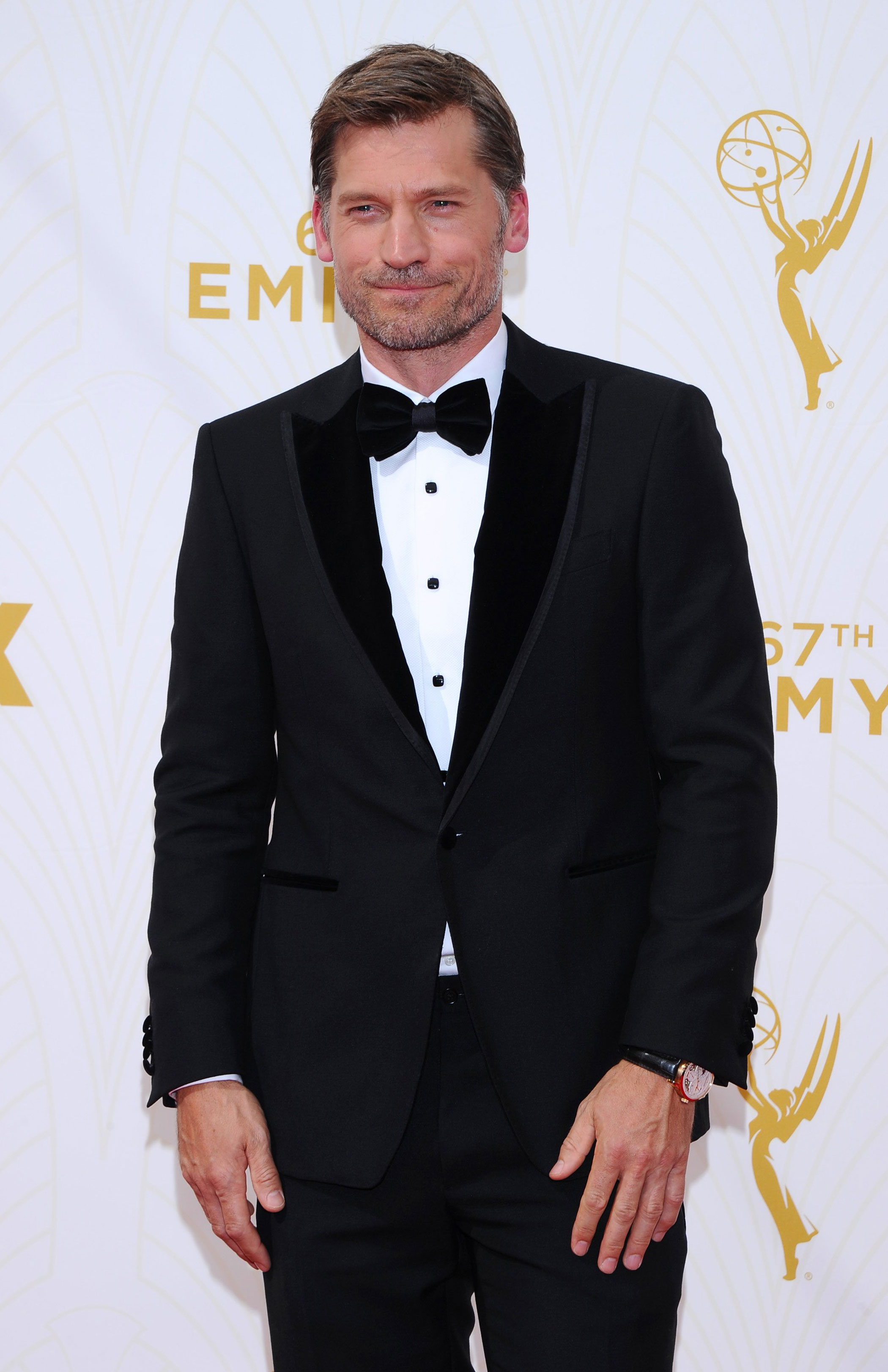
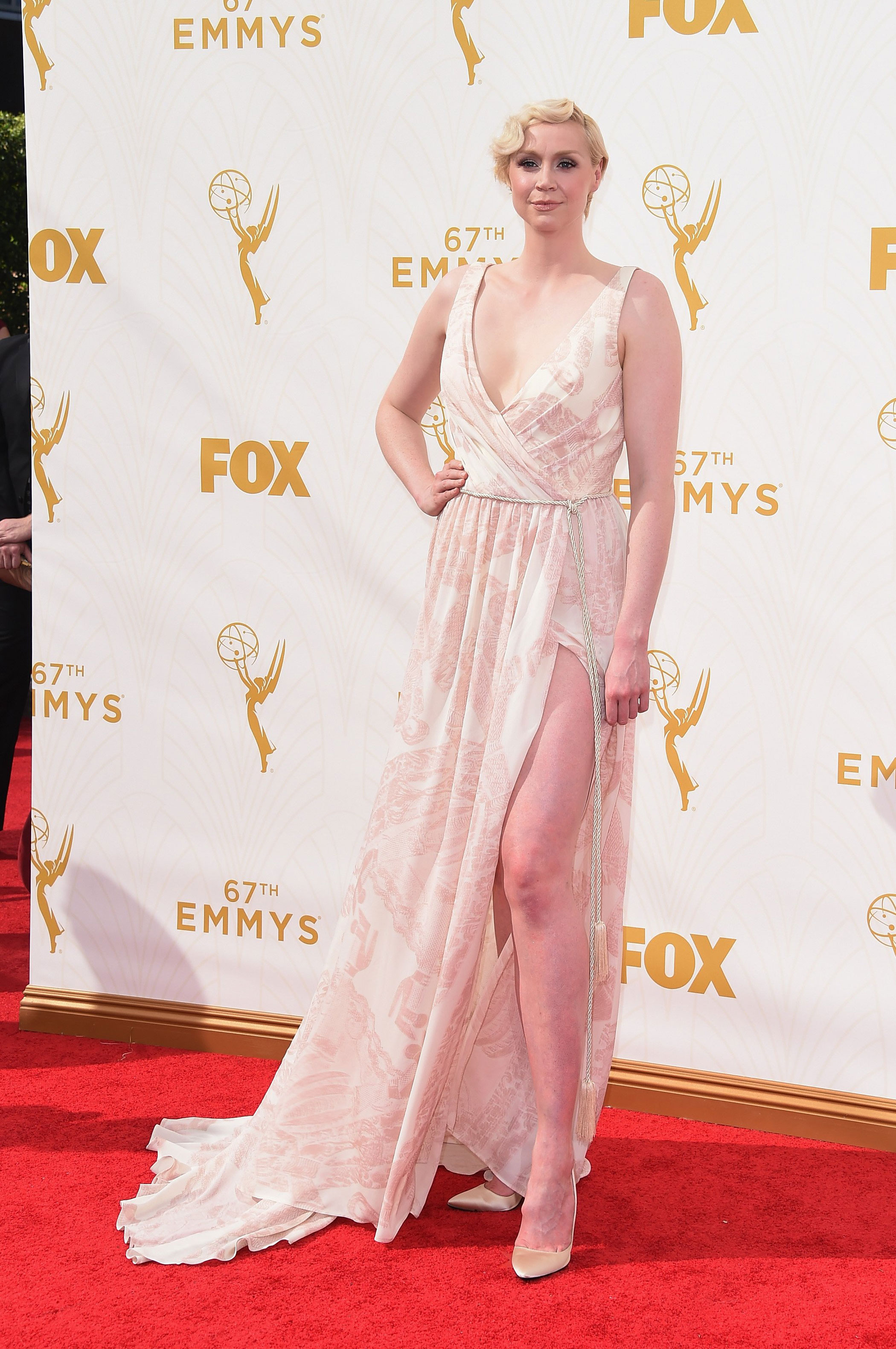


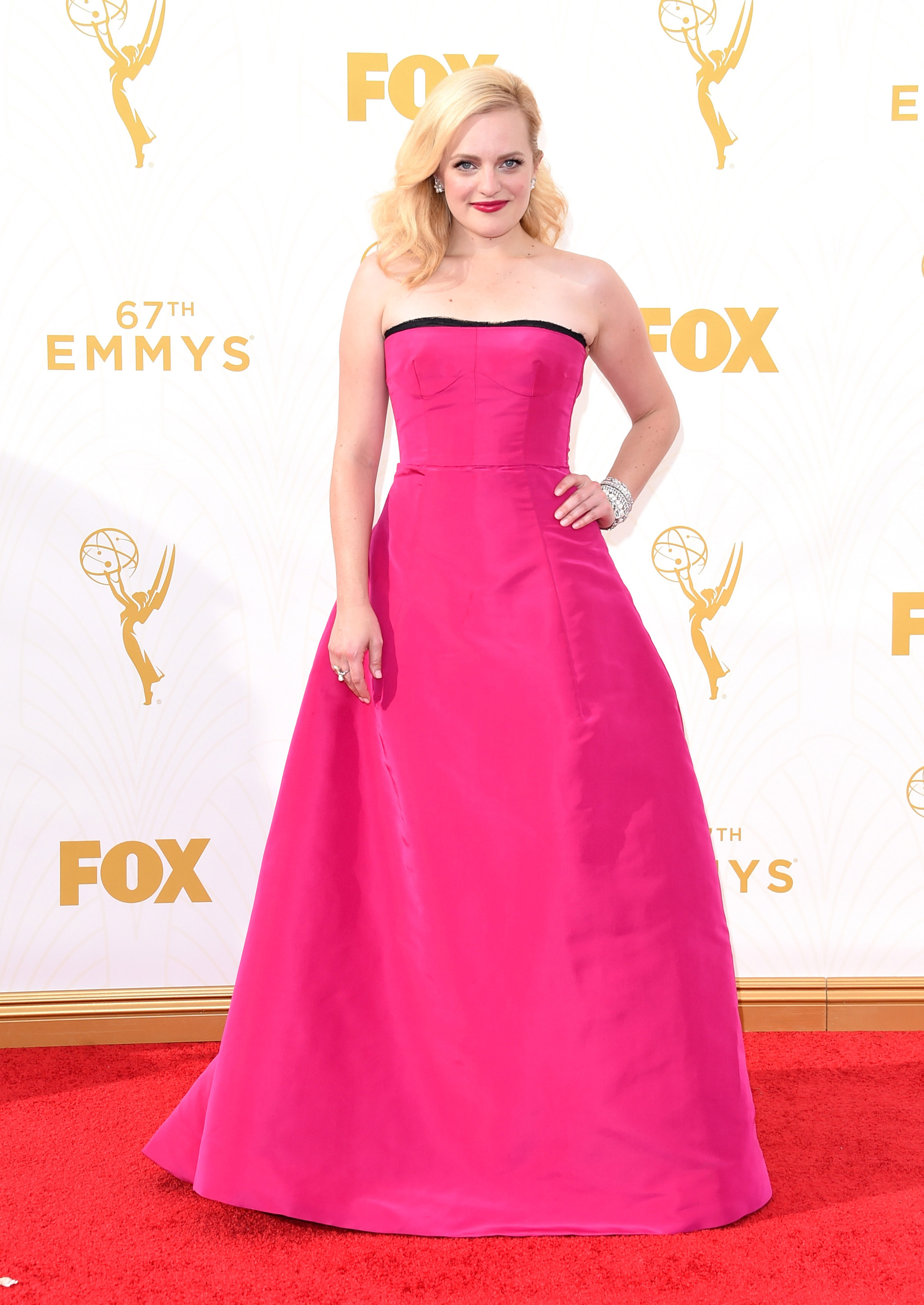

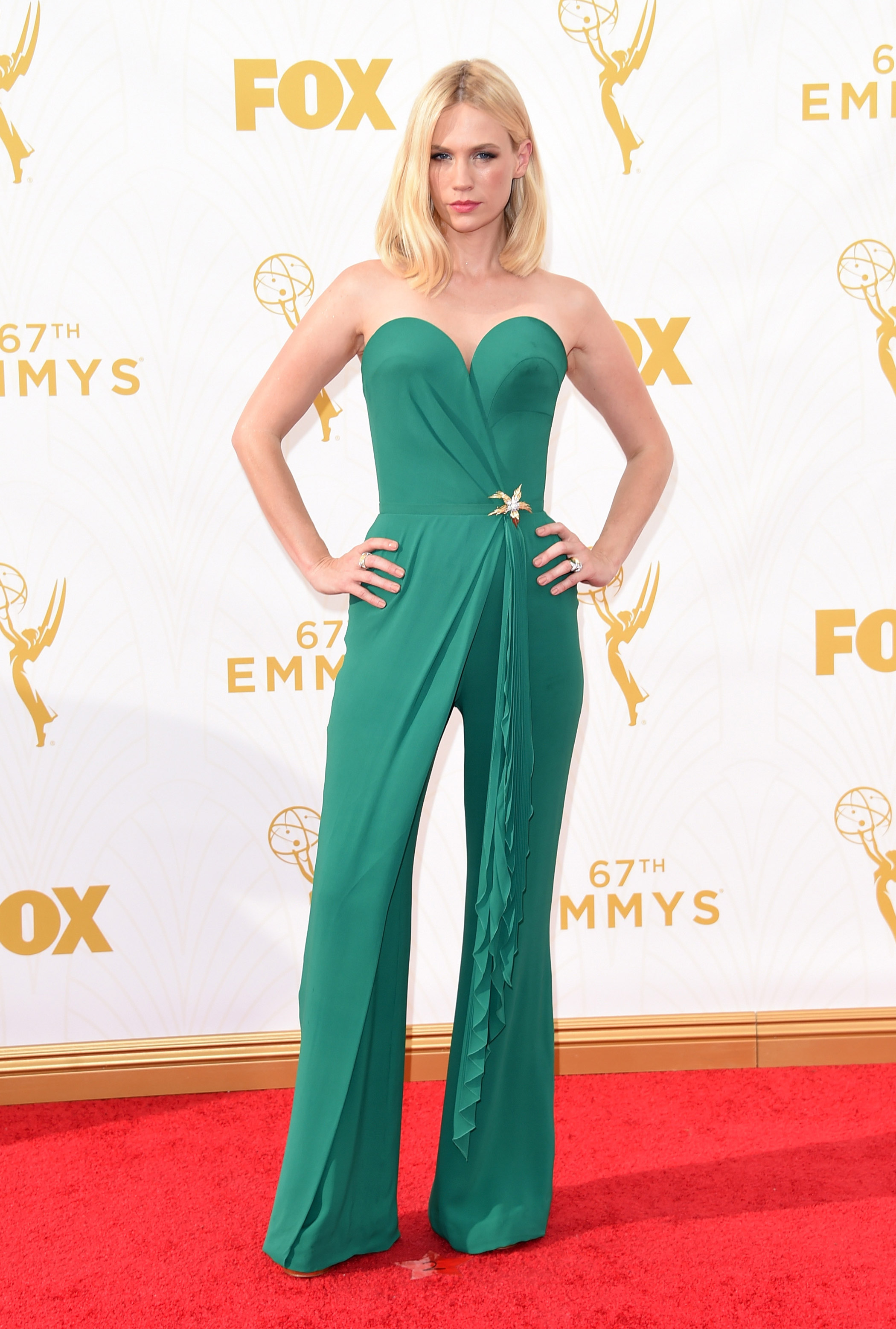

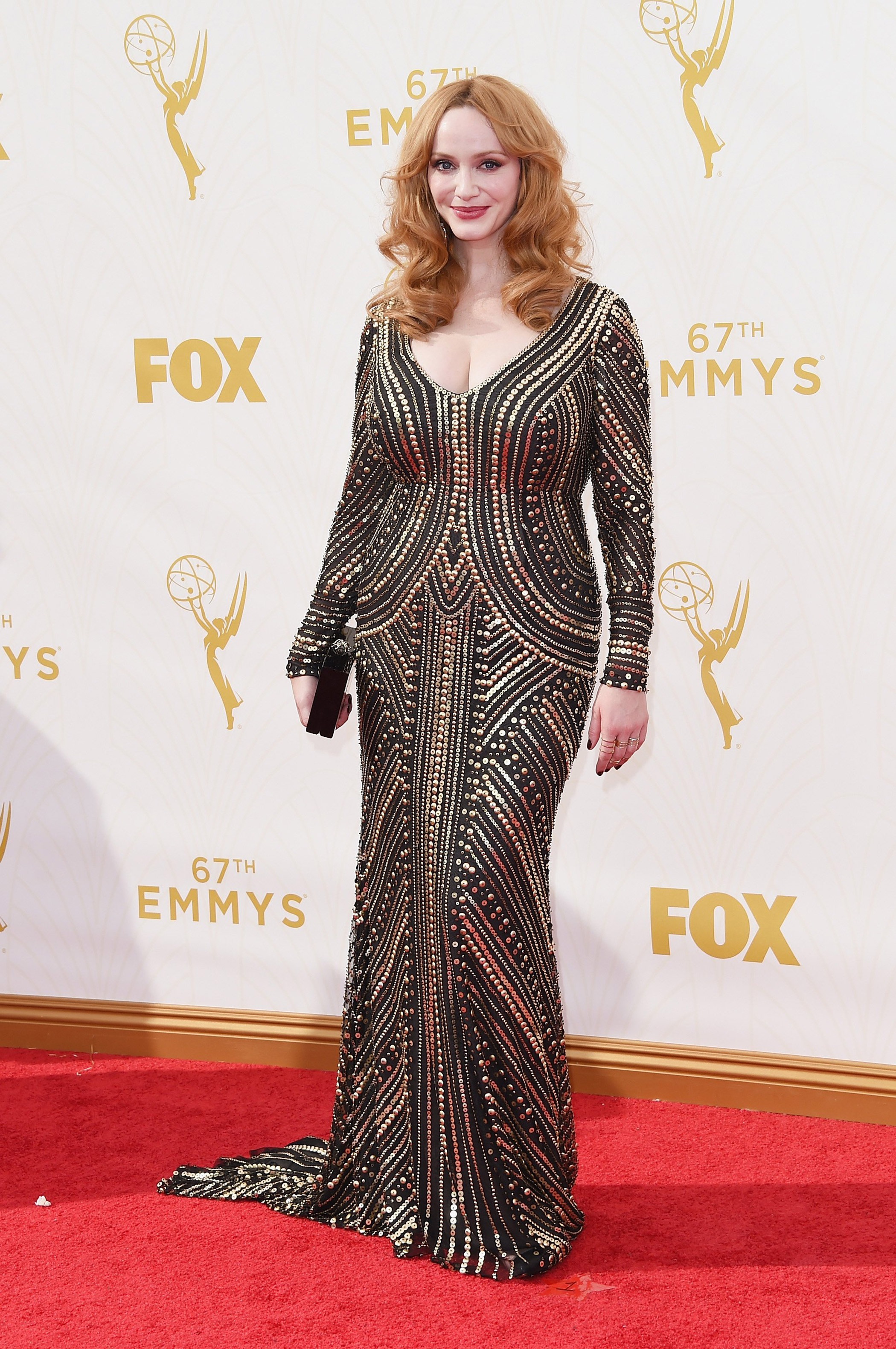
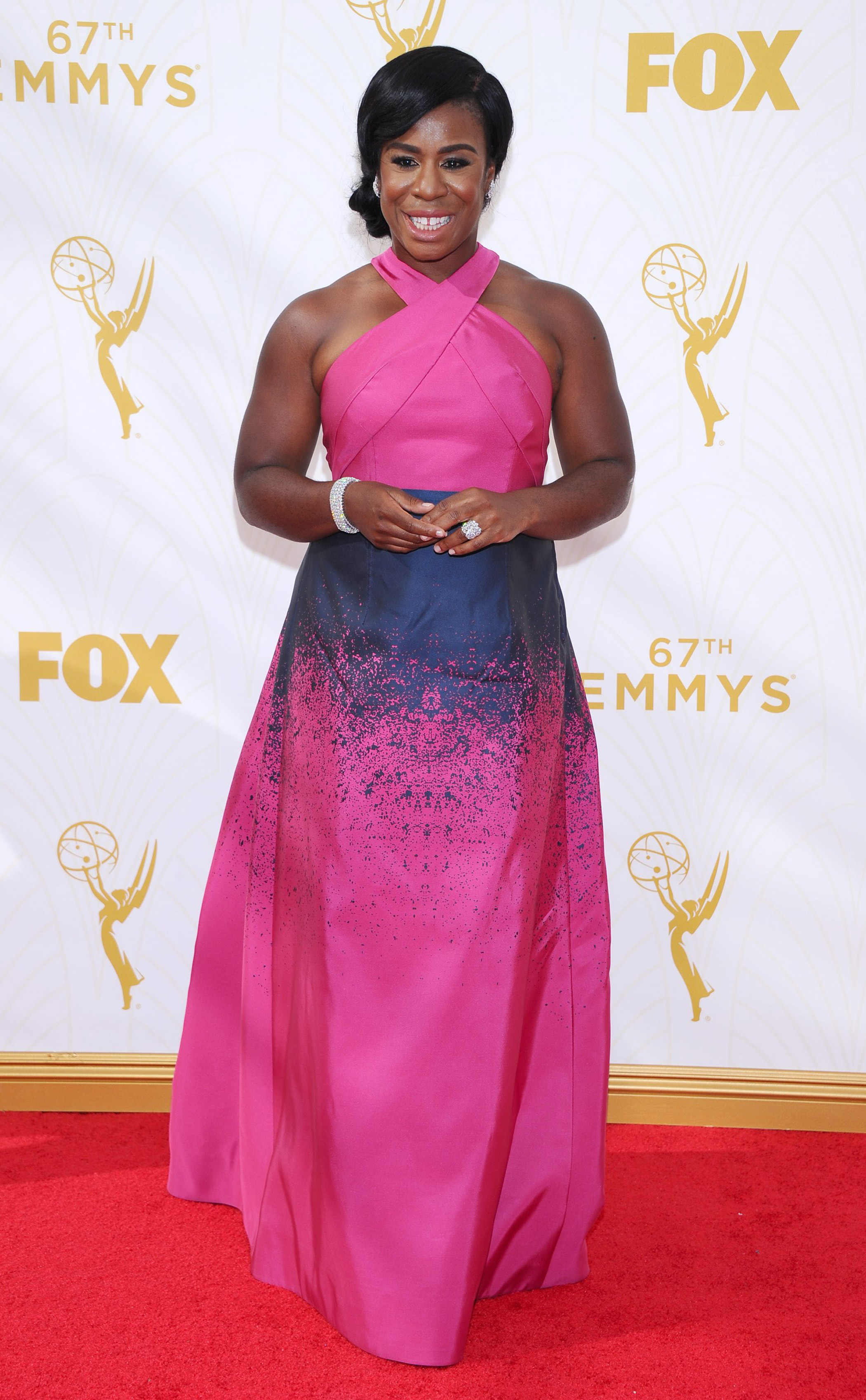
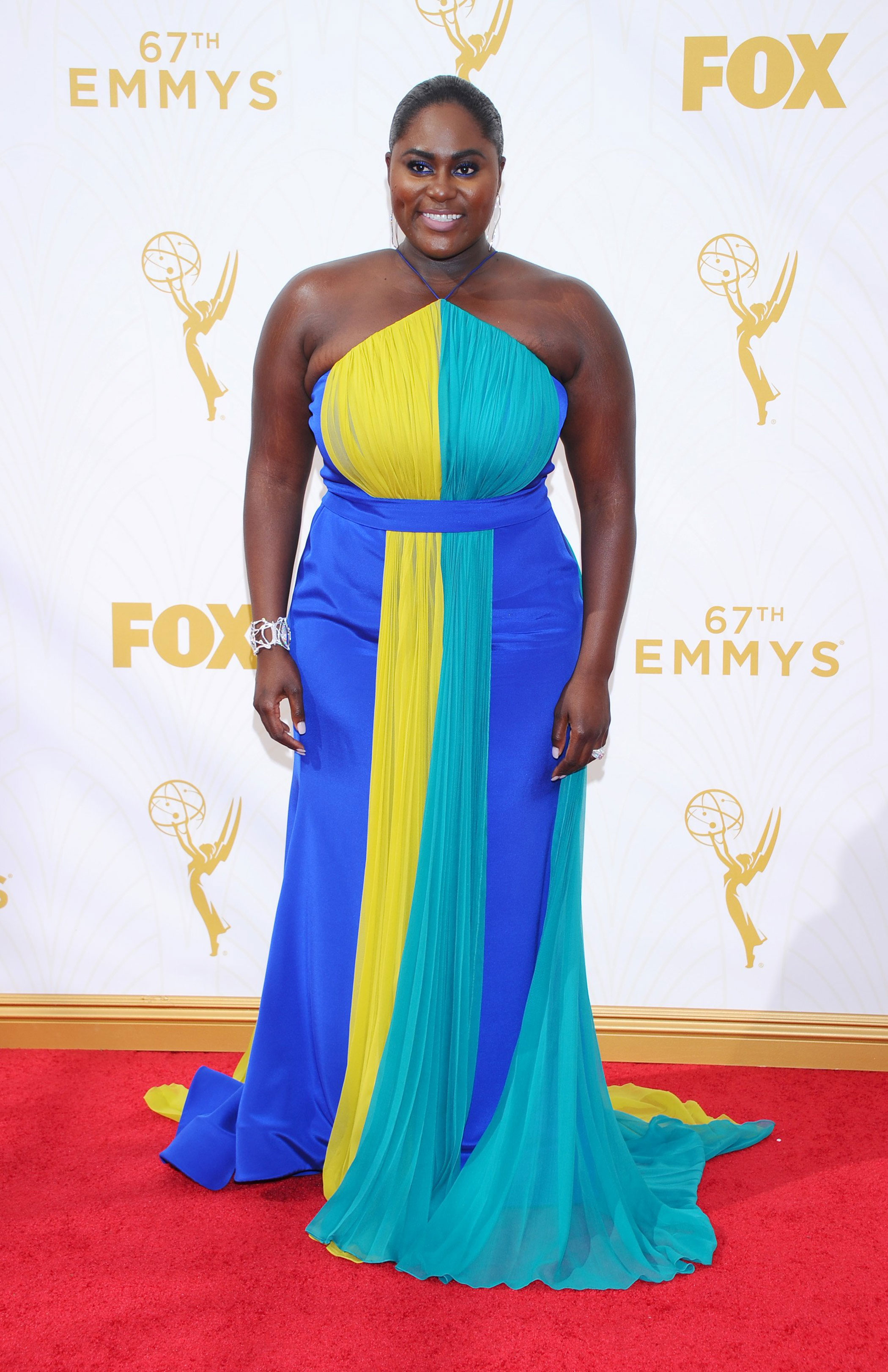
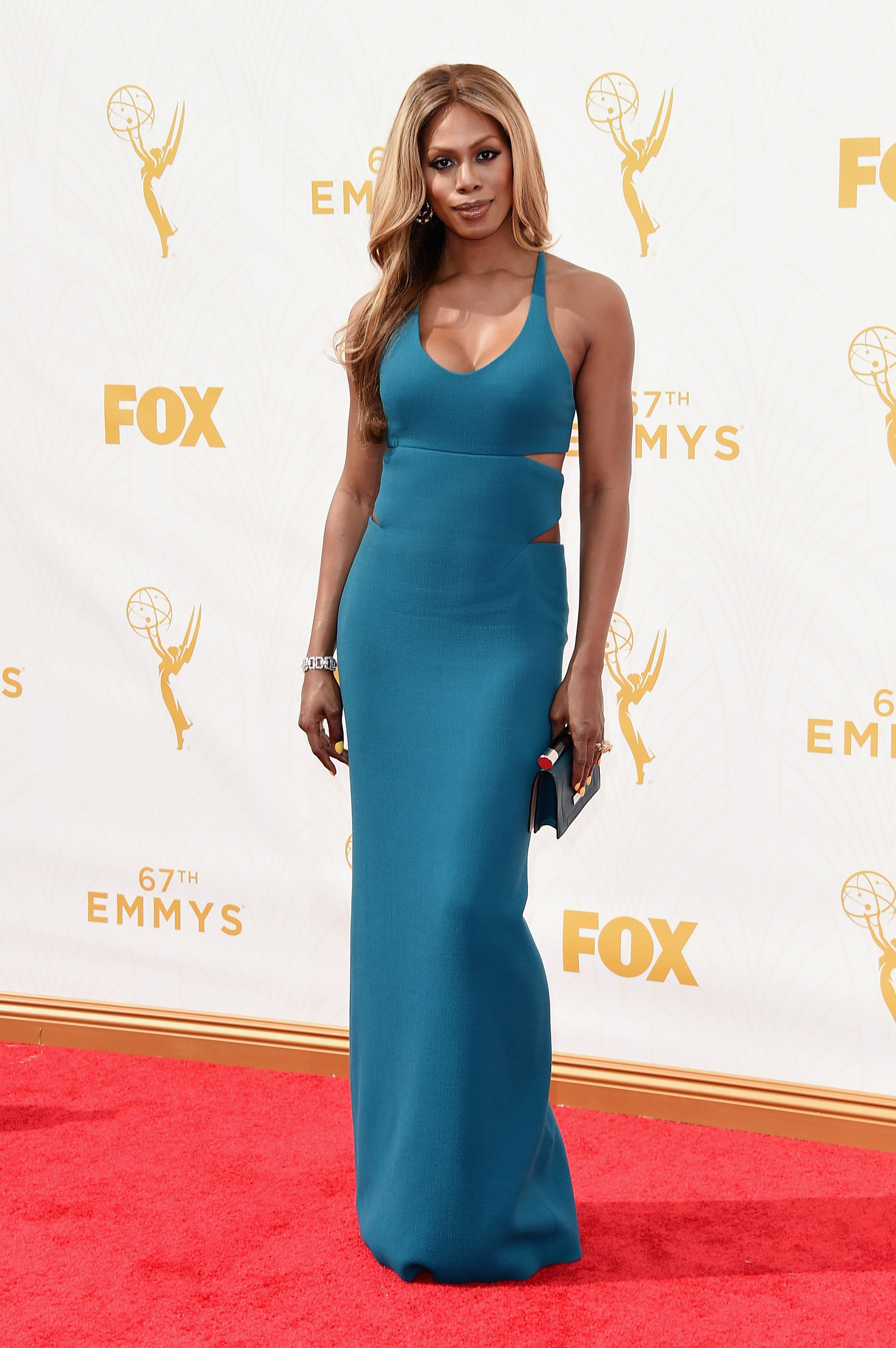
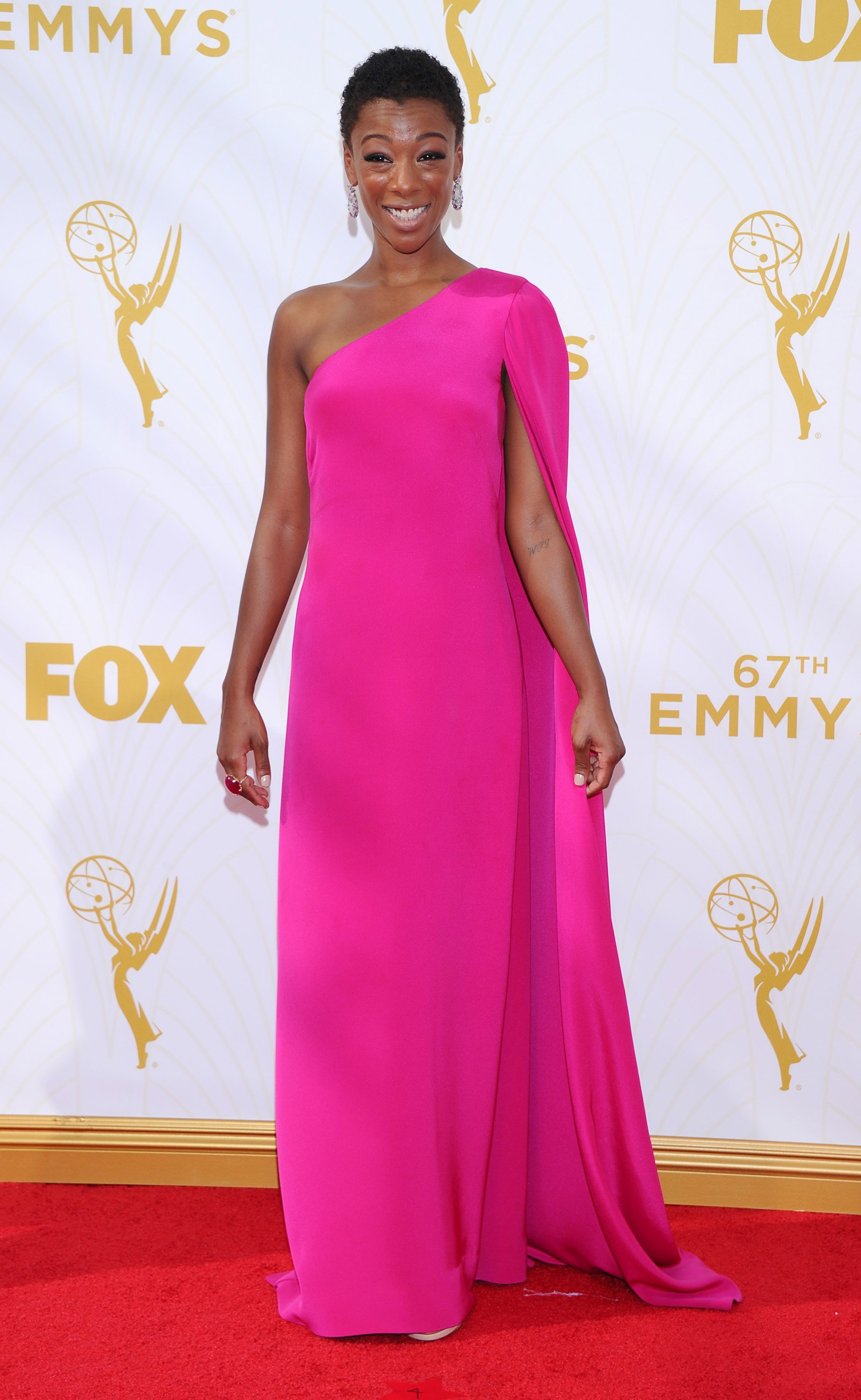
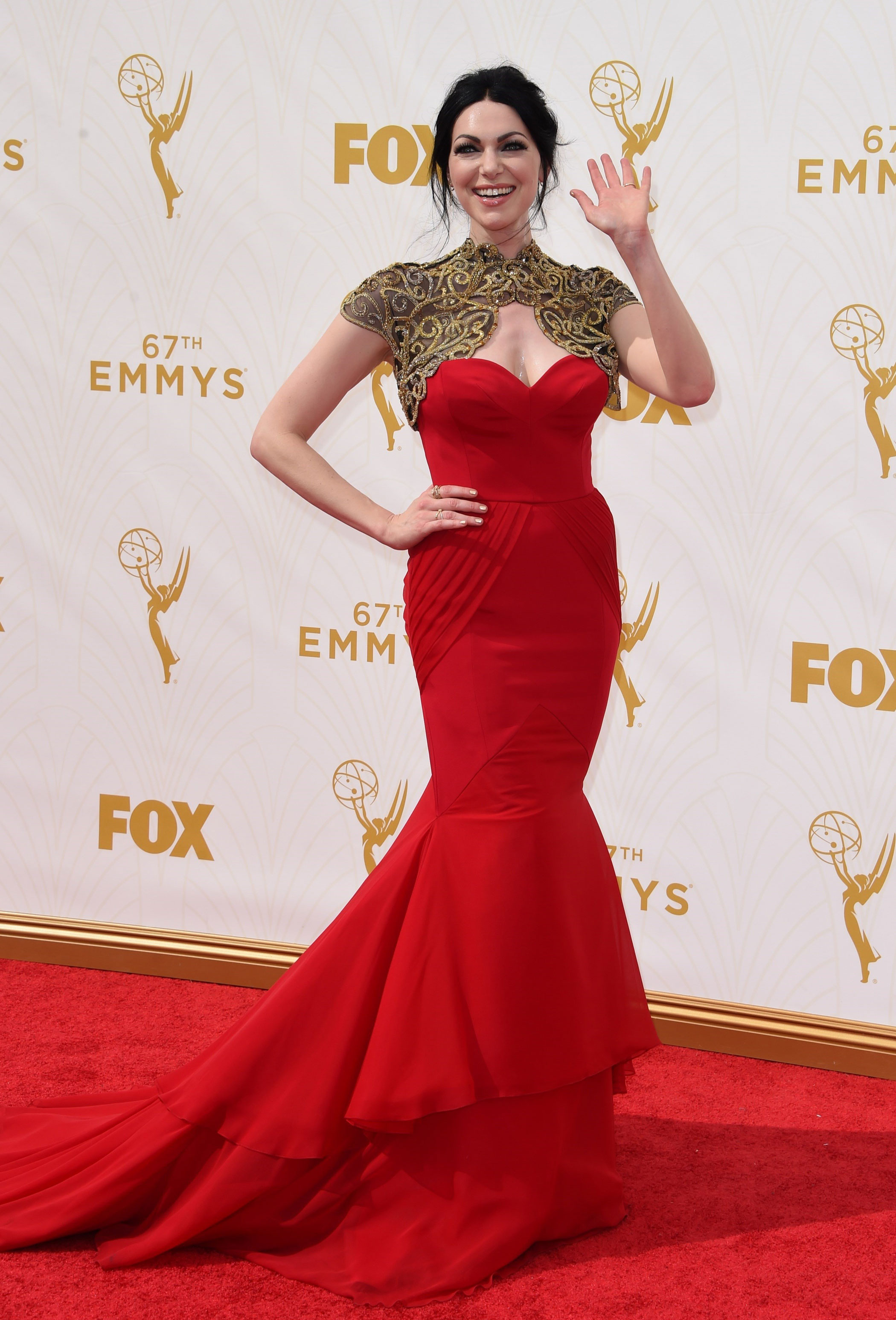
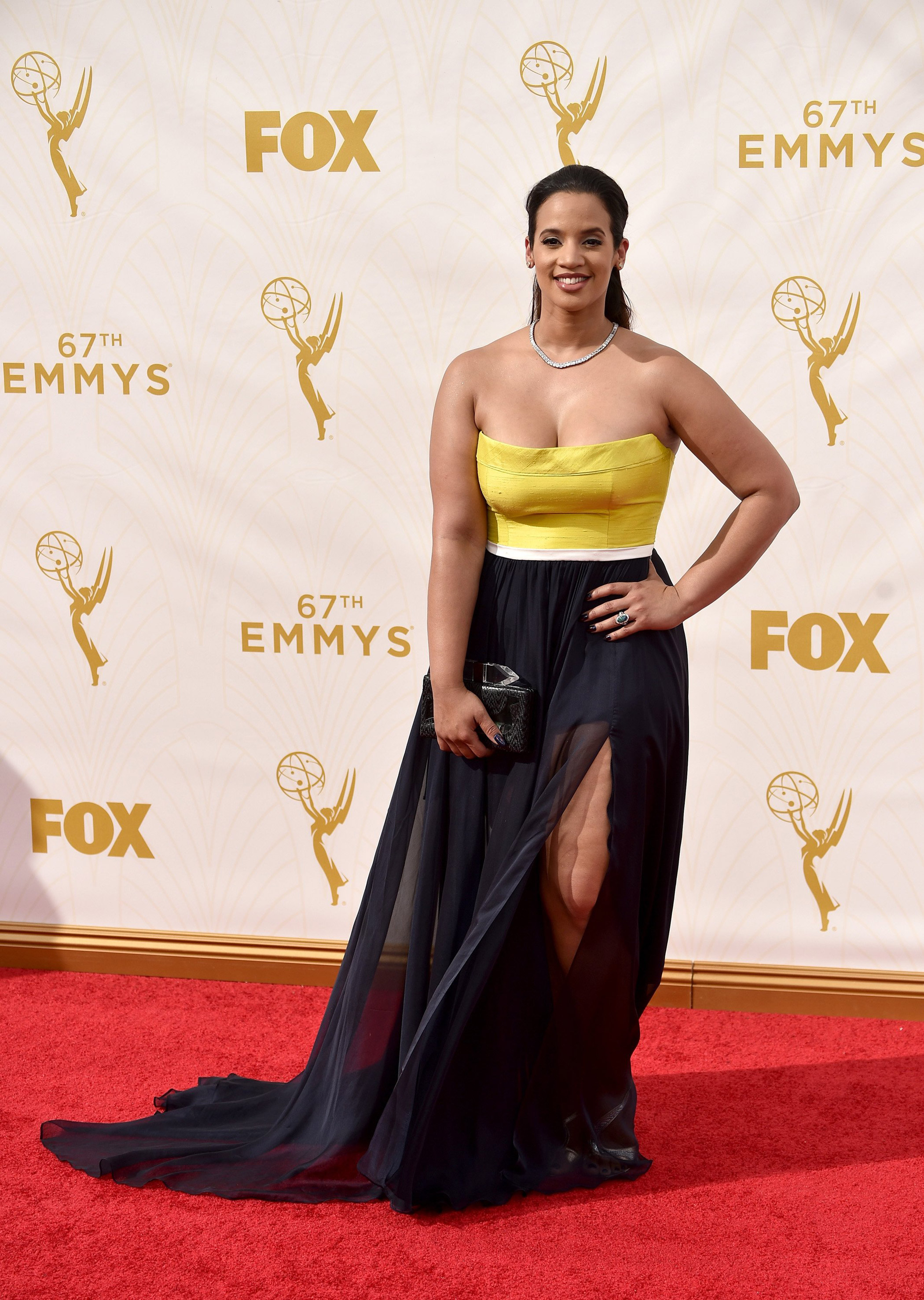
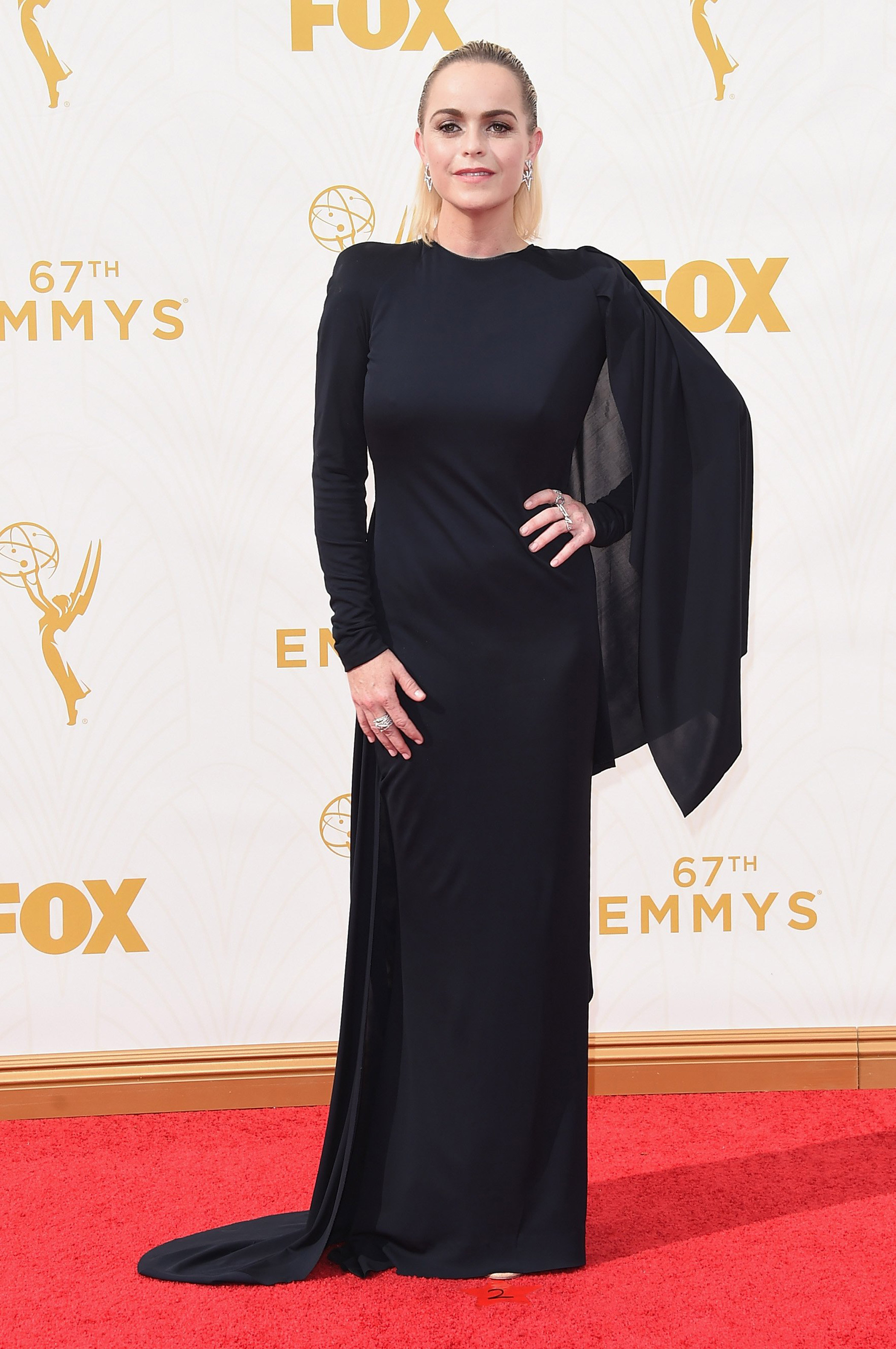
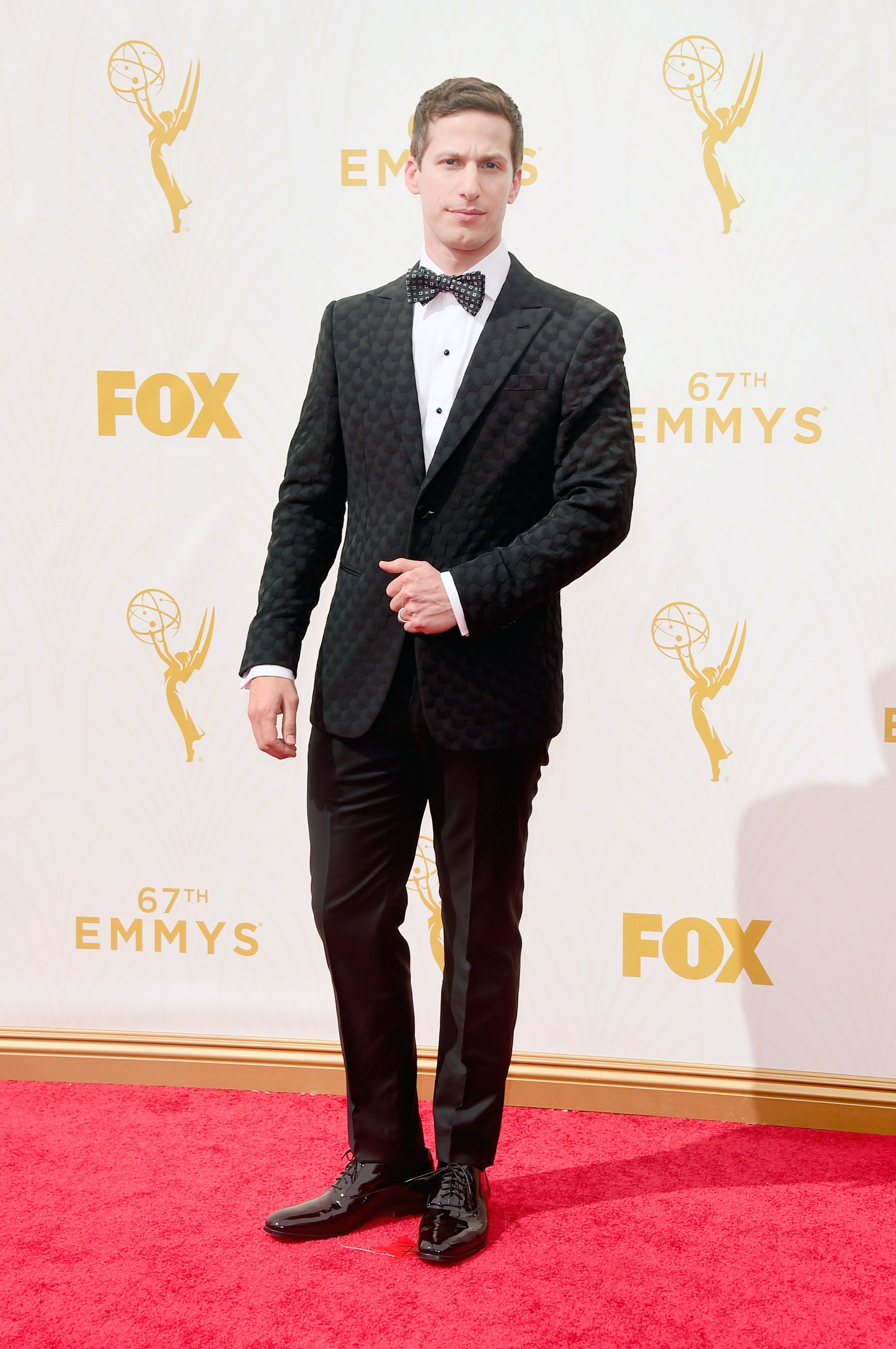
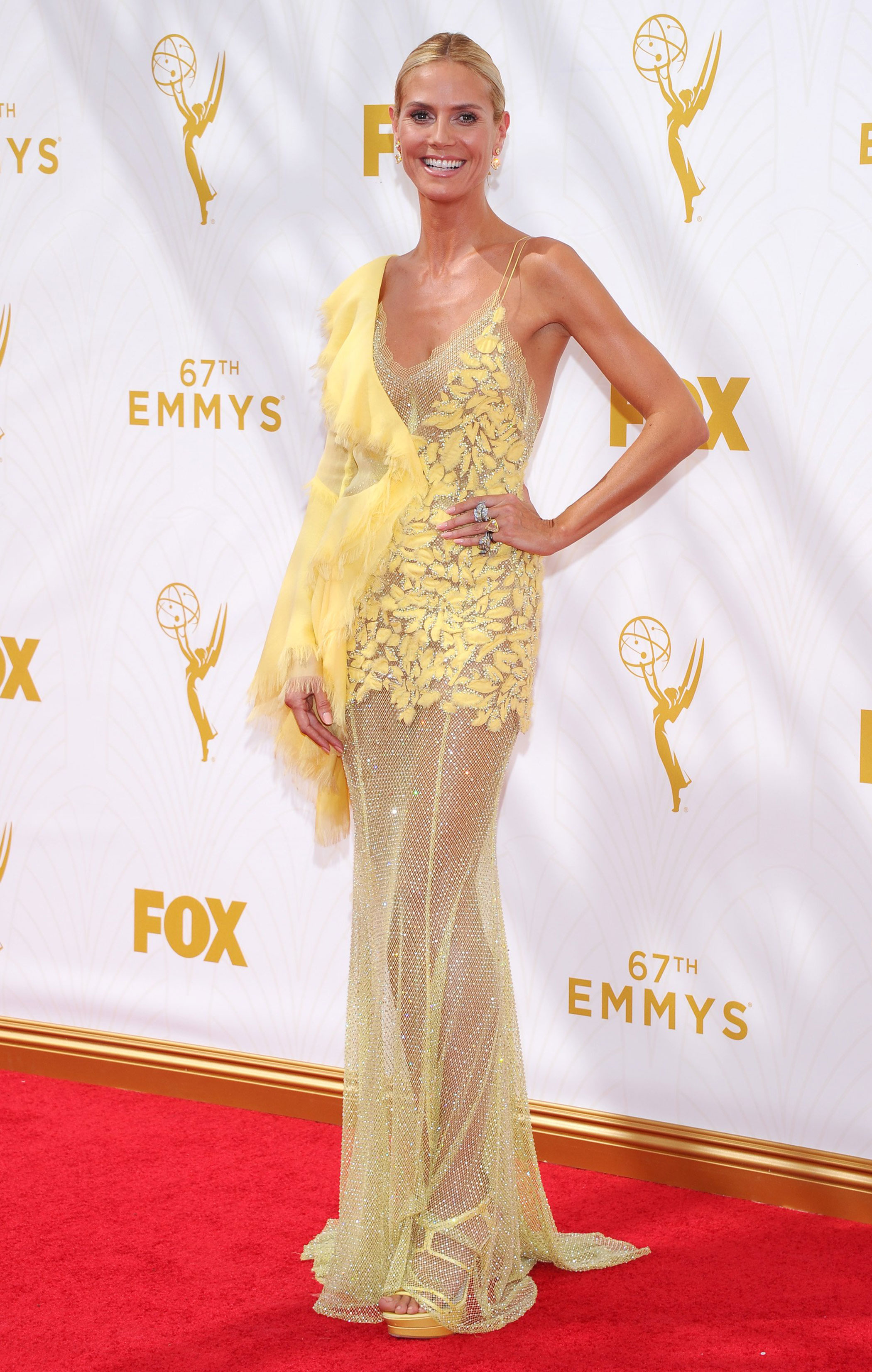
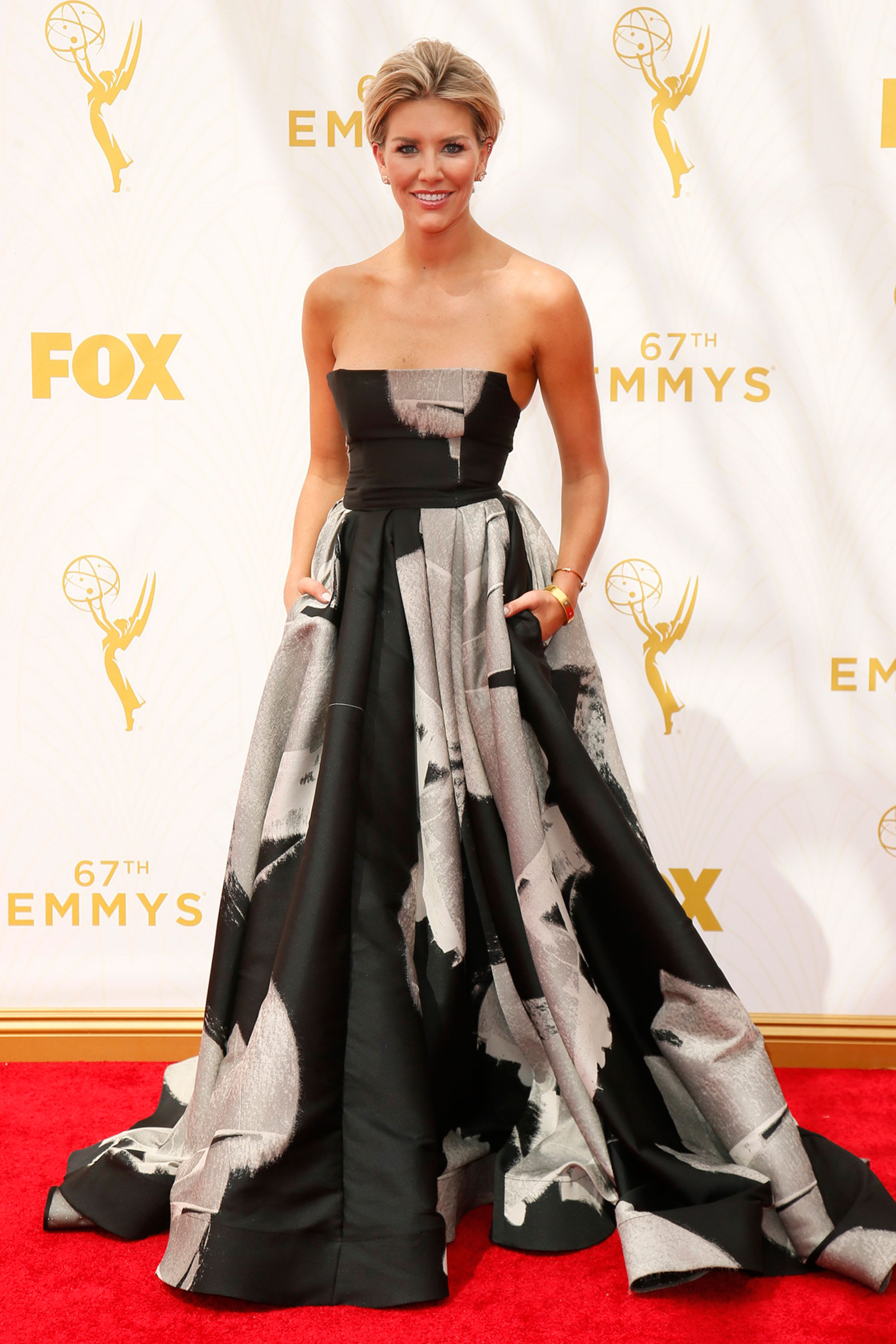
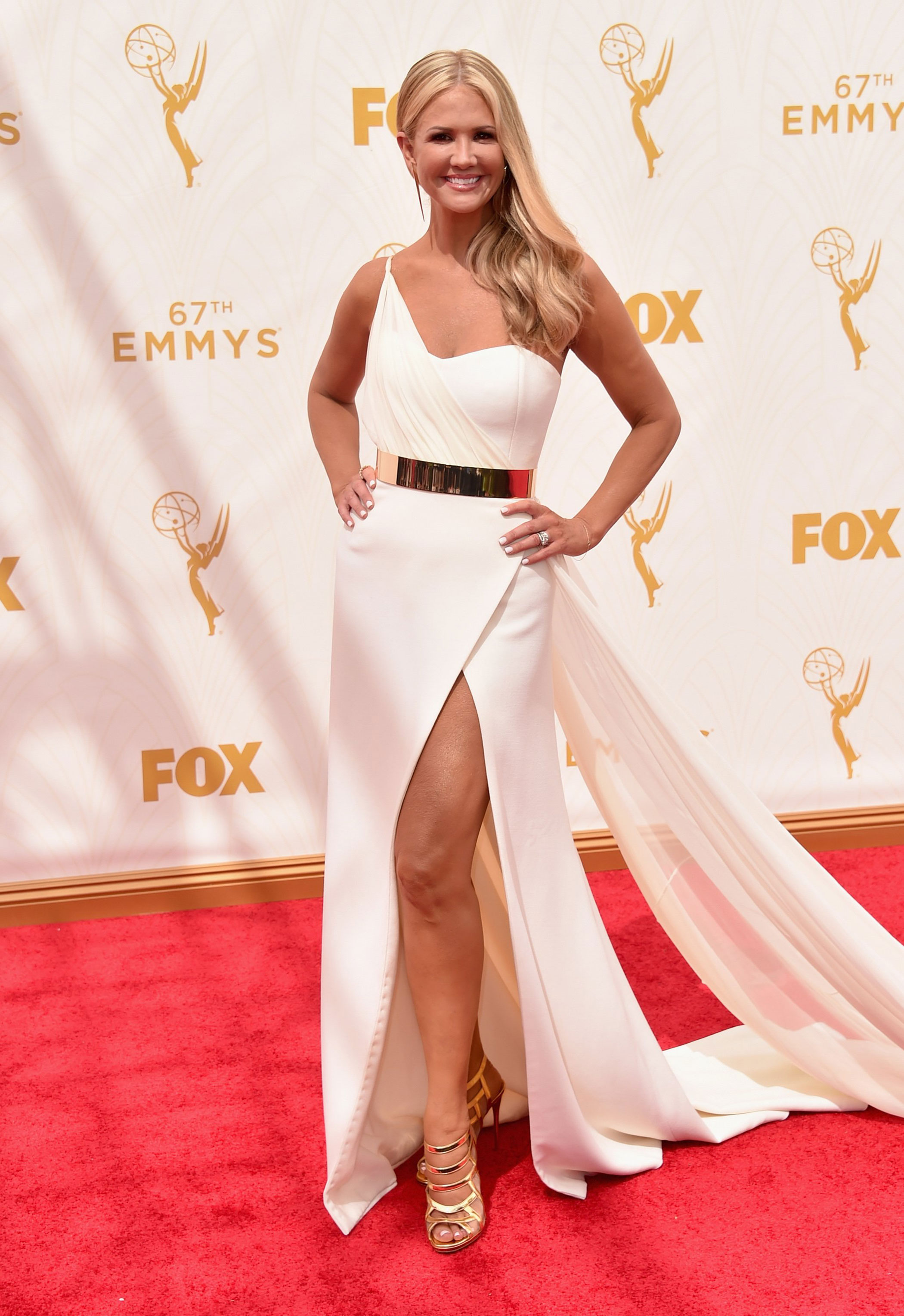
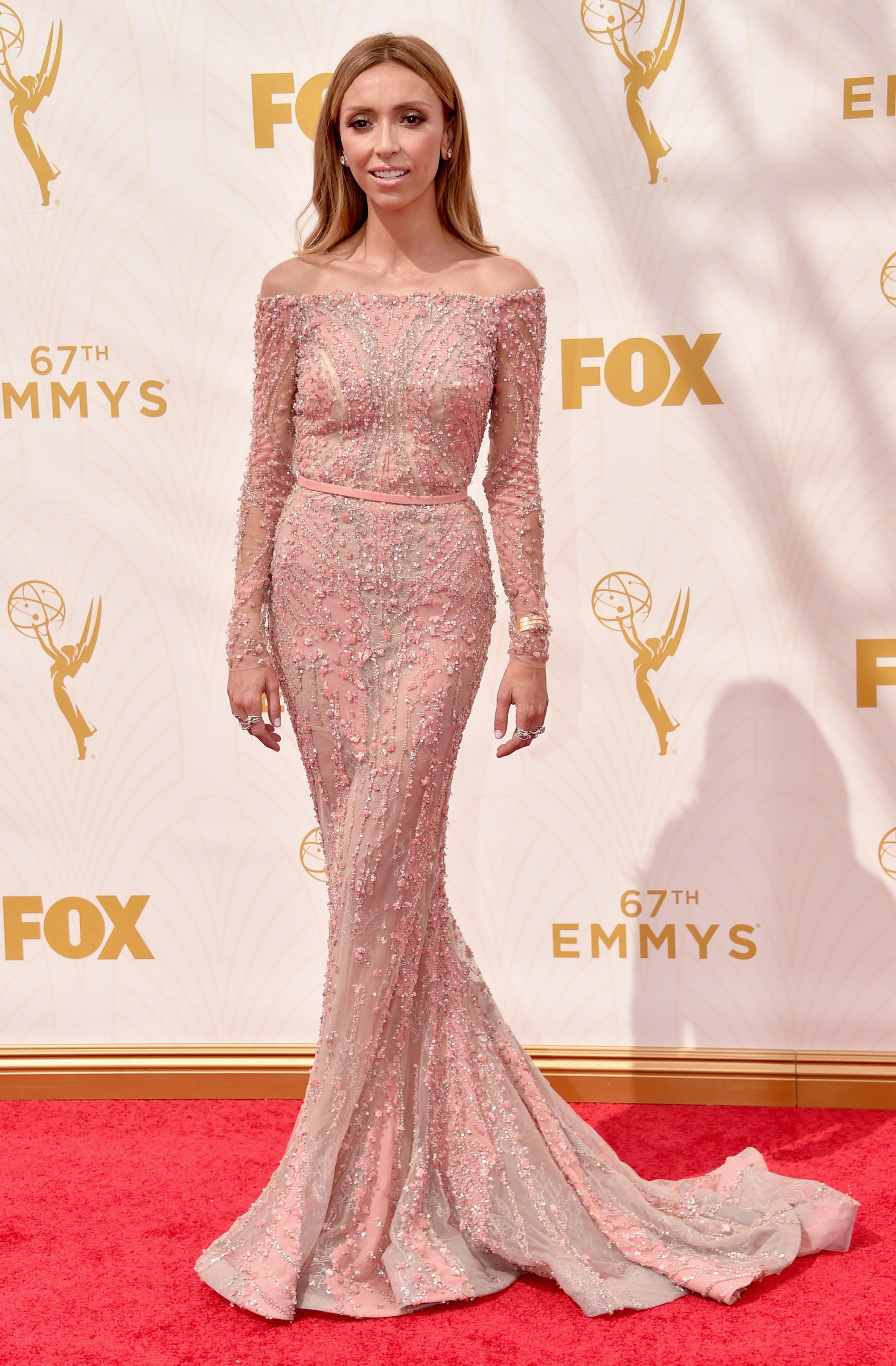
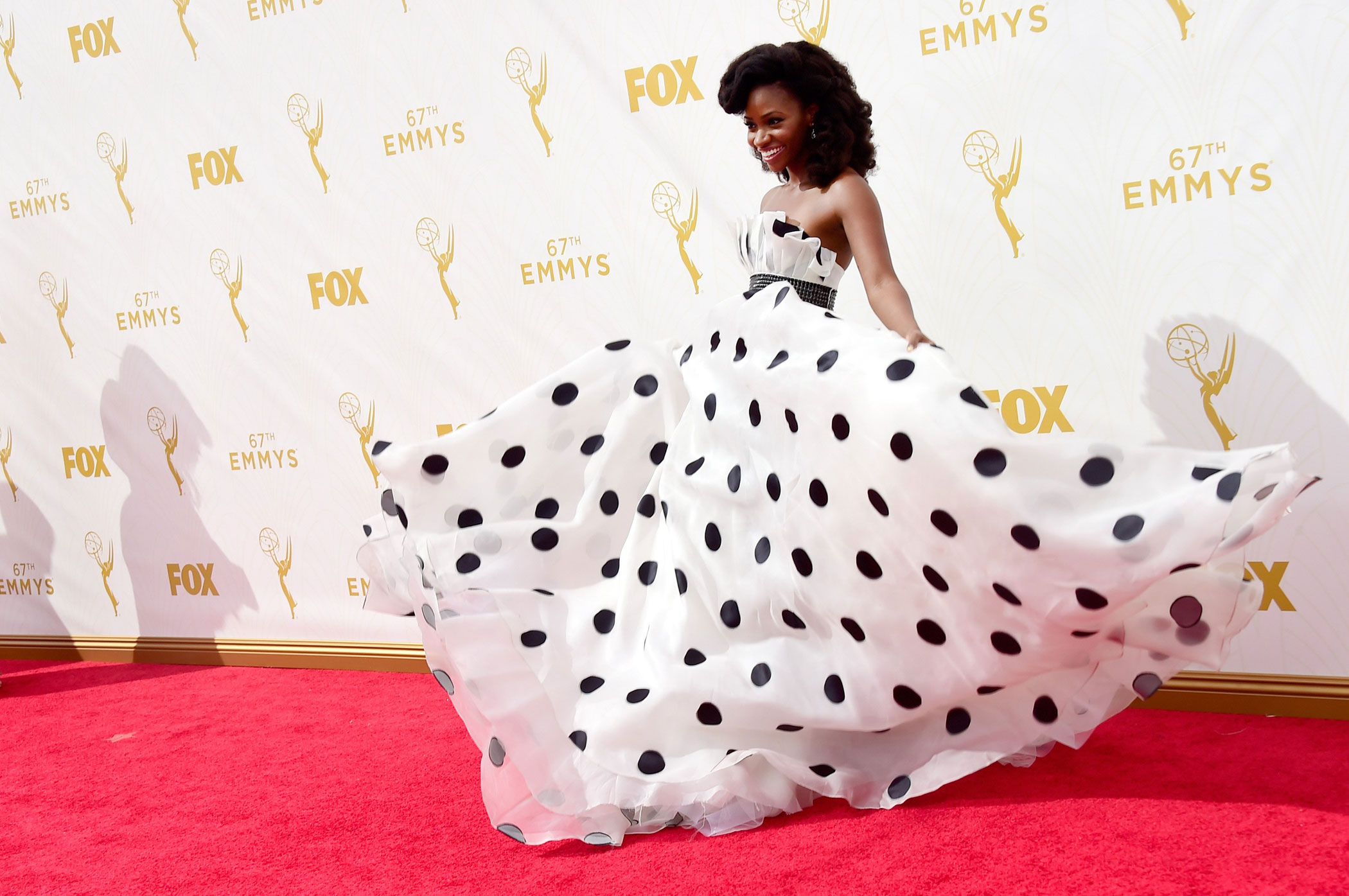

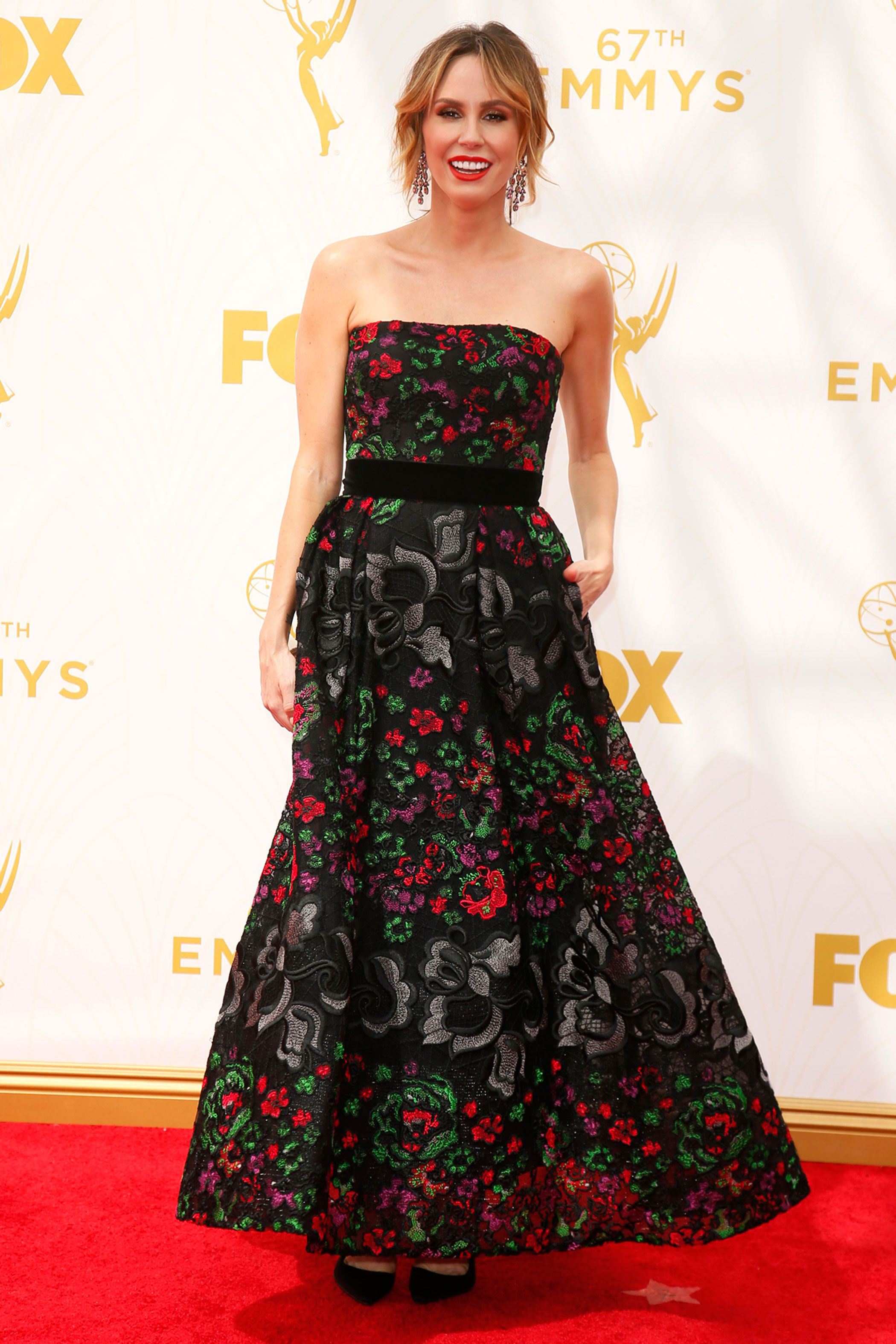

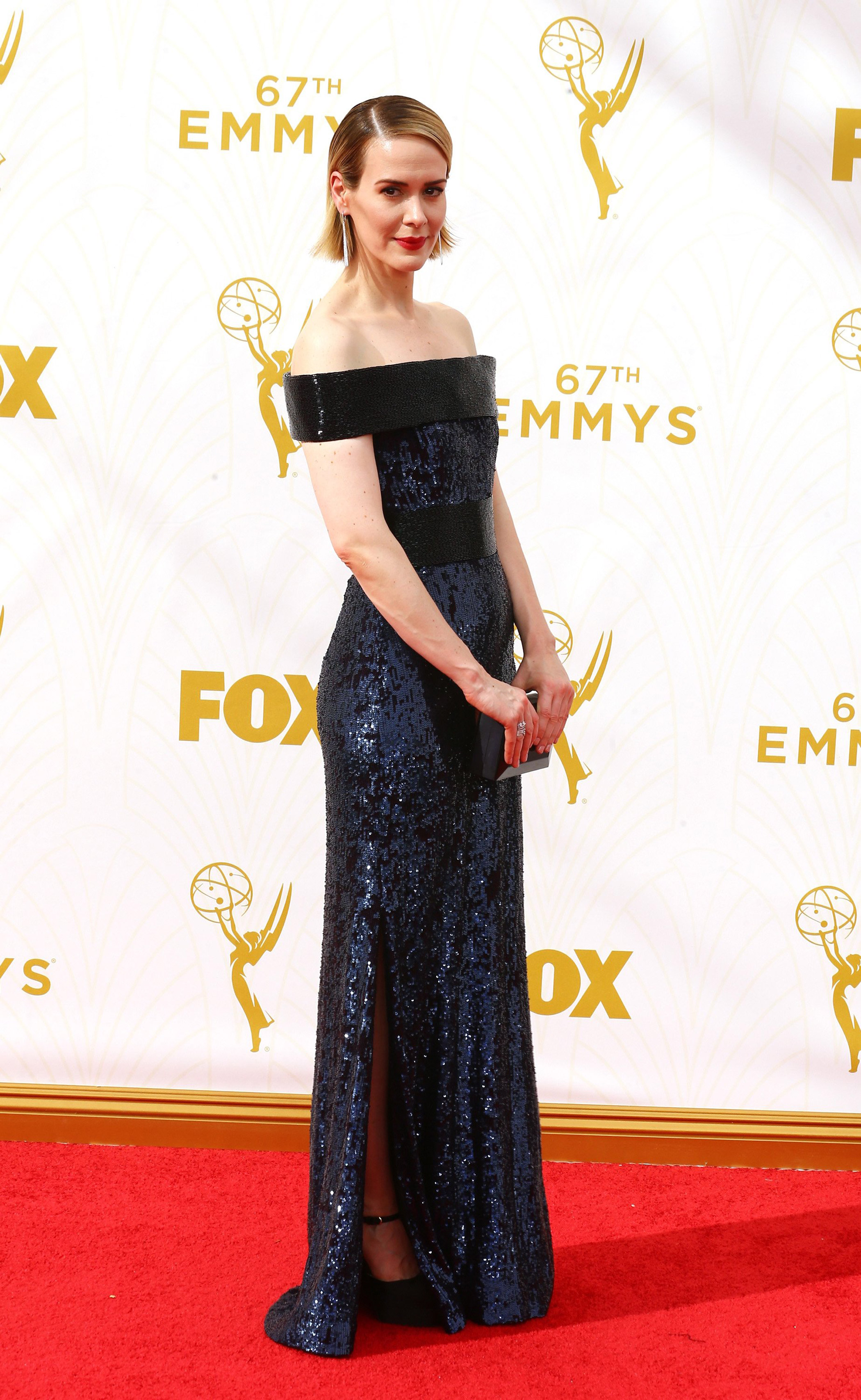
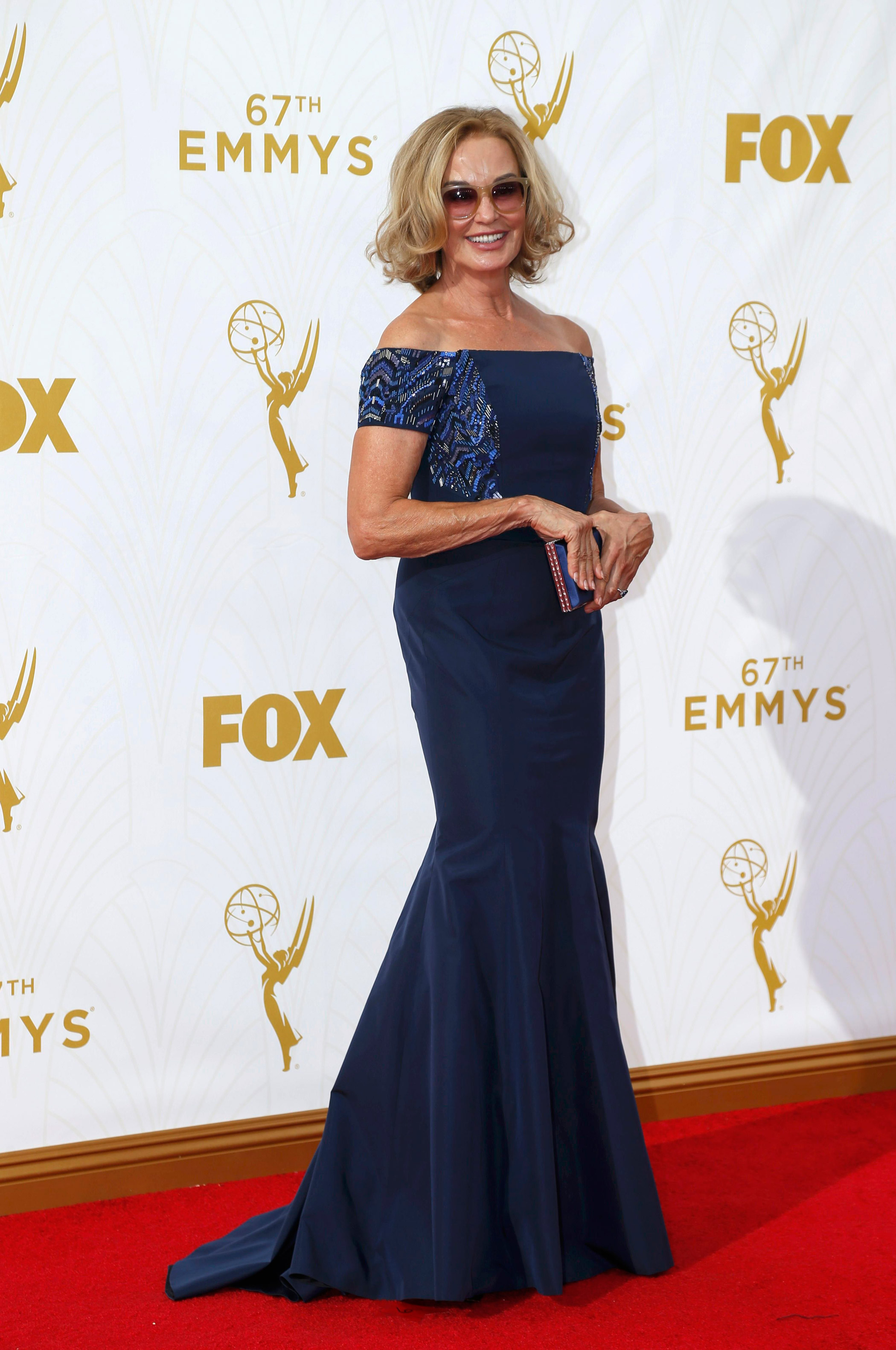
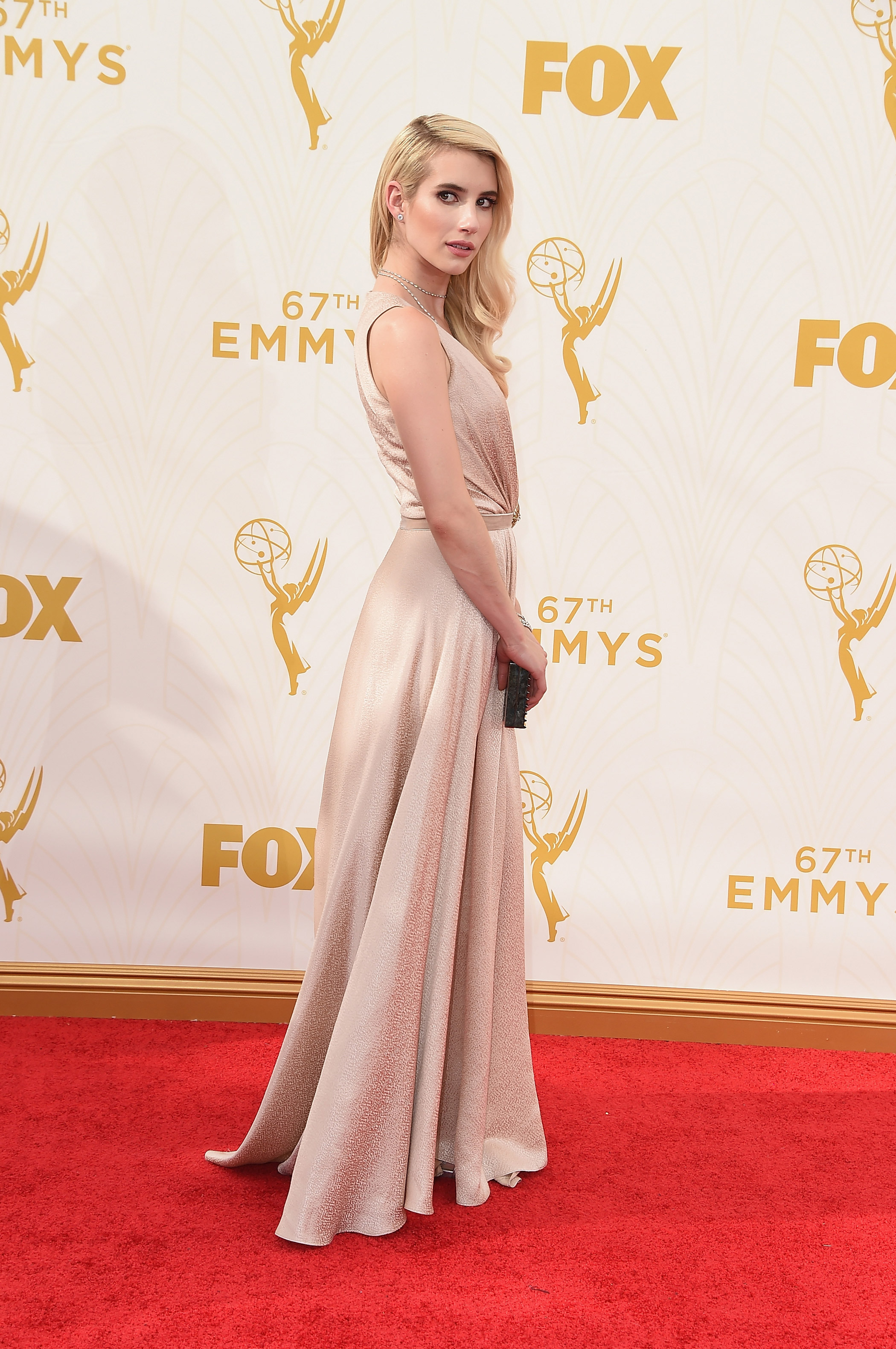
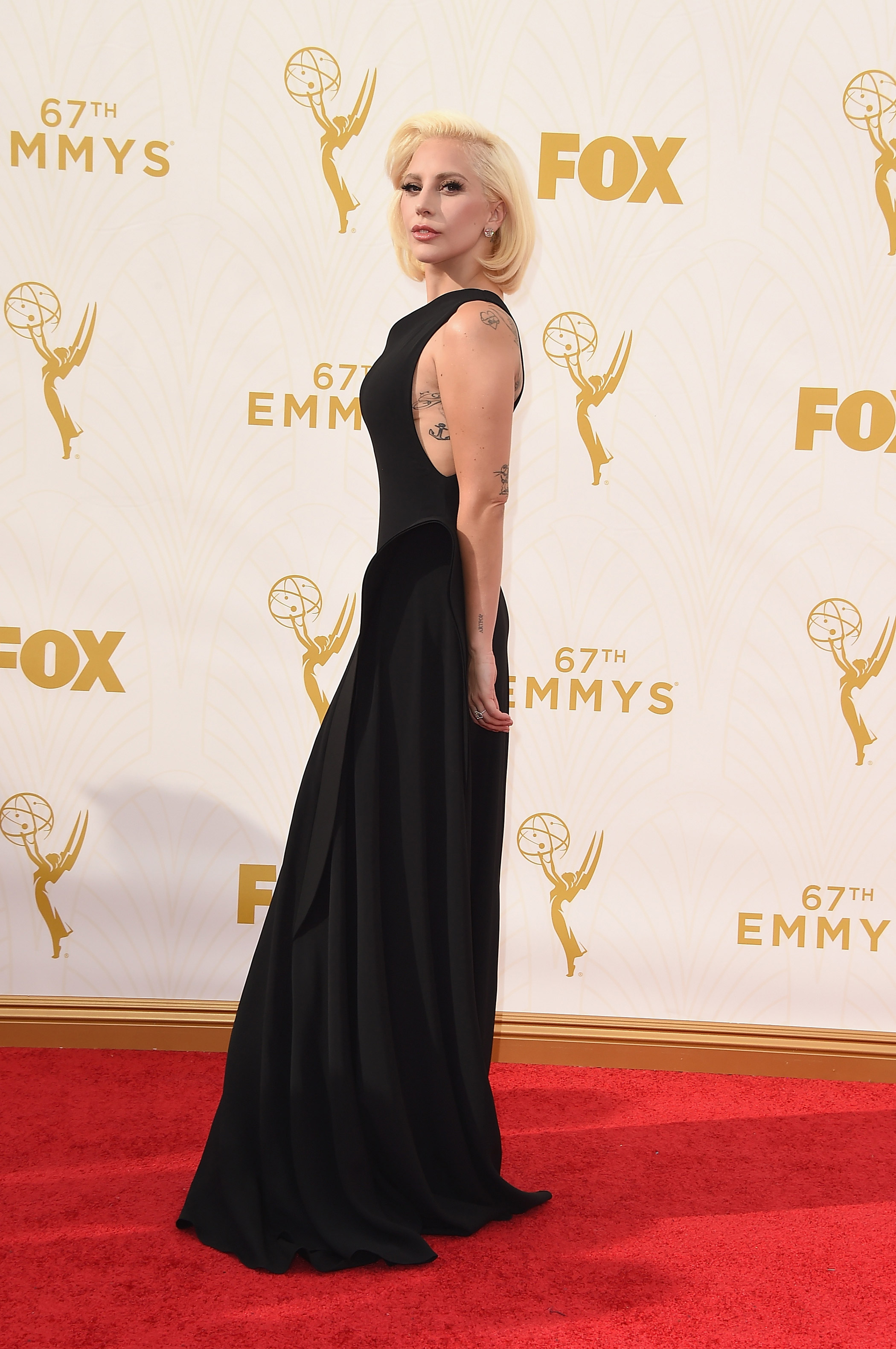
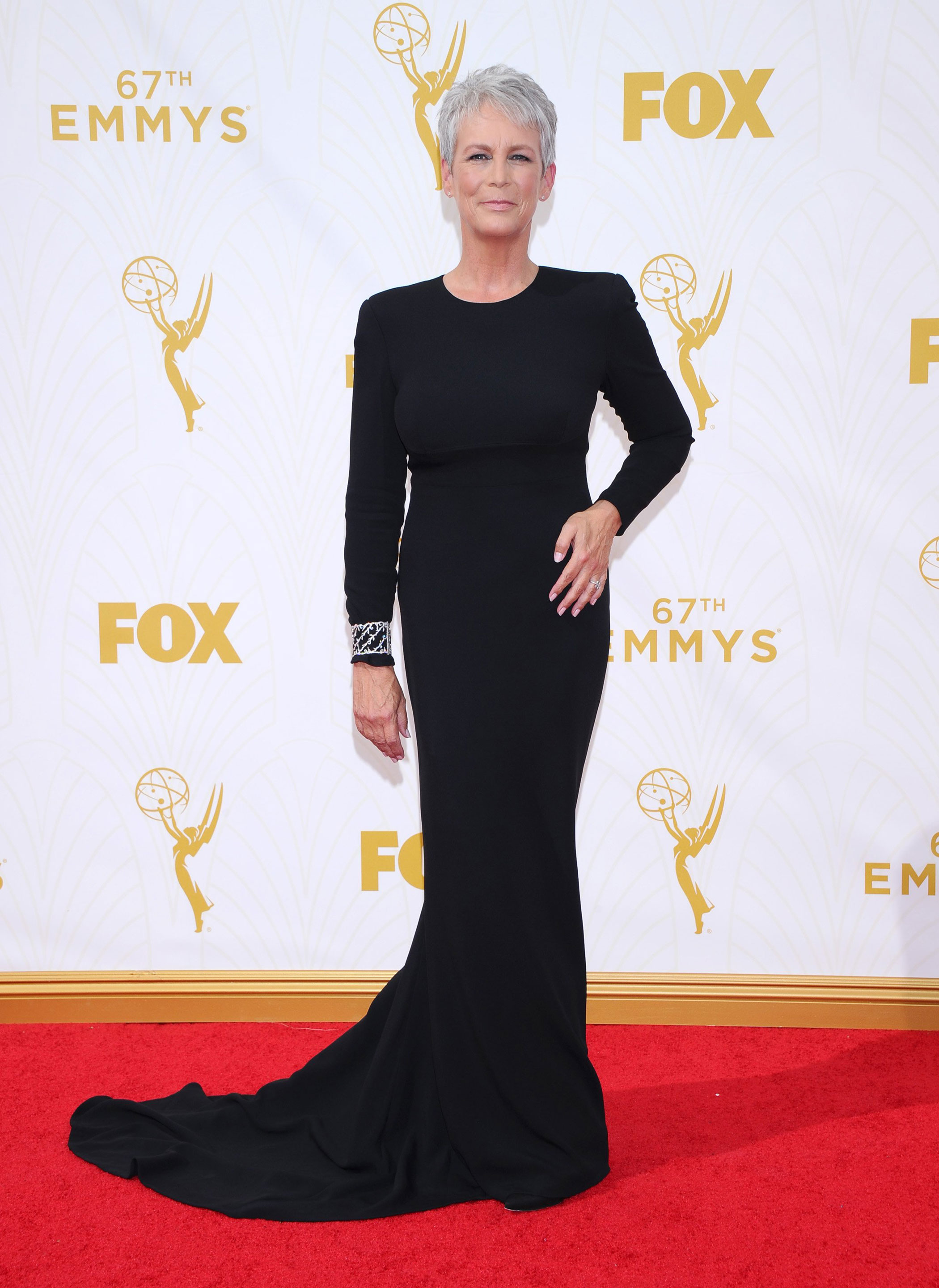
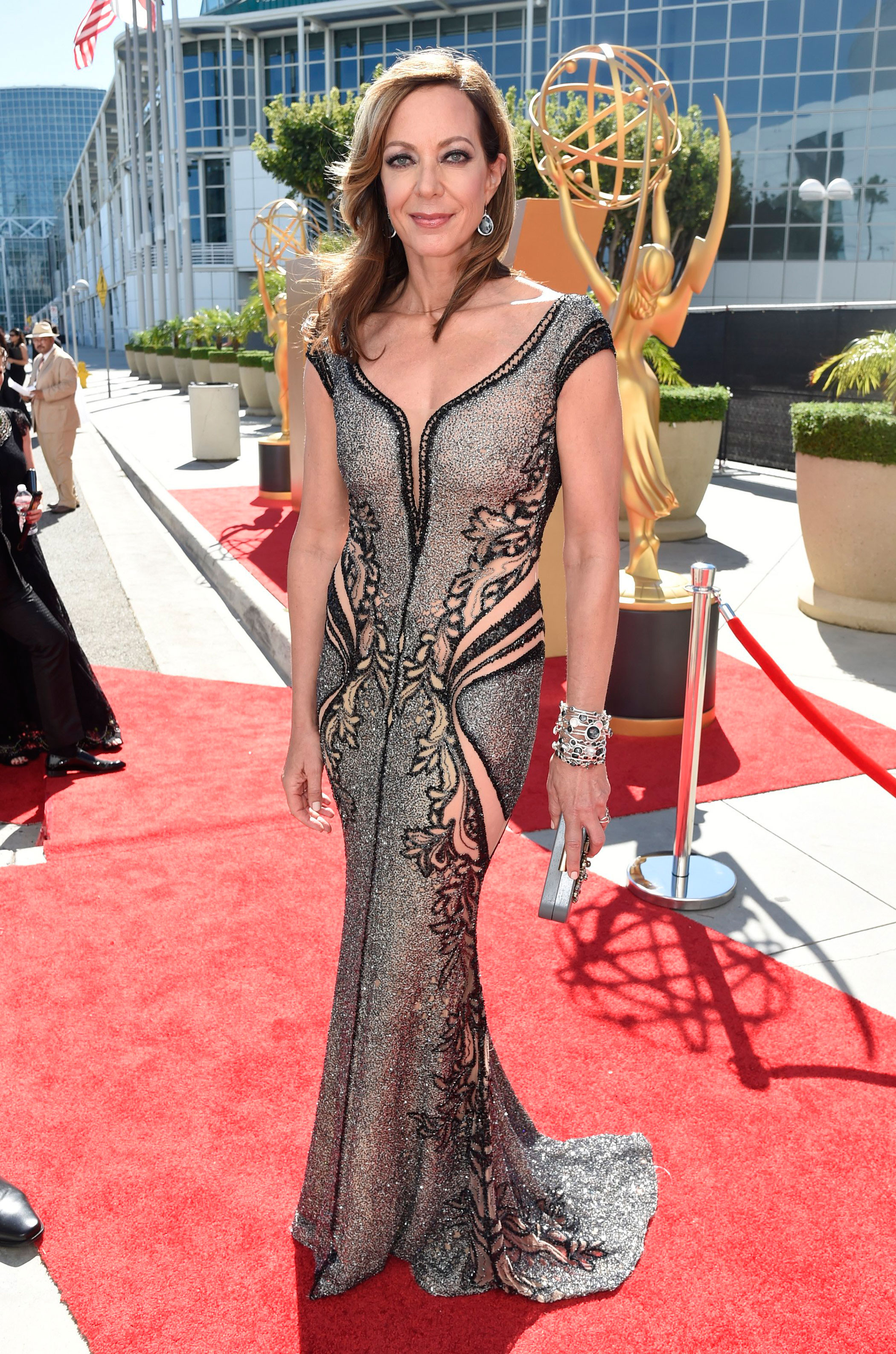
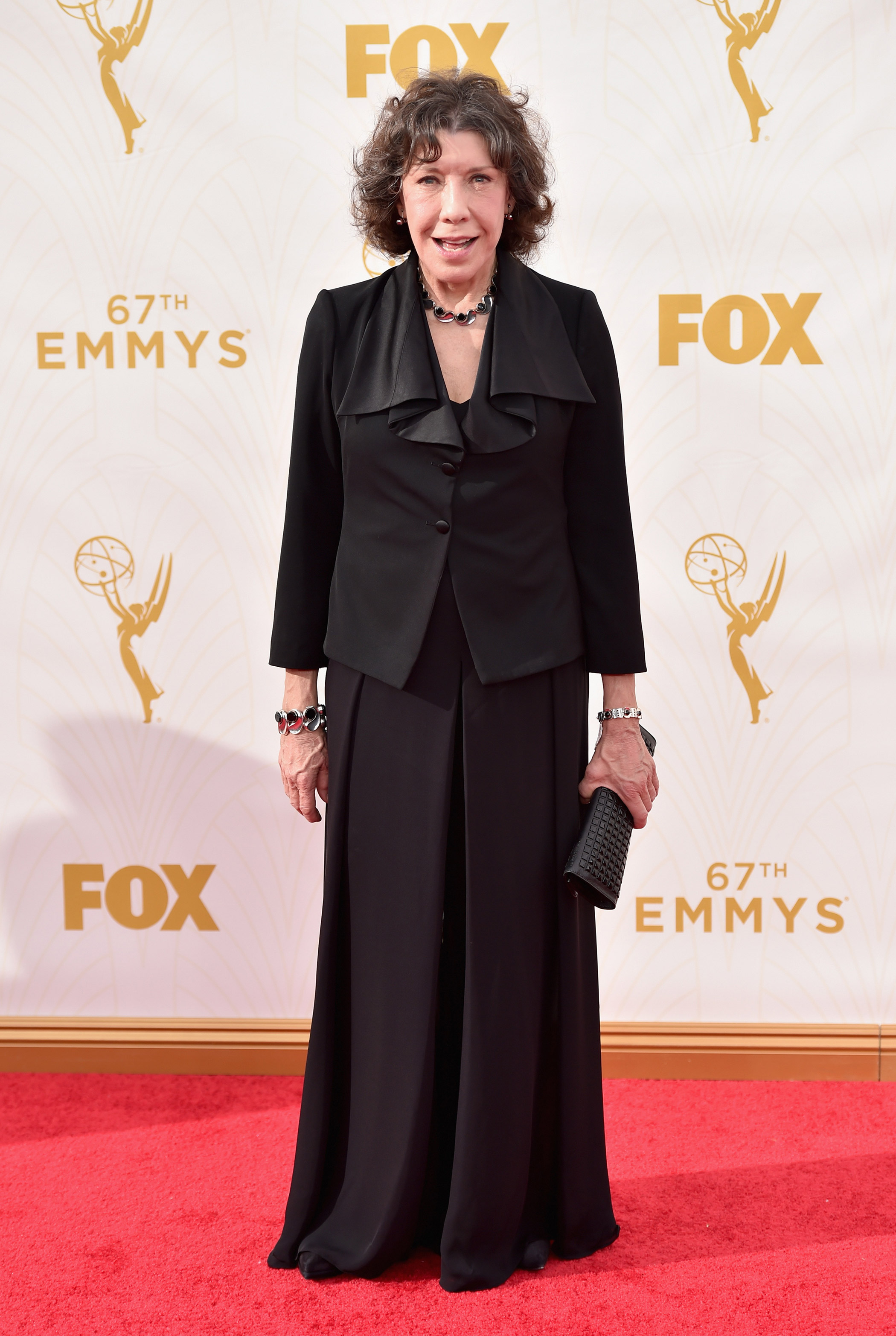
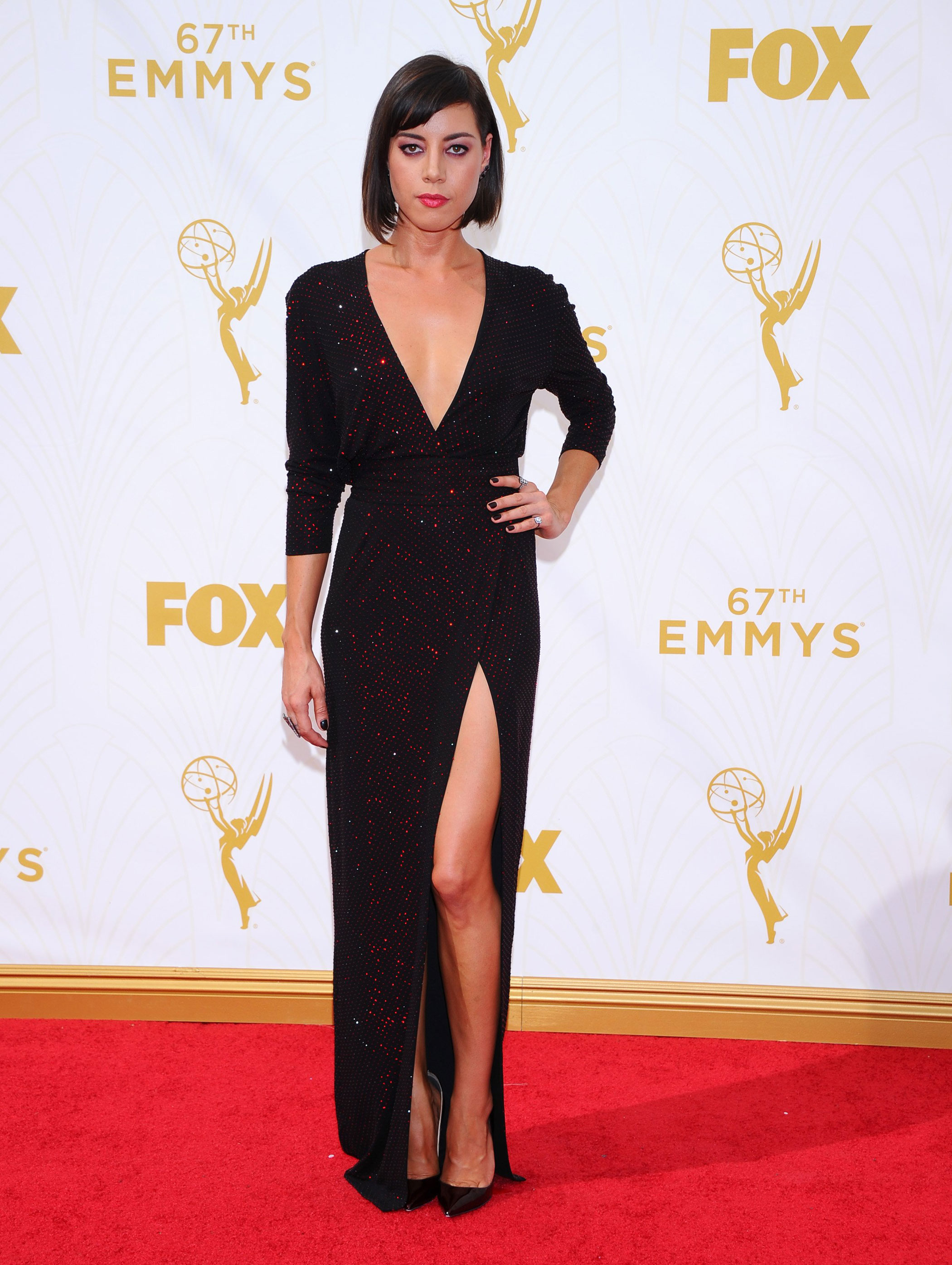
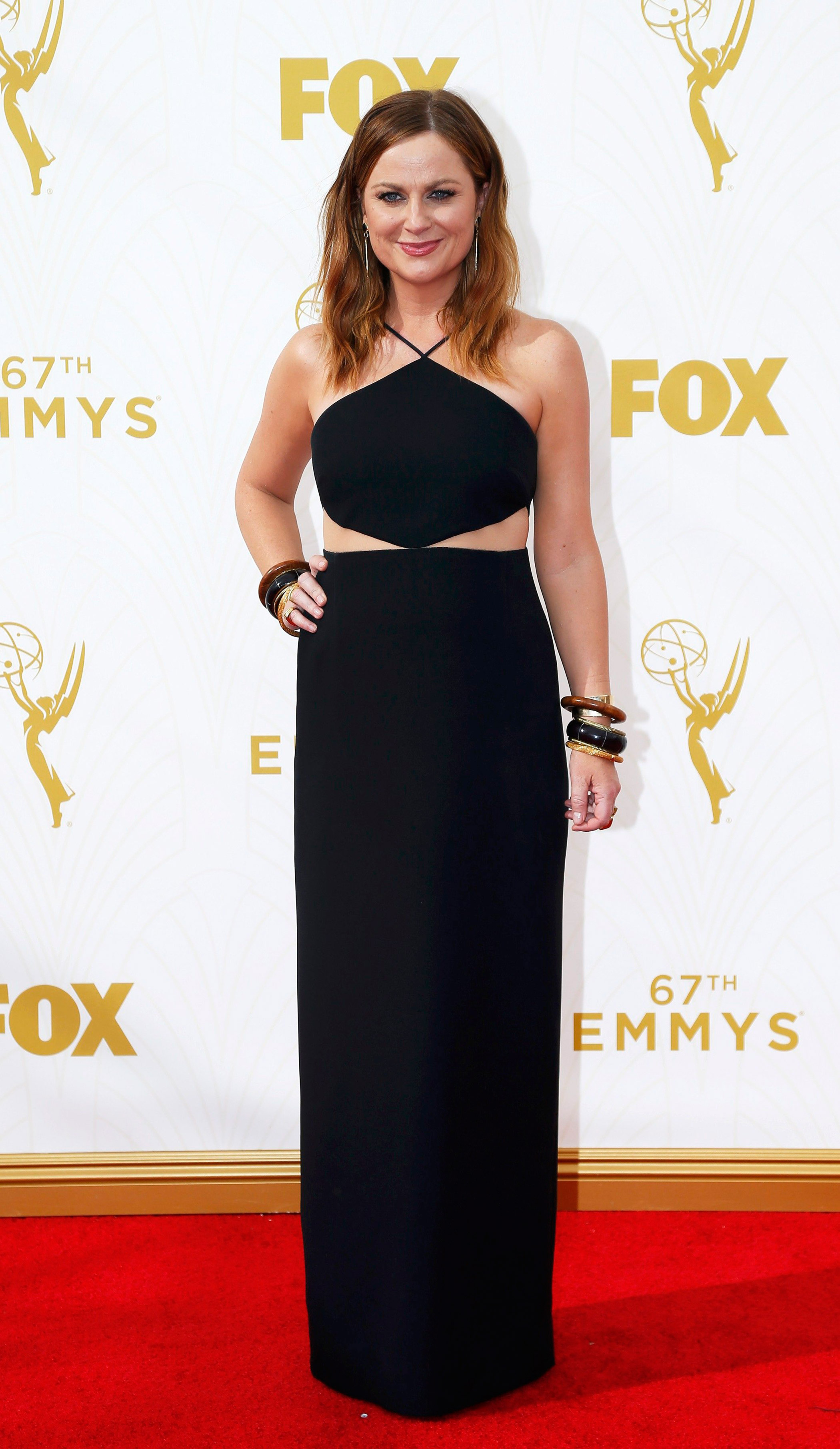
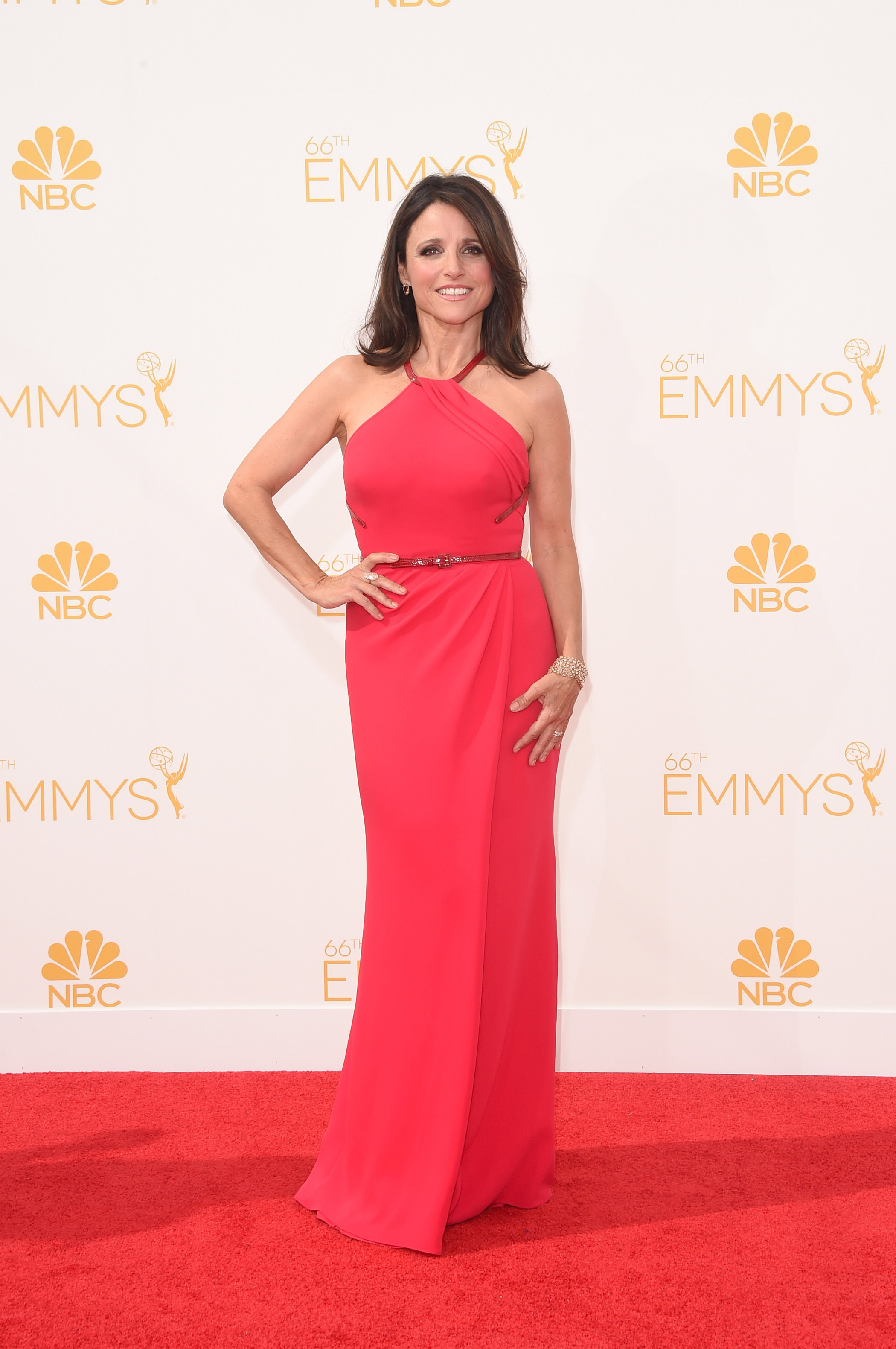
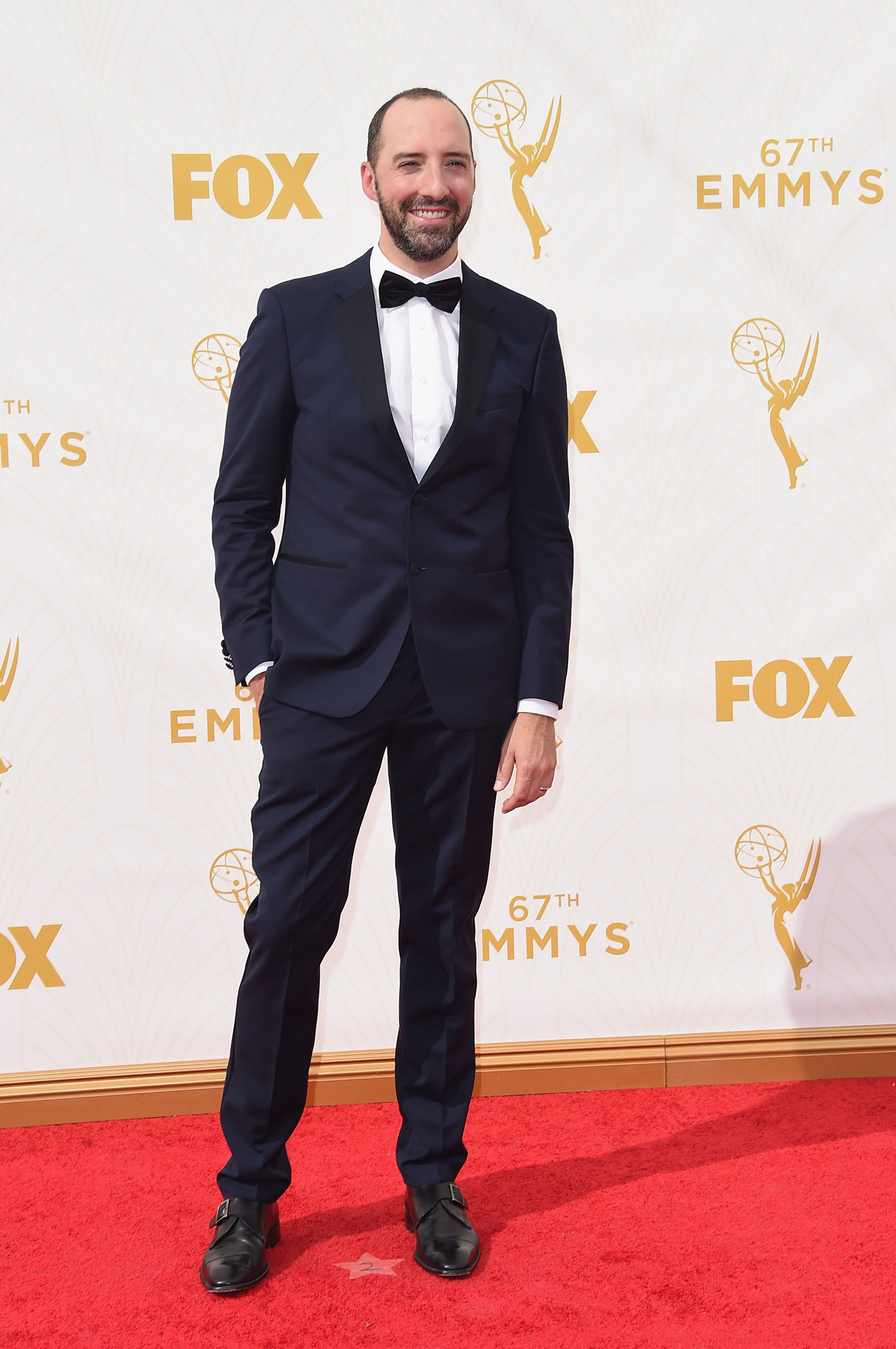
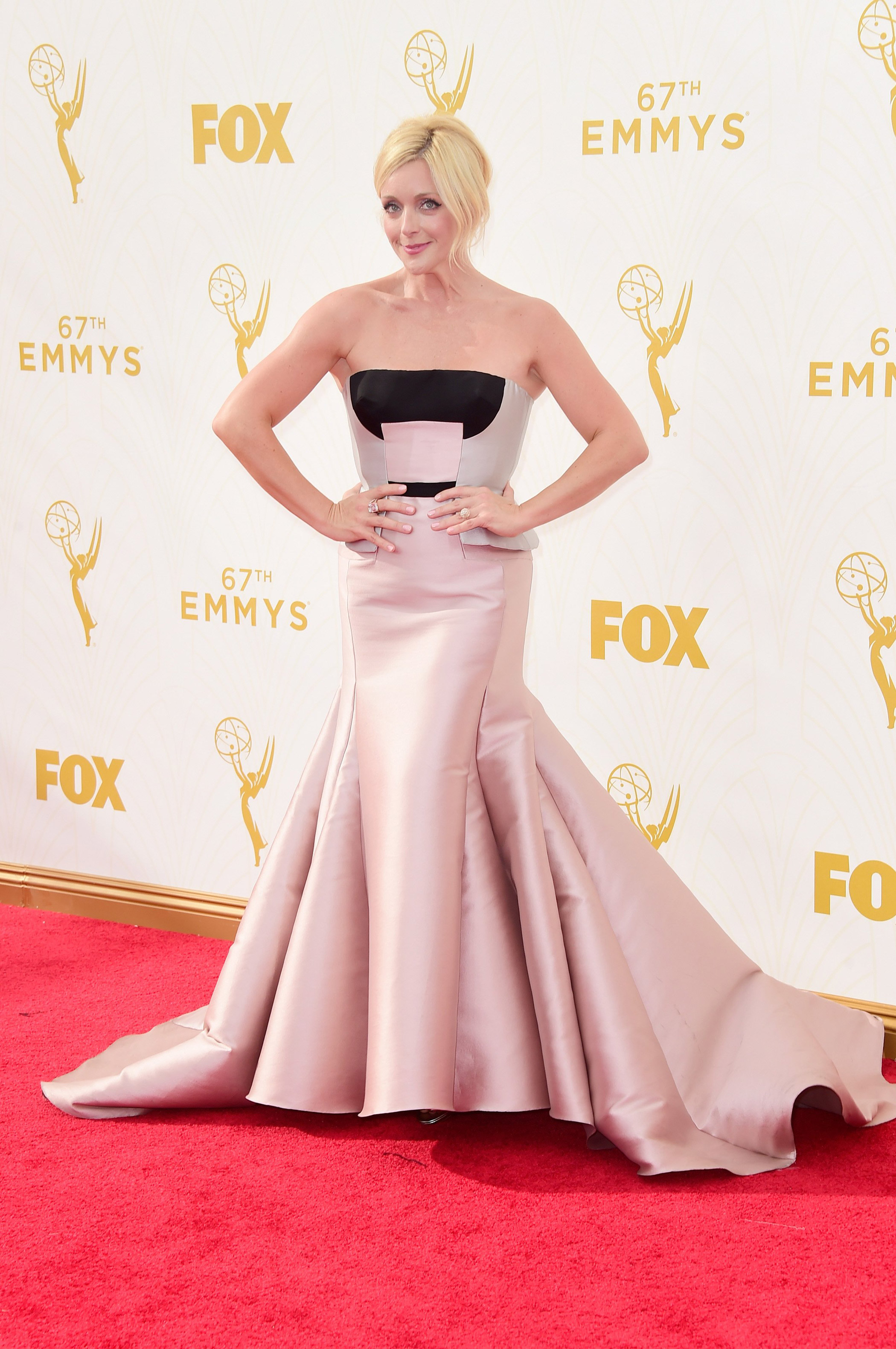
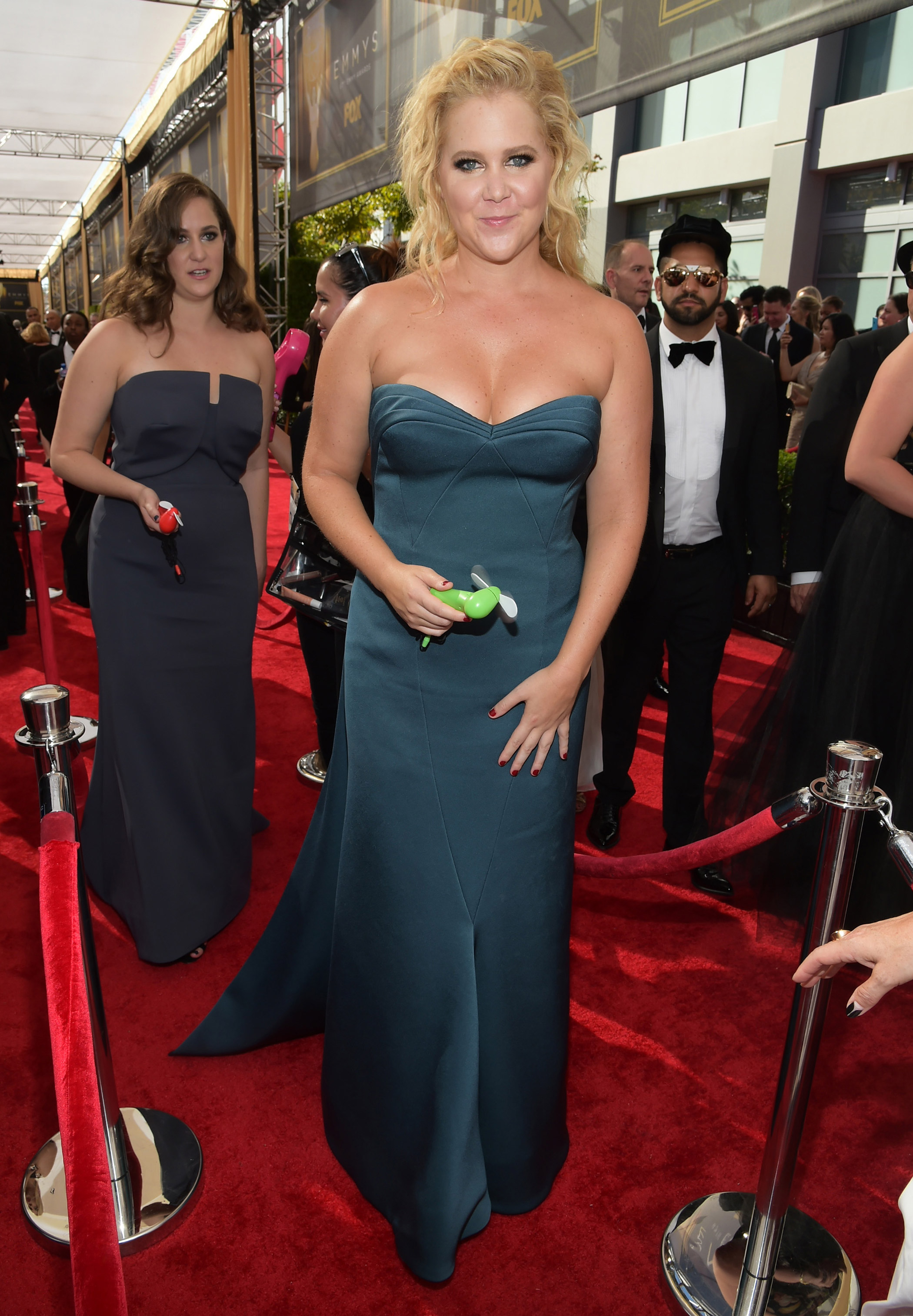
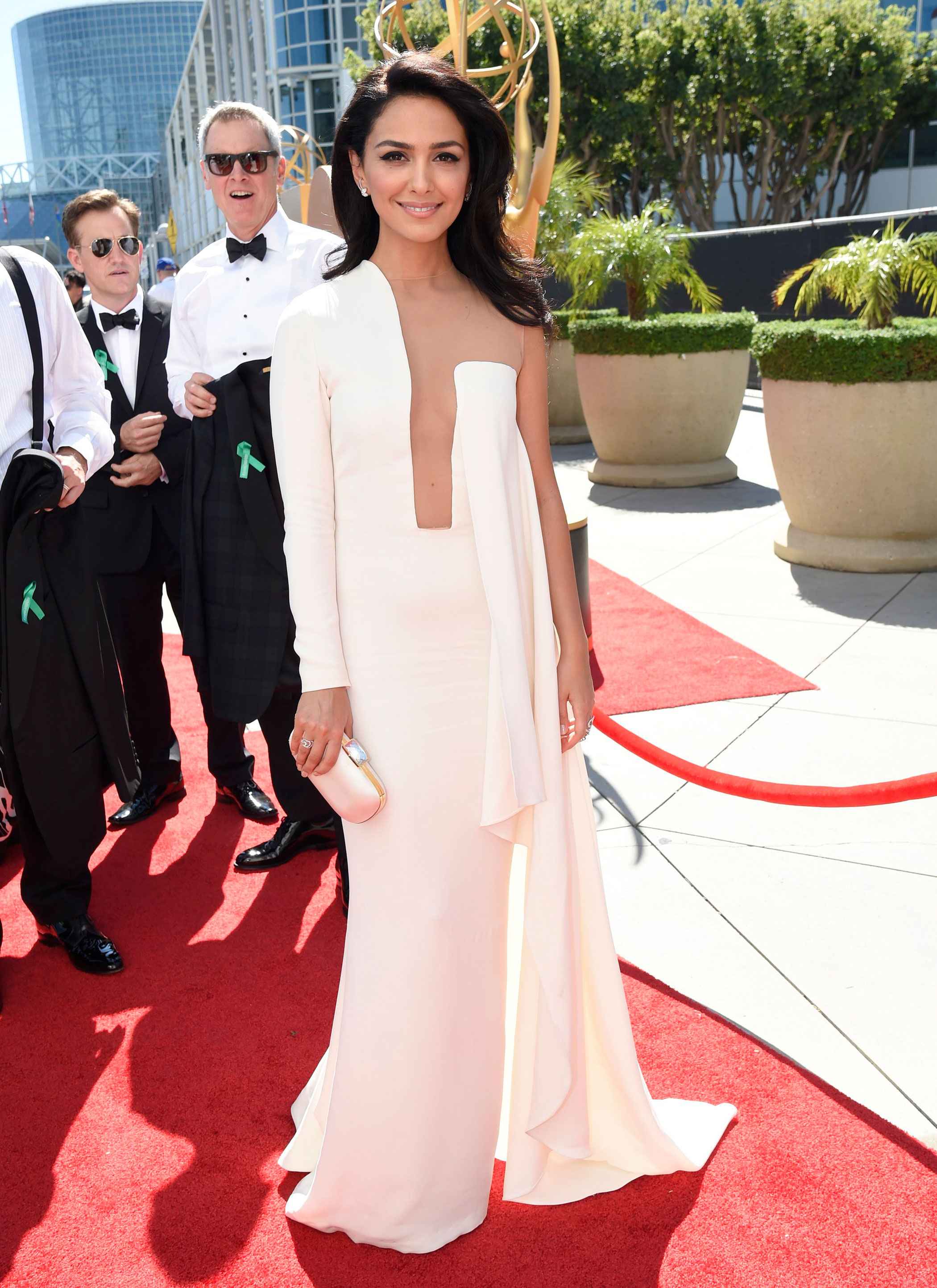
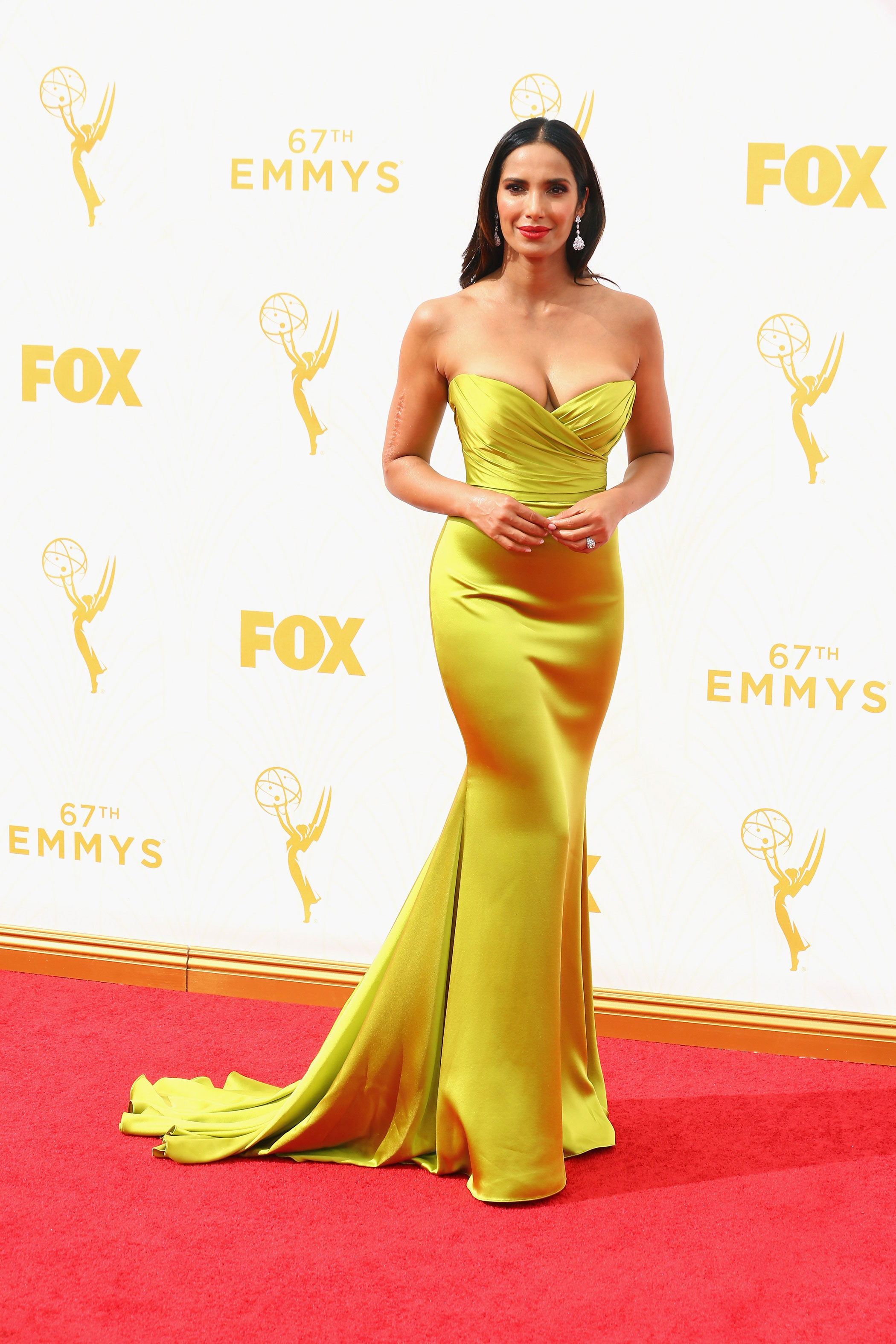
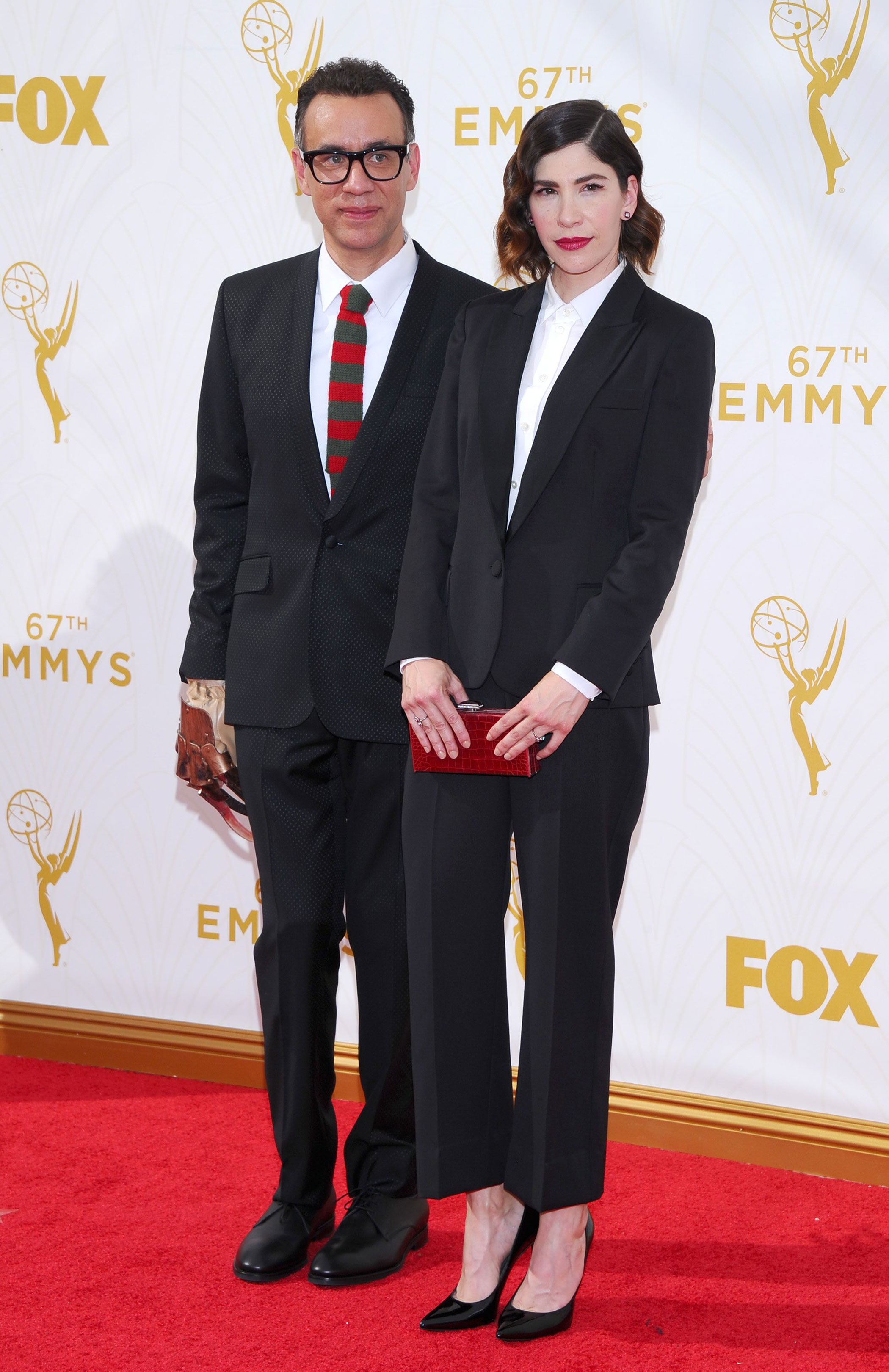
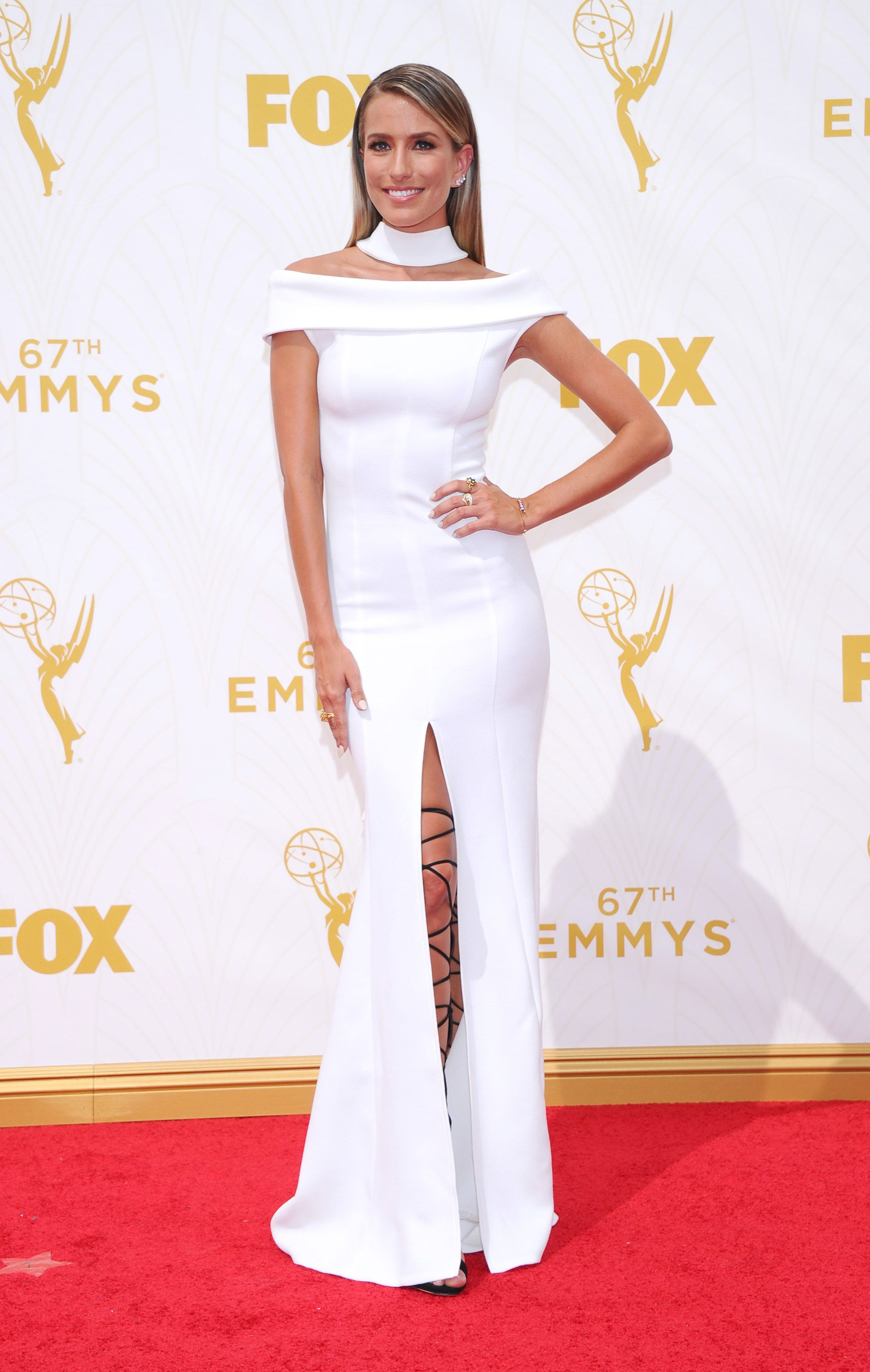

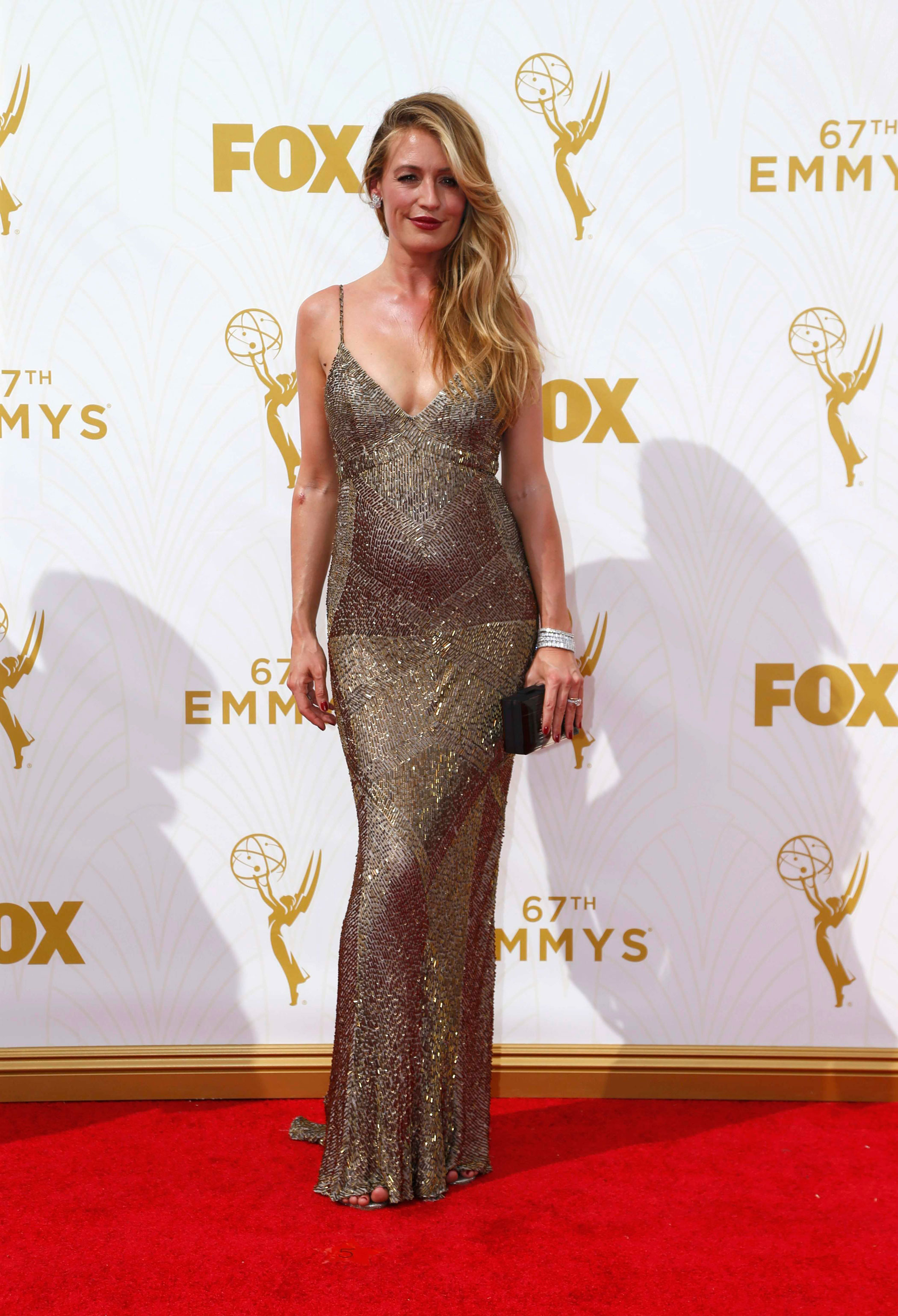
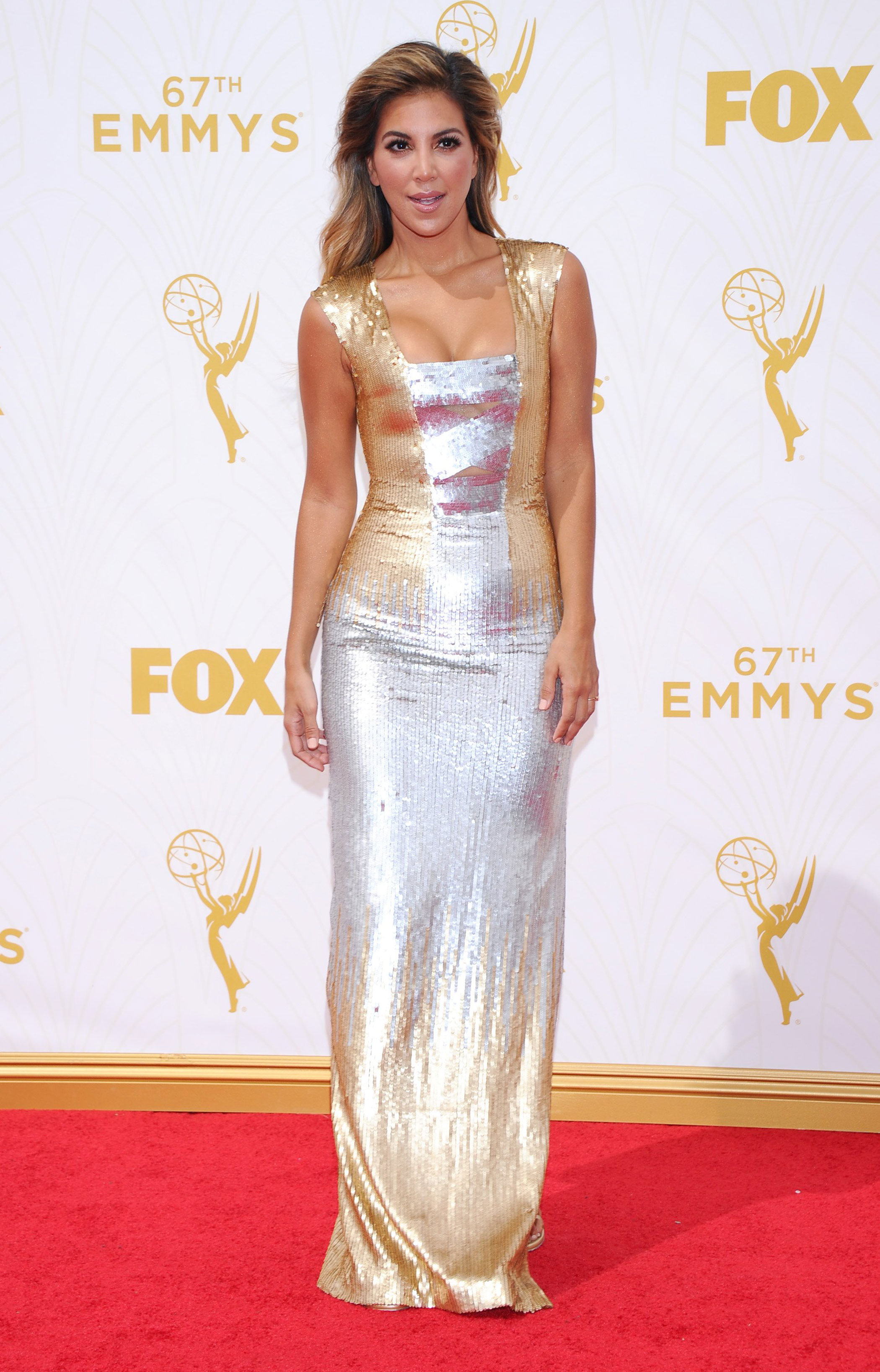
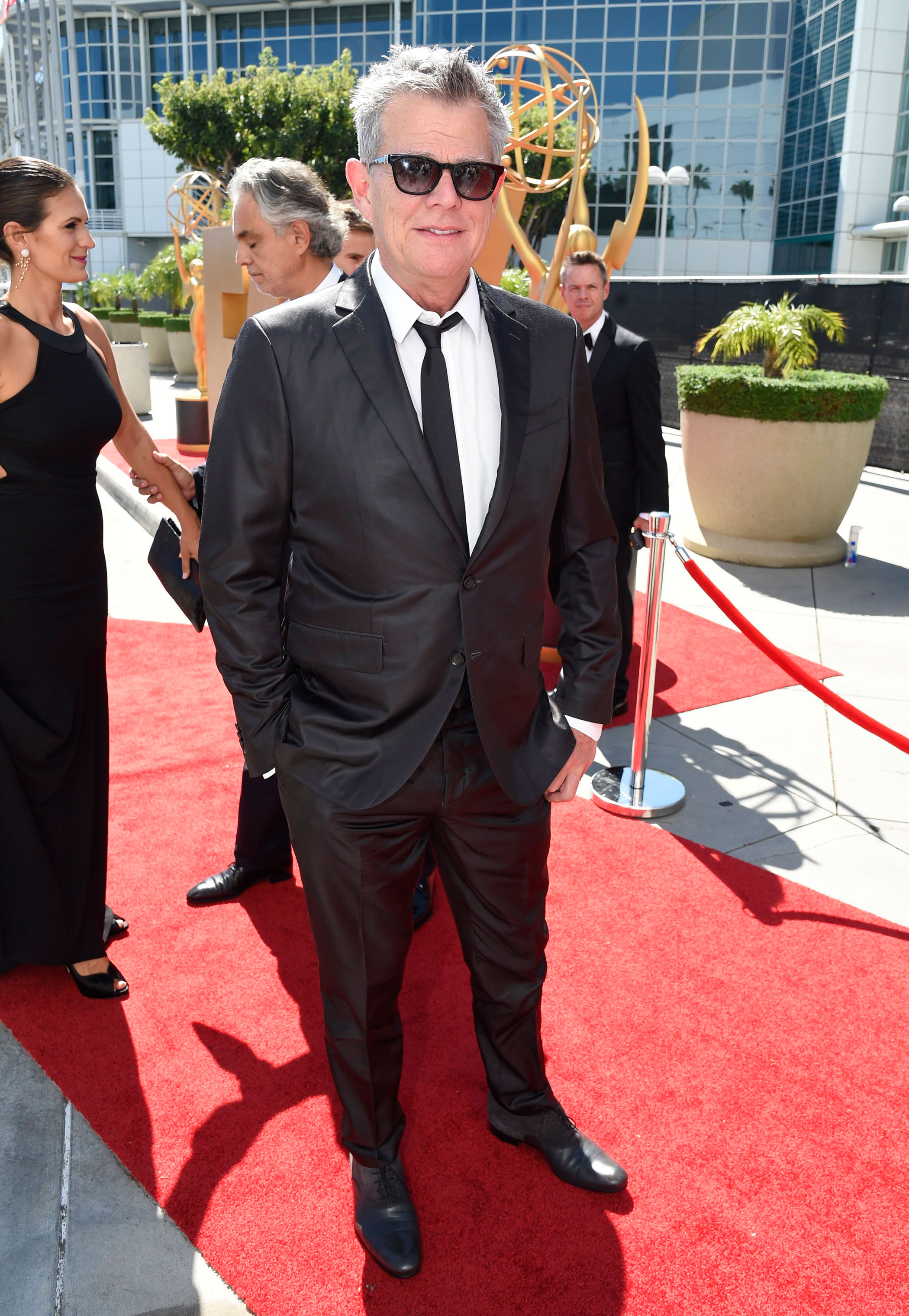
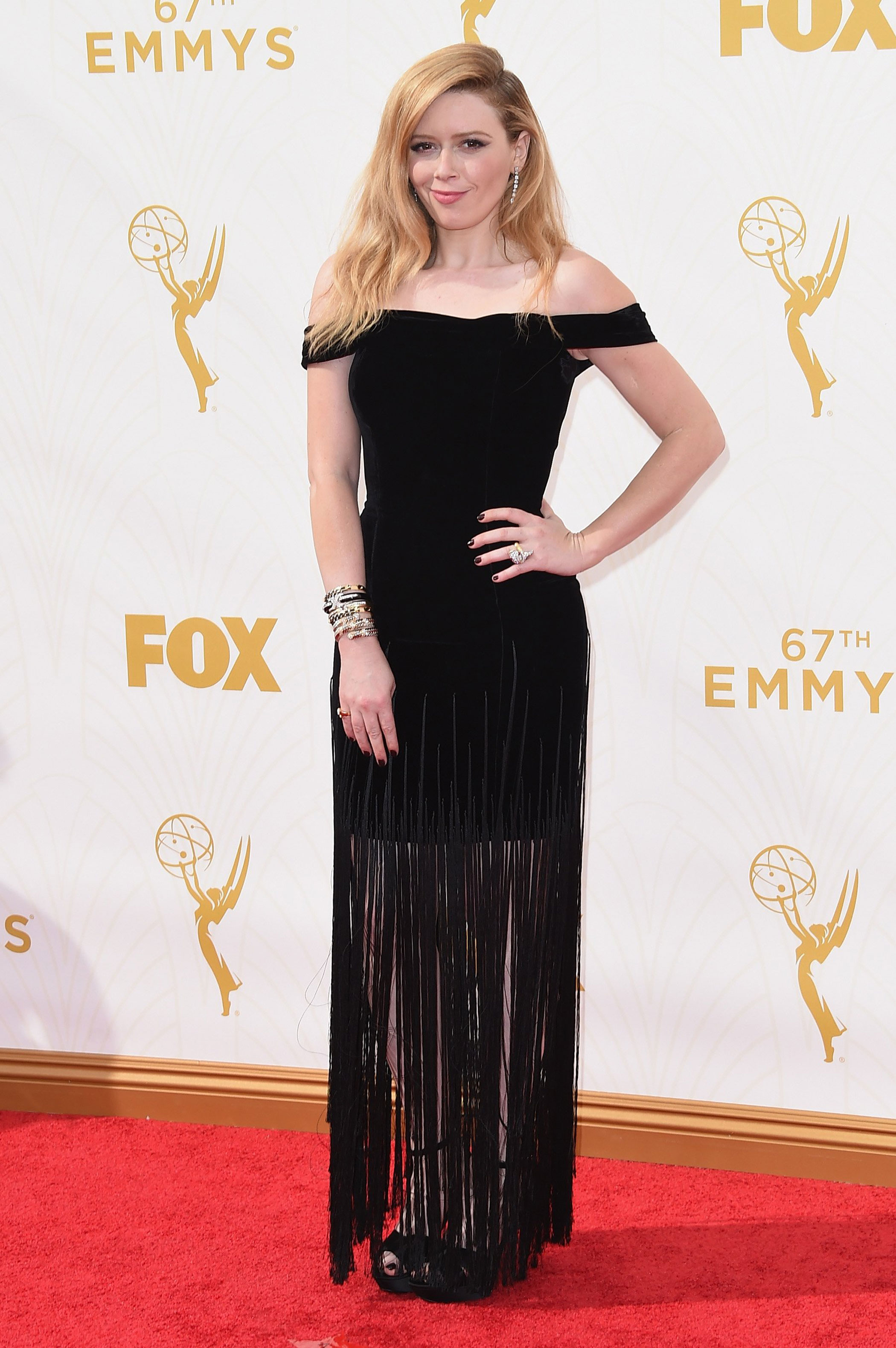
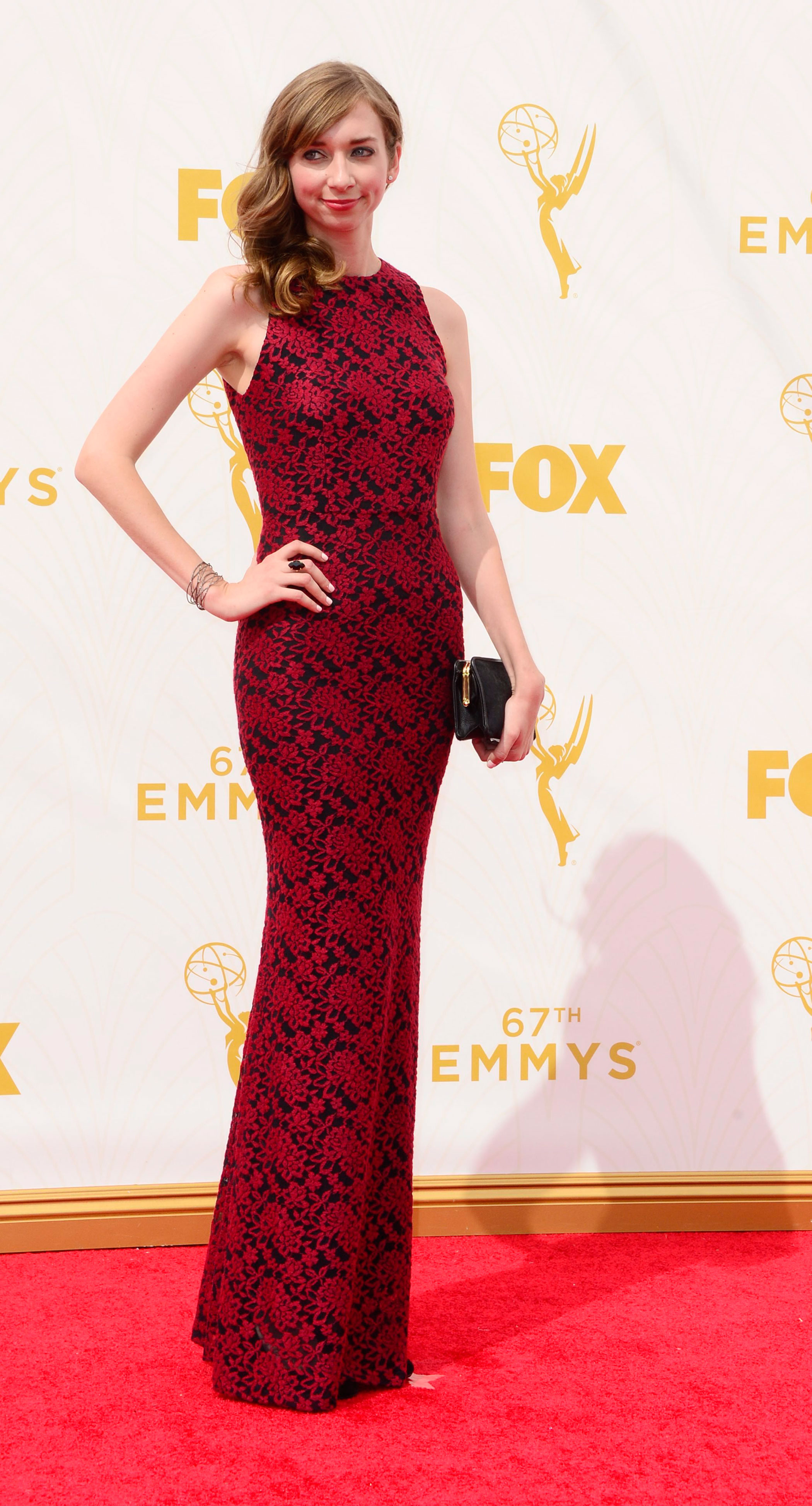
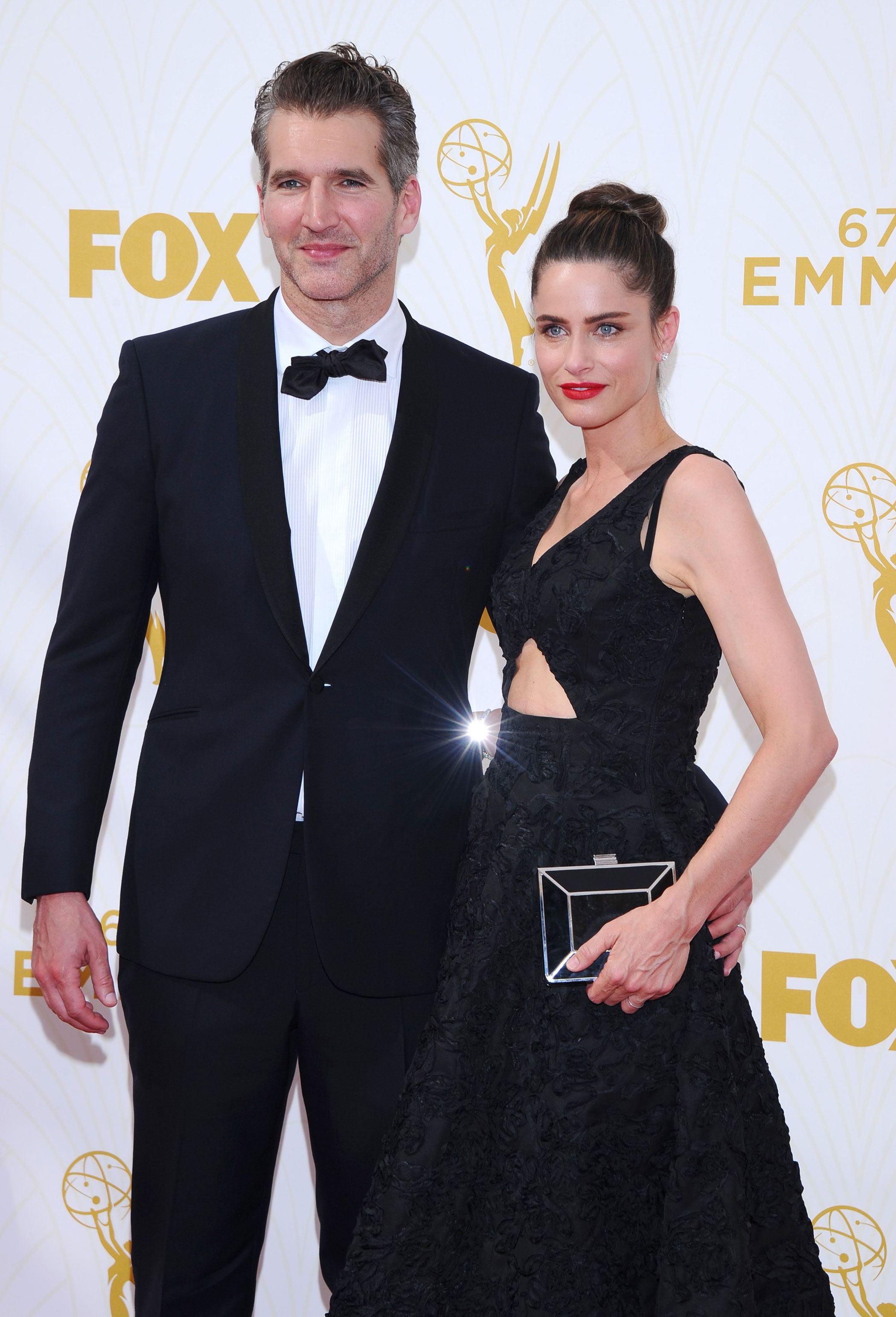
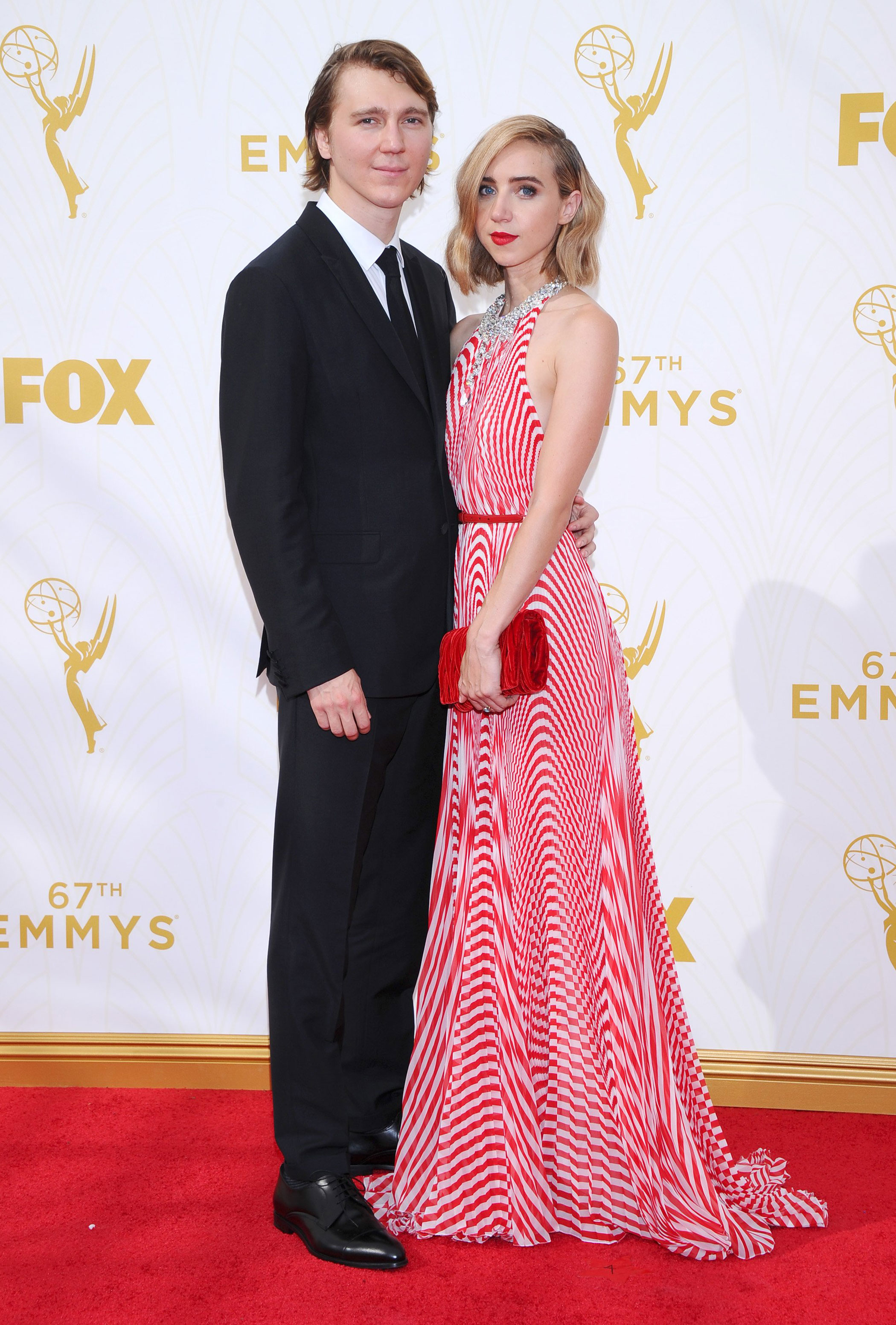

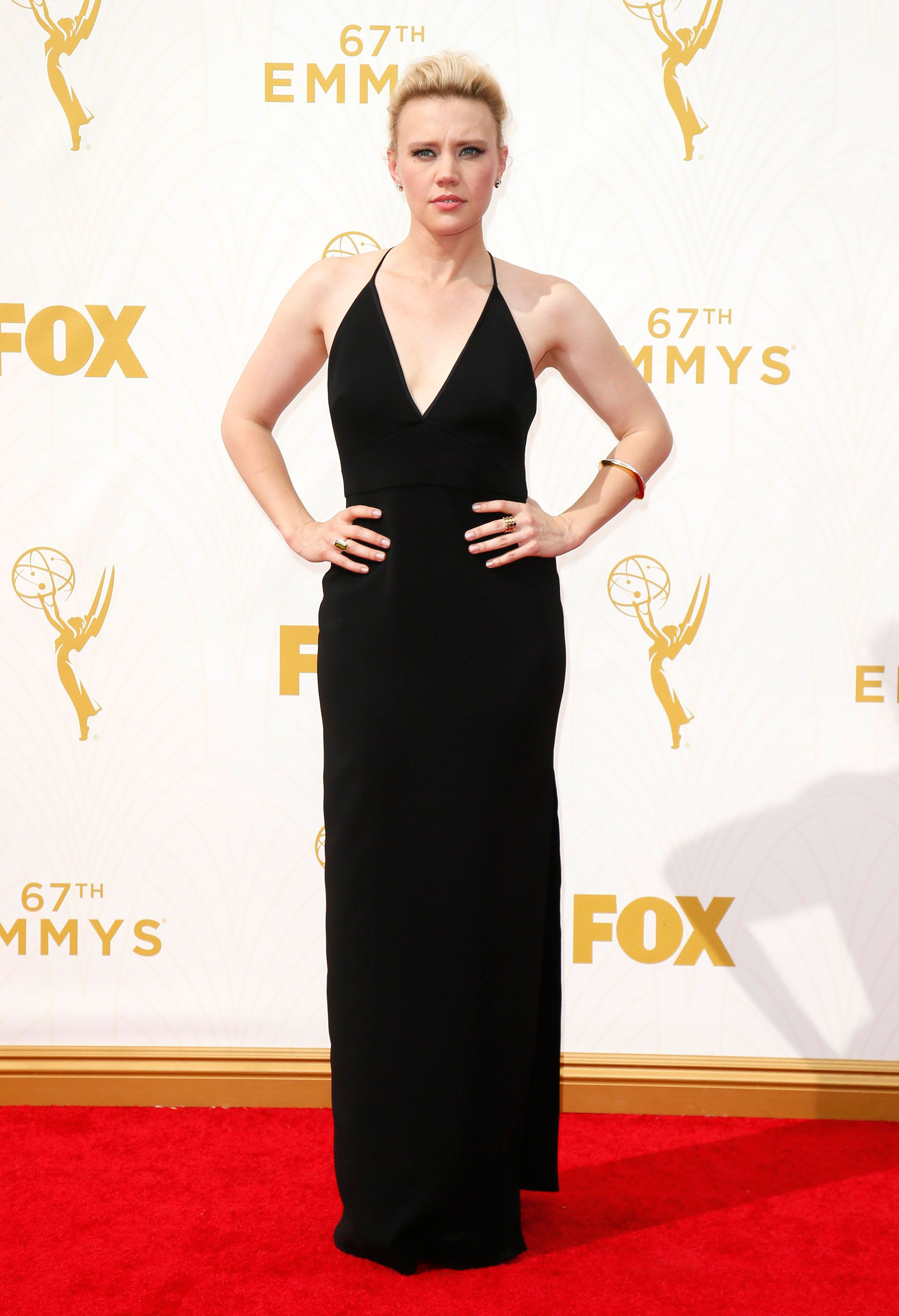
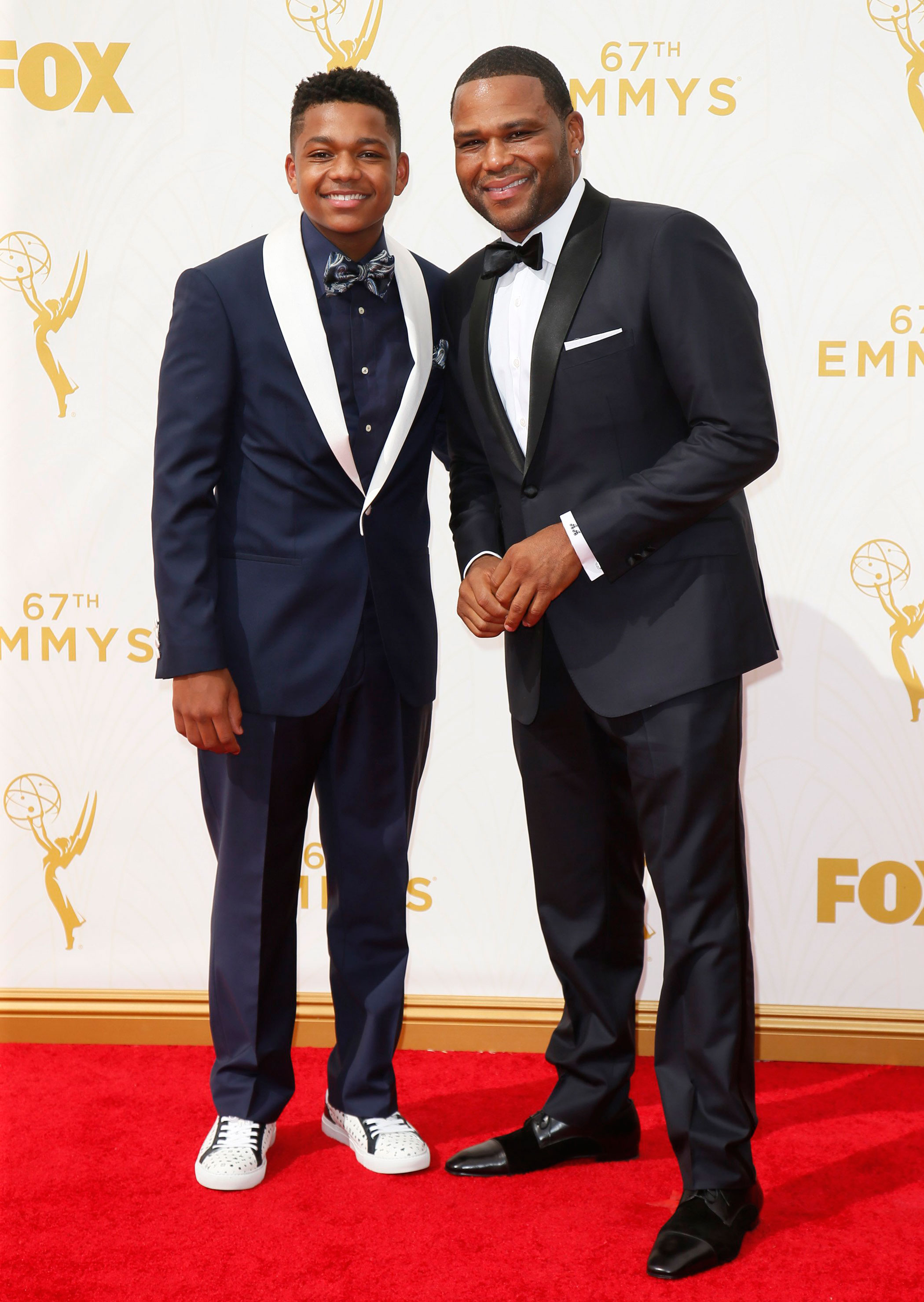
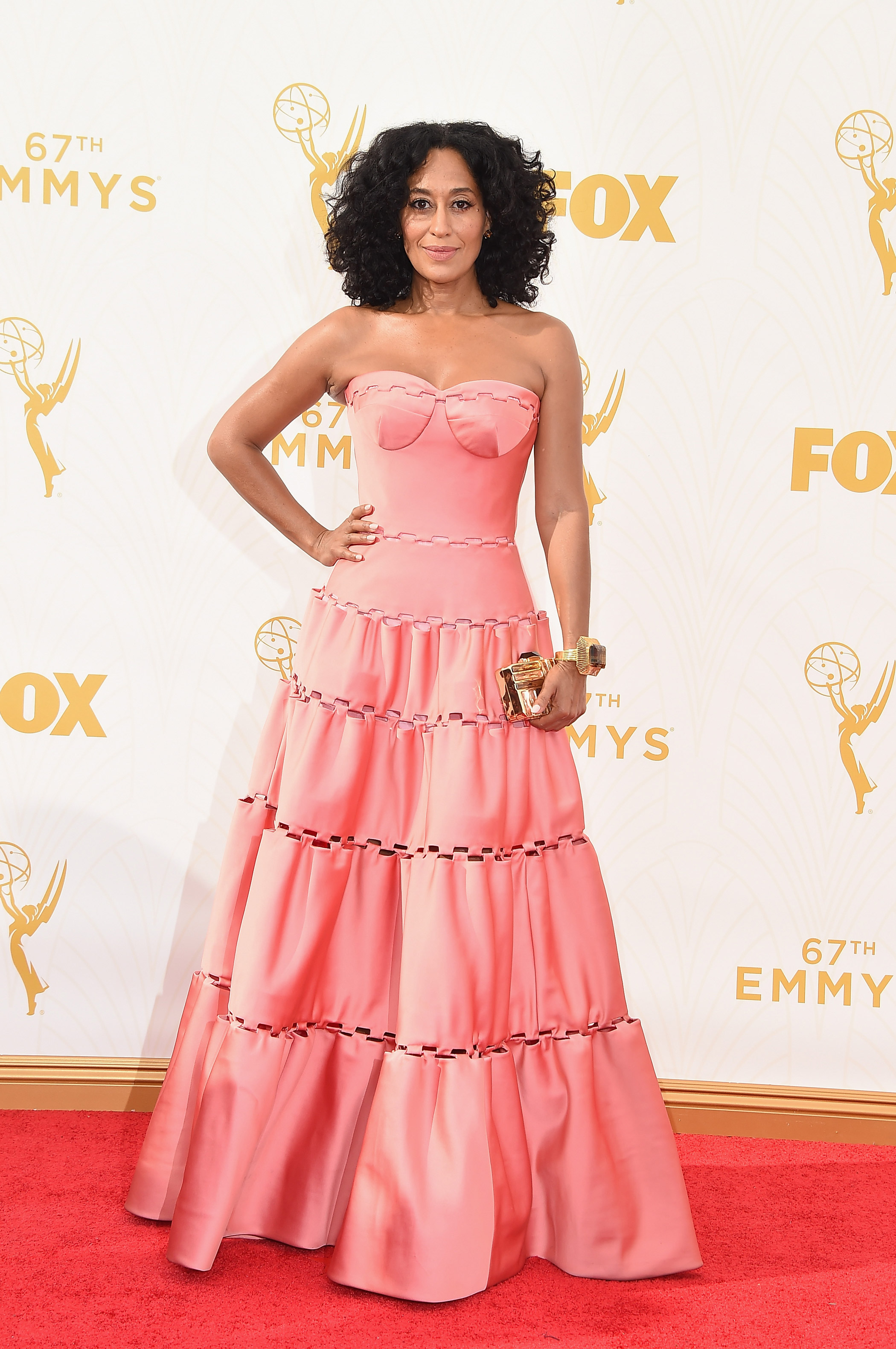
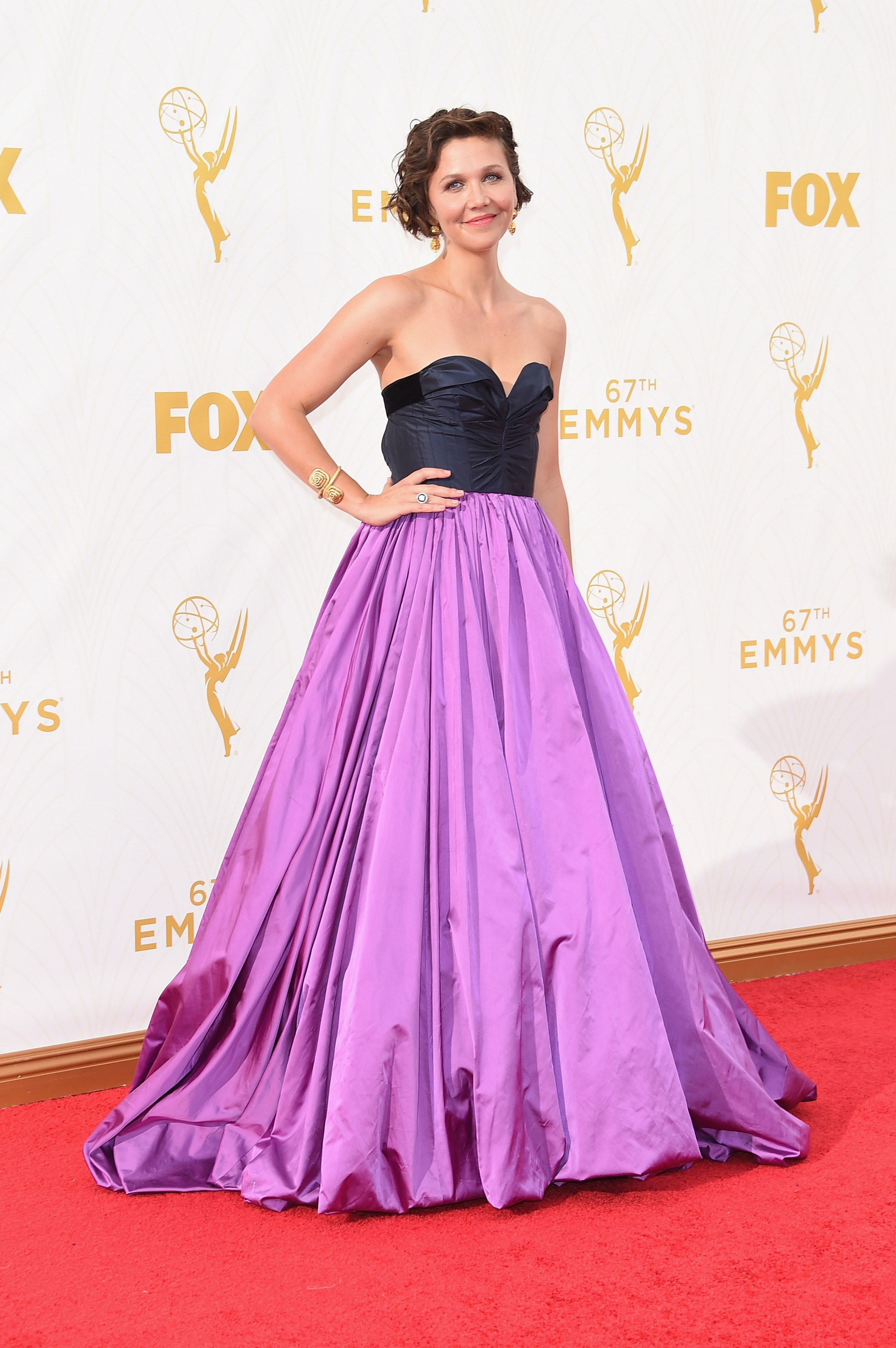
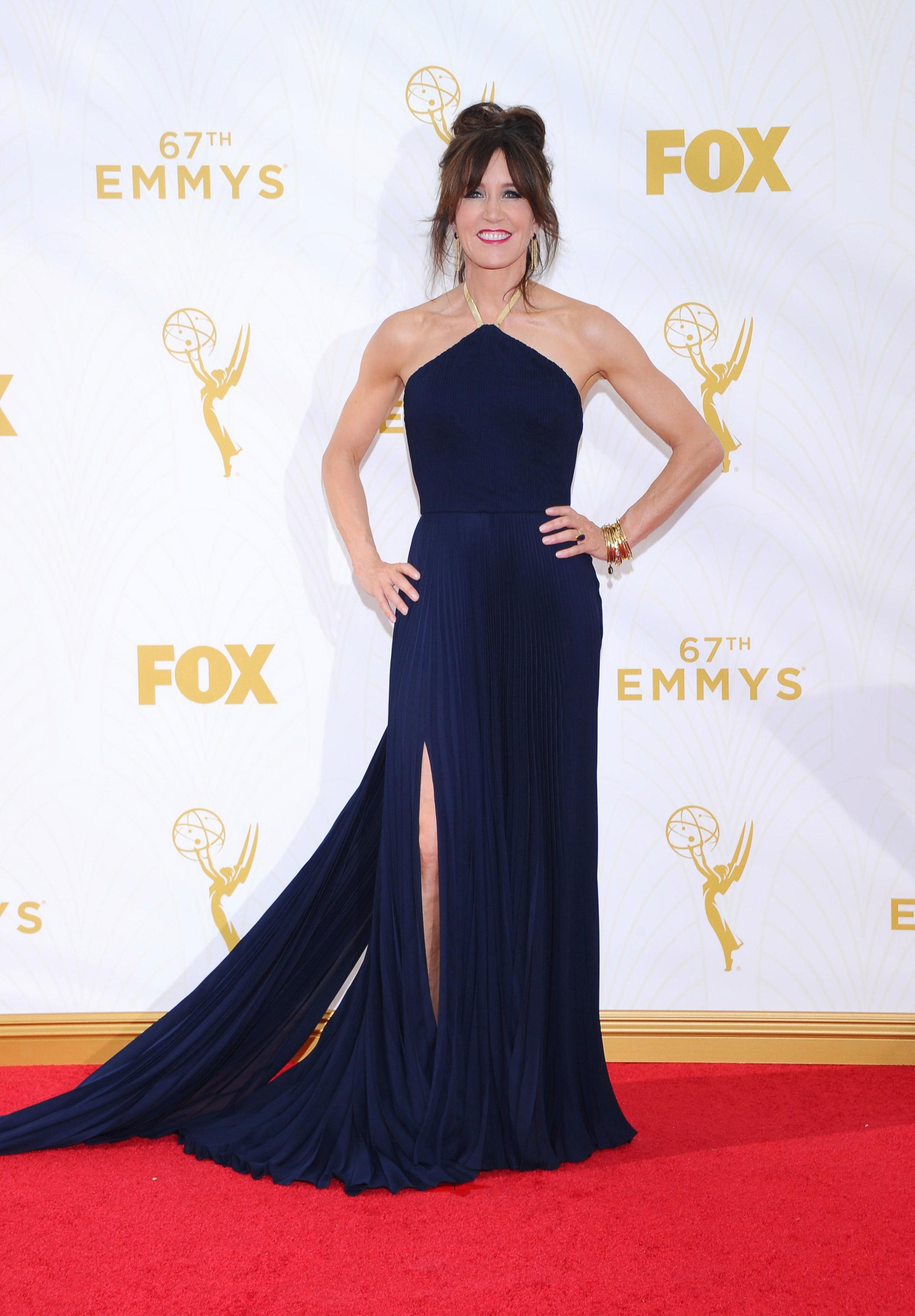
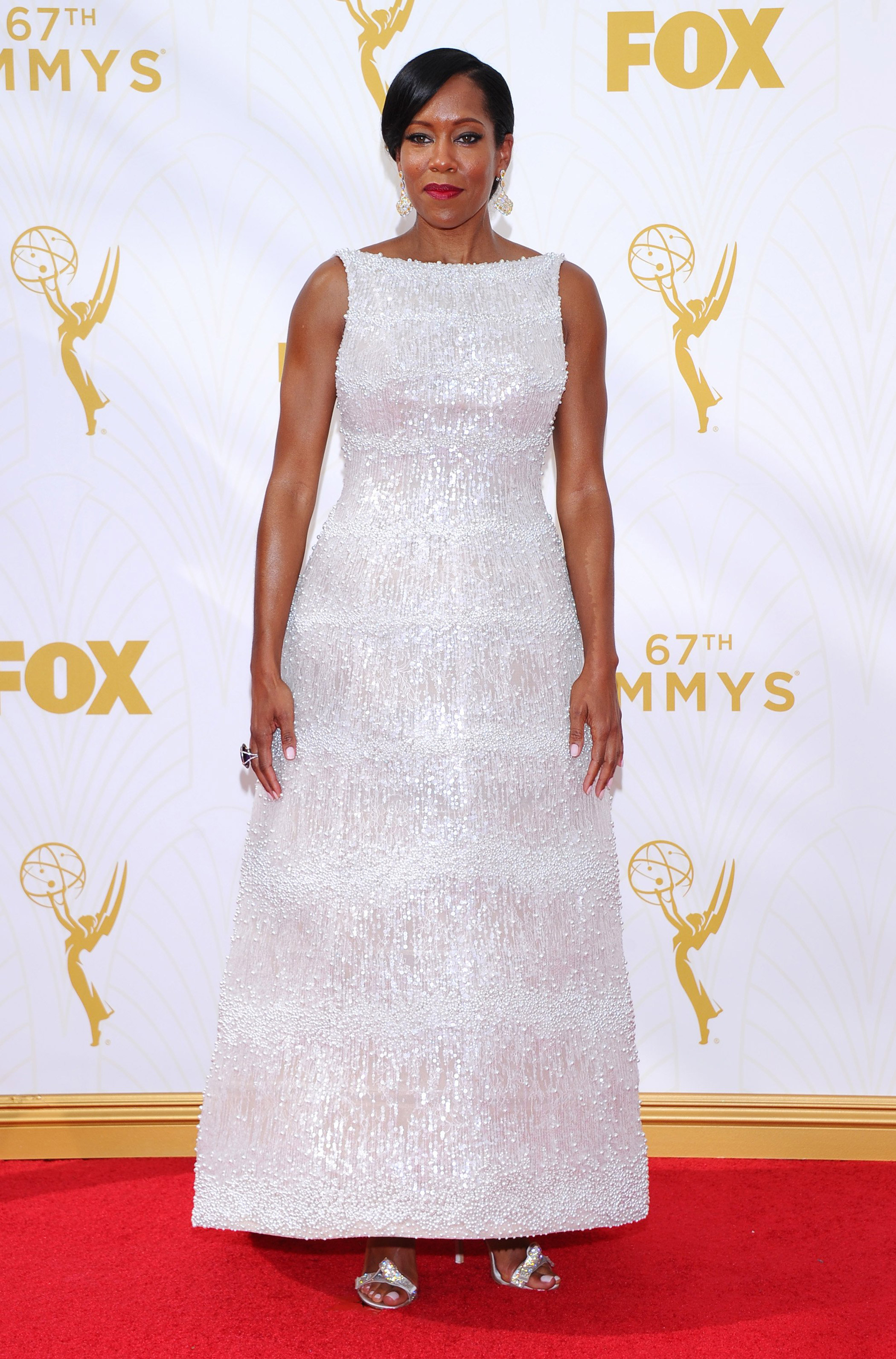
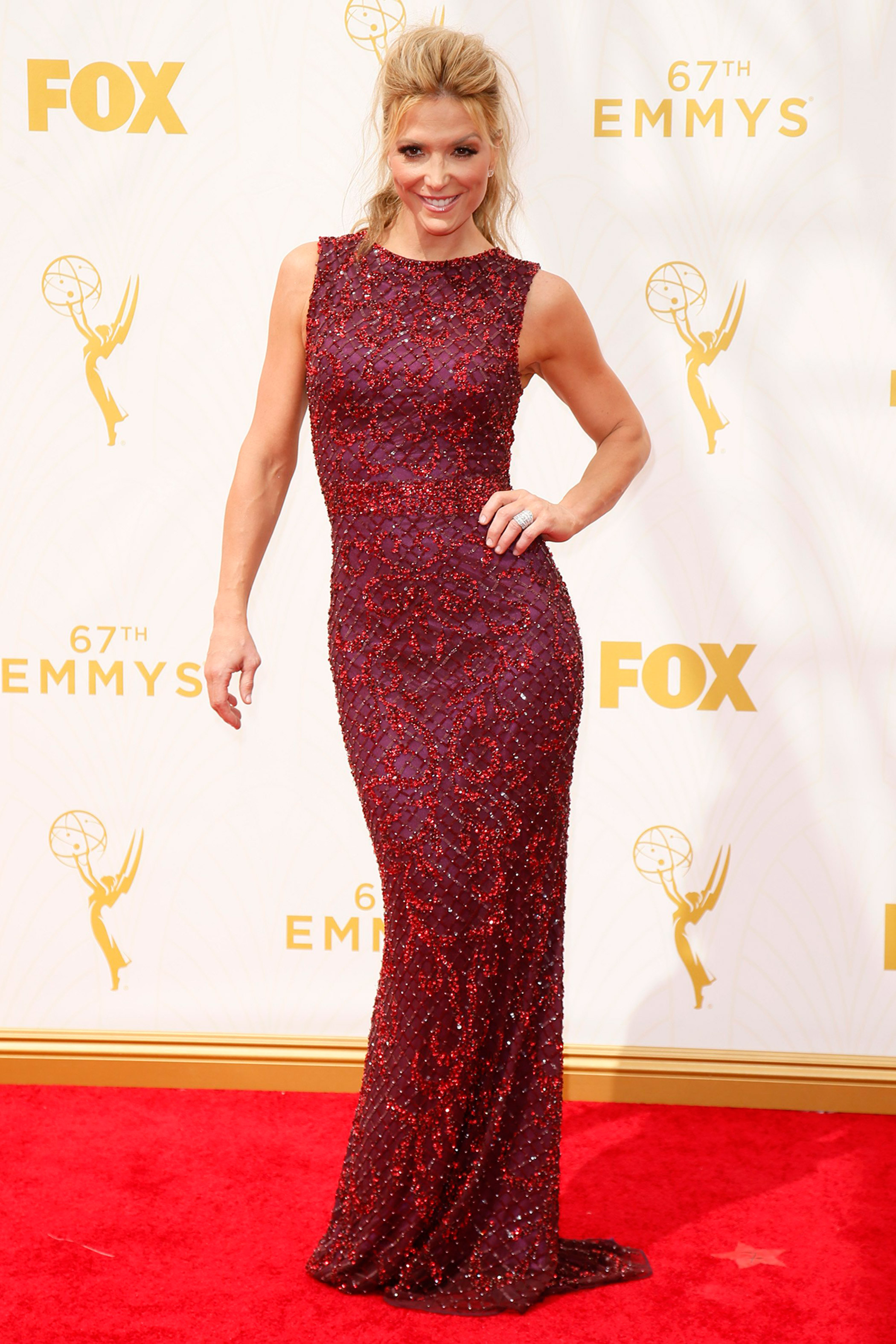
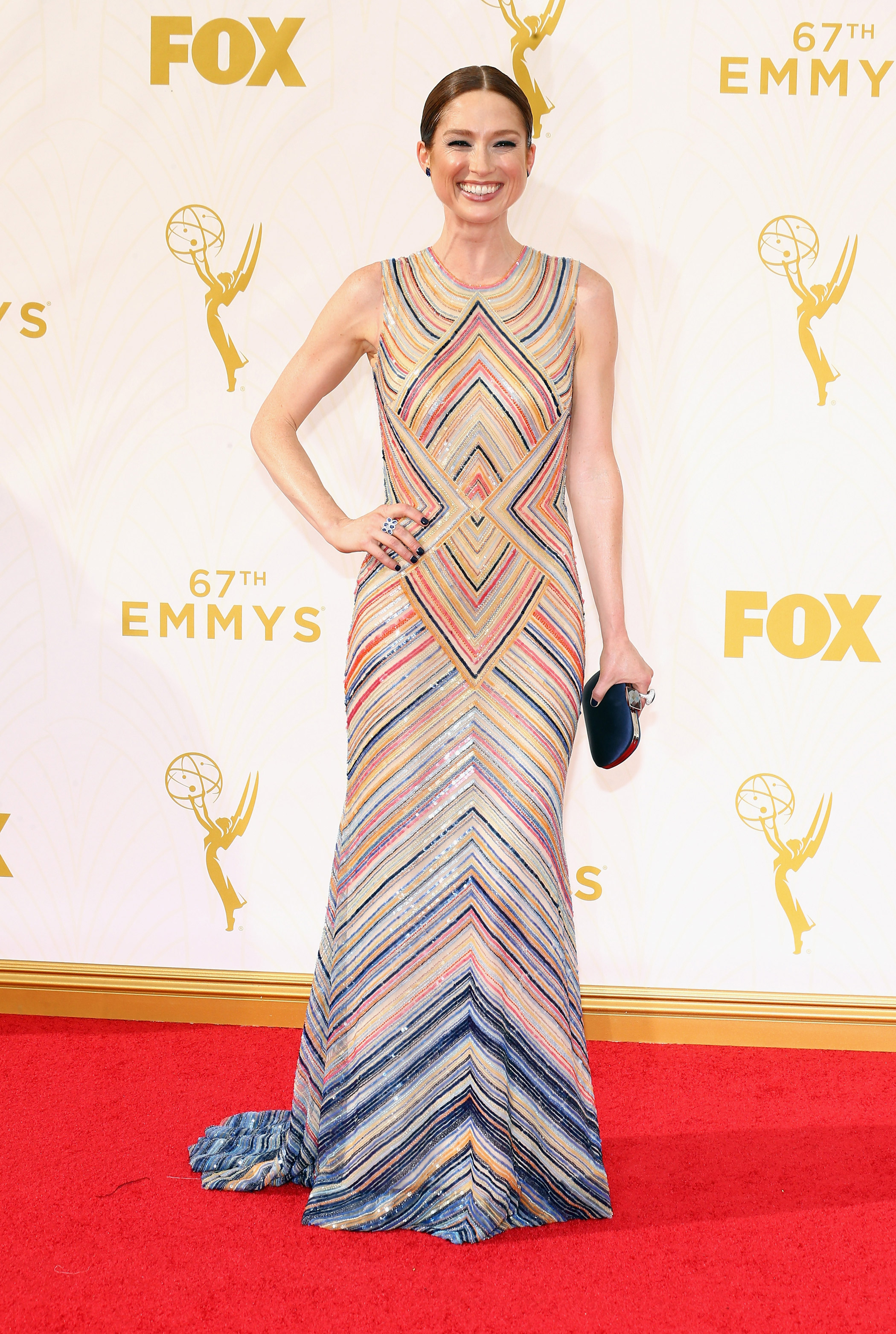

More Must-Reads from TIME
- Caitlin Clark Is TIME's 2024 Athlete of the Year
- Where Trump 2.0 Will Differ From 1.0
- Is Intermittent Fasting Good or Bad for You?
- The 100 Must-Read Books of 2024
- Column: If Optimism Feels Ridiculous Now, Try Hope
- The Future of Climate Action Is Trade Policy
- FX’s Say Nothing Is the Must-Watch Political Thriller of 2024
- Merle Bombardieri Is Helping People Make the Baby Decision
Contact us at letters@time.com